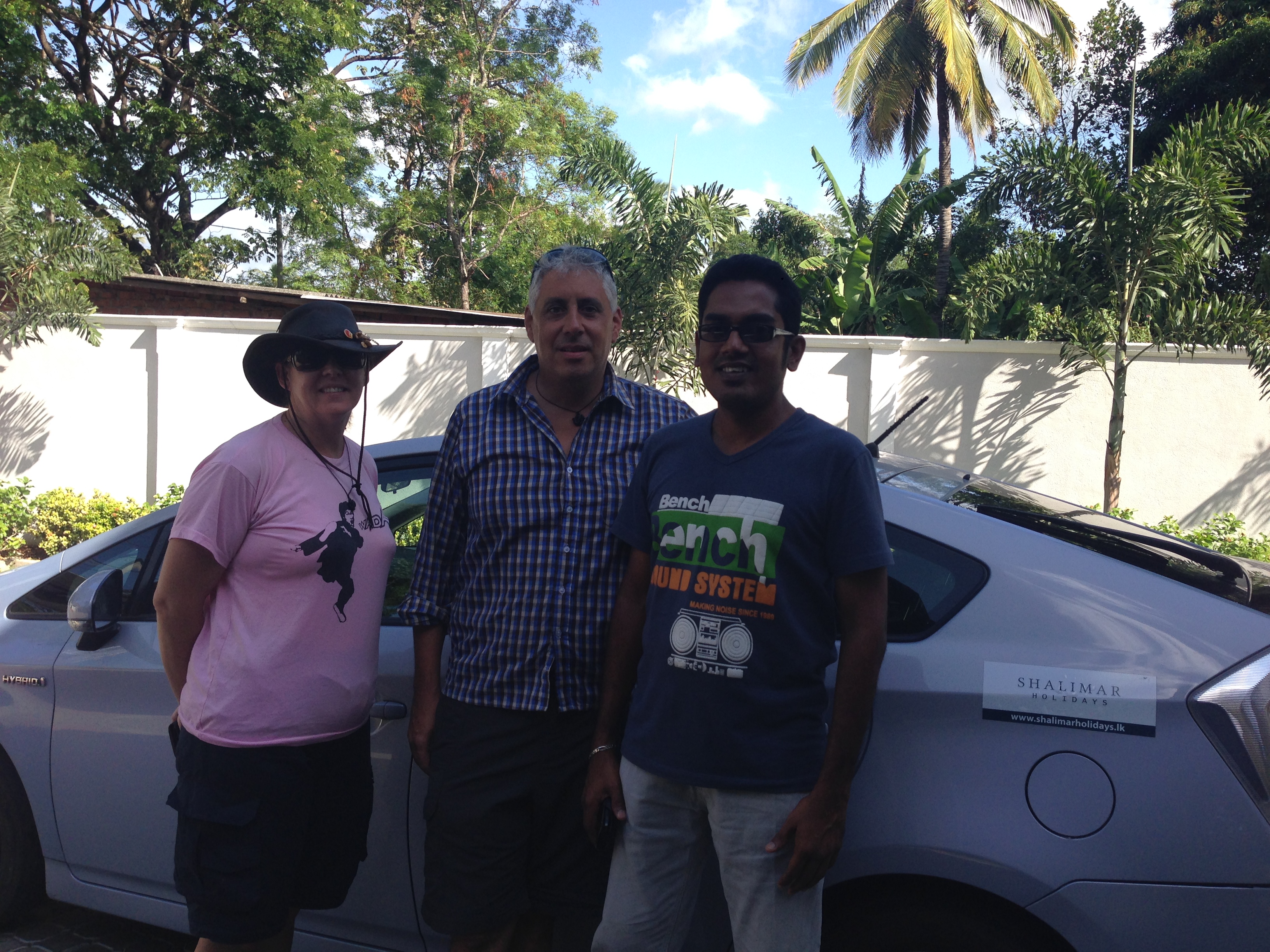Overview
I had never previously considered Sri Lanka as a holiday destination but having been here…I will come back and would highly recommend it for anyone reading. This place is fantastic. The people are lovely, the food is great, you don’t have to fight all day haggling with tuk tuk drivers (or anyone else for that matter) trying to rip you off. The beaches are clean and the water is swimmable, the seafood is freshly magnificent and everything (that the government doesn’t control) is cheap. Our 4 days on the beach cost us about $35 a night for nice accommodation with breakfast included. The food and drink bill ran to about $65 for the whole time…this included 2 meals a day (breakfasts were included in accommodation), all drinks. And when you factor in that our meals were generally fresh fish and prawns, this is seriously good value.
The ability to see elephants and leopards in the wild, the conservation efforts and the rebuilding after years of warfare is truly encouraging. The natural scenery is stunning, and the attitude and friendliness of all you meet will amaze you. The only detractor is the facilities run by the government which seem hellbent on bilking the tourist out of every cent that they can.
Sri Lanka is definitely the jewel of South Asia and should be placed high on any list of places to be experienced. The war is over and the infrastructure is improving and this place will only get better. I hope that they keep their current trajectory of encouraging tourism without cheapening the experience. I would hate to see this turned into a tourist hell hole, because quite frankly the place is stunning as it is. While we did not make it there…the locals tell us that the beaches on the eastern side of the island are even more pristine and less crowded.
If that is the case…bring it on.
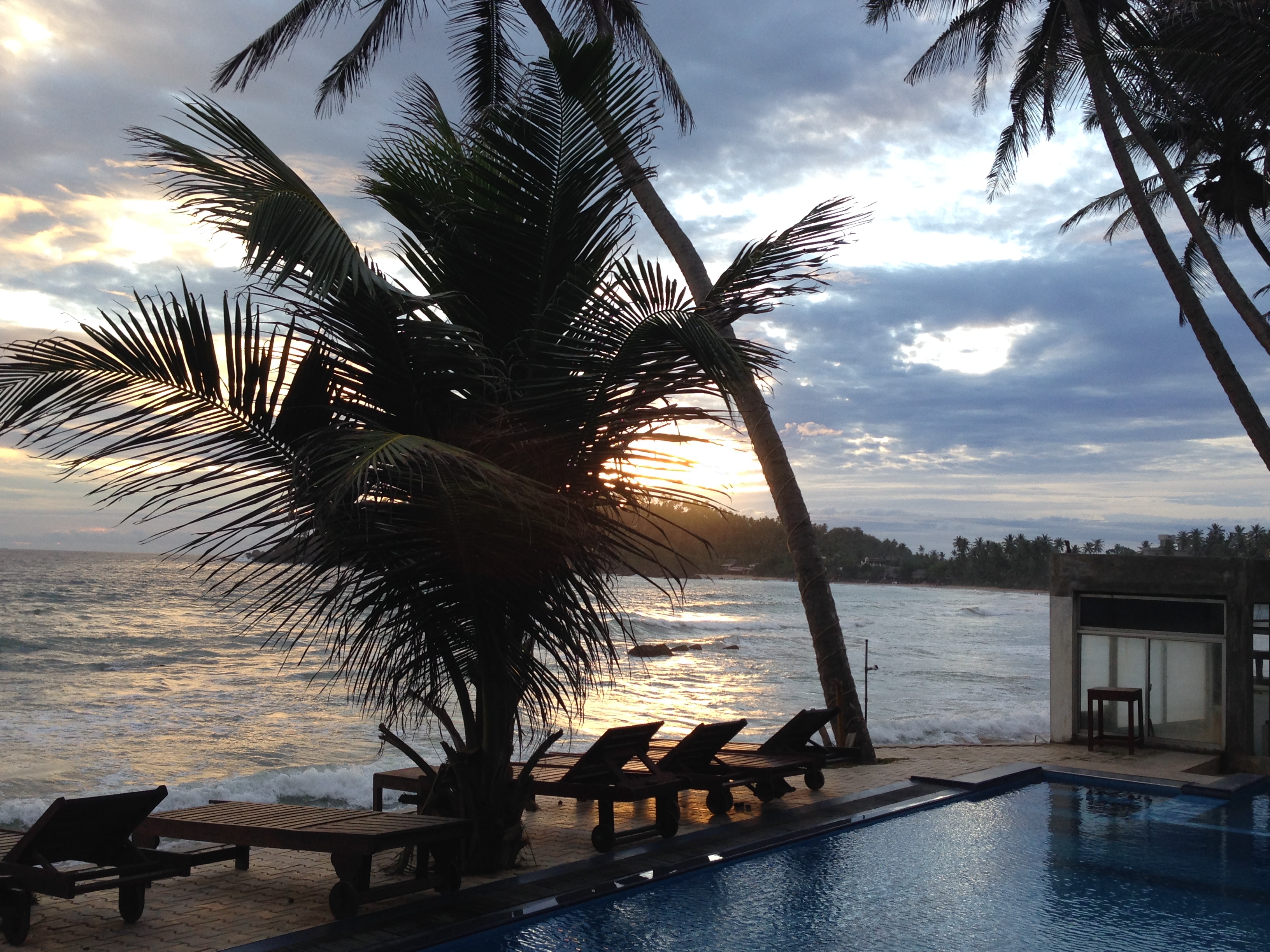
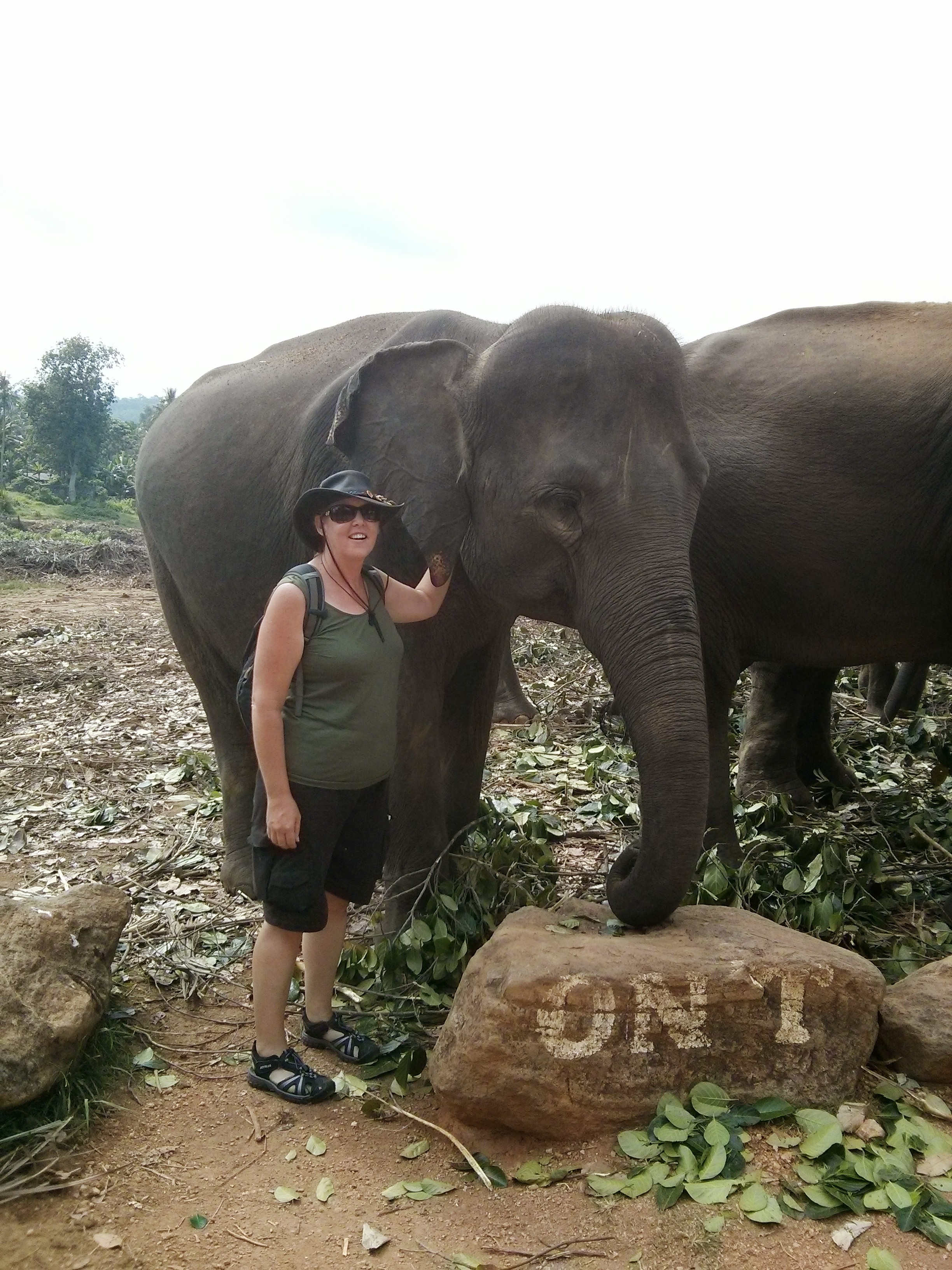
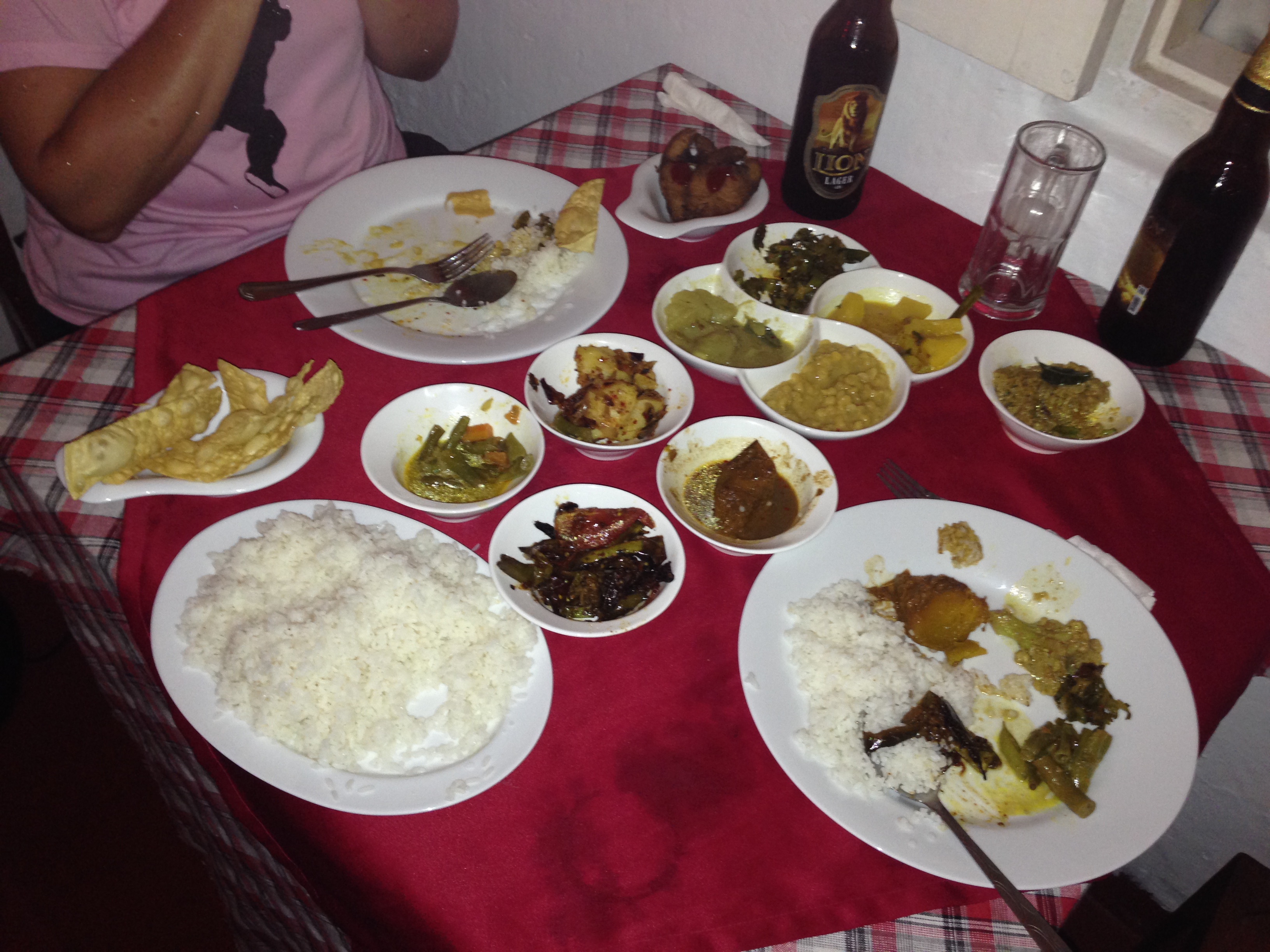
Colombo
While travelling through China we met a lovely Sri Lankan couple who spoke highly of the place and our visiting. We had kept in touch through Facebook and when we decided to come they could not have been more helpful. even to the point of getting cricket tickets for us for the second day in town. Alas our journey to Sri Lanka started with disappointment before we even arrived. The original plan was to attend a ODI cricket match in Colombo between Sri Lanka and Pakistan but weather set in and they moved the date forward and changed the venue meaning that we missed out.
We arrived in Colombo after a 22 hour transit from Beijing via Kuala Lumpur in Malaysia. Air Asia X provided a good cheap flight option that was very enjoyable but sadly was ruined by Jill’s bag being all but destroyed, when she went to complain she was told it was minor damage that they would not even take a report for…and that she should claim it on travel insurance. After a rant about customer service she left unsatisfied and ignored.
We got in to Sri Lanka and were immediately struck by how unlike India this place is. It is clean, tidy and people have pride in their surroundings and the environment in general. We were picked up, driven to the hotel, got our local phone, had a meal and some local beers and met up with Ruwan (our Sri Lankan mate from China) all within 90 minutes of being in country. A bunch of tuk tuk rides later and a foray into local street food (shrimp including the shells and heads etc mashed into a paste, made into a rissole, deep fried, smothered in chilli, topped with onion) we had seen Colombo by night and plans were made for the next day.
The day started with meeting up with Ruhan outside Town Hall near the Buddha statue and a walk through Viharamahadevi park which is opposite. This was a really pleasant walk in the shade. Sri Lanka is hot but not excessively so…Colombo is blessed by awesome sea breezes almost all day so the heat is immediately bearable. We hit the National museum which was ok content wise by museum standards but the building and the grounds were spectacular. There were massive Banyan trees throughout the grounds that must have been many centuries old and even for a botanical heathen like myself they were the highlight.



Having headed out we did the tourist schlepp chauffeured by our mate and hit Independence Square, Beira Lake, slave island, the lighthouse, Sambodhi Chaitiya dagoba, a market for some shopping and a massive lunch, Gangaramaya Buddhist Temple, old Dutch hospital, Hindu temple, grand mosque, Parliament House. We stopped for cold drinks and fresh juices throughout the day and generally had a really pleasant time. No harassment, no filth, no drama.




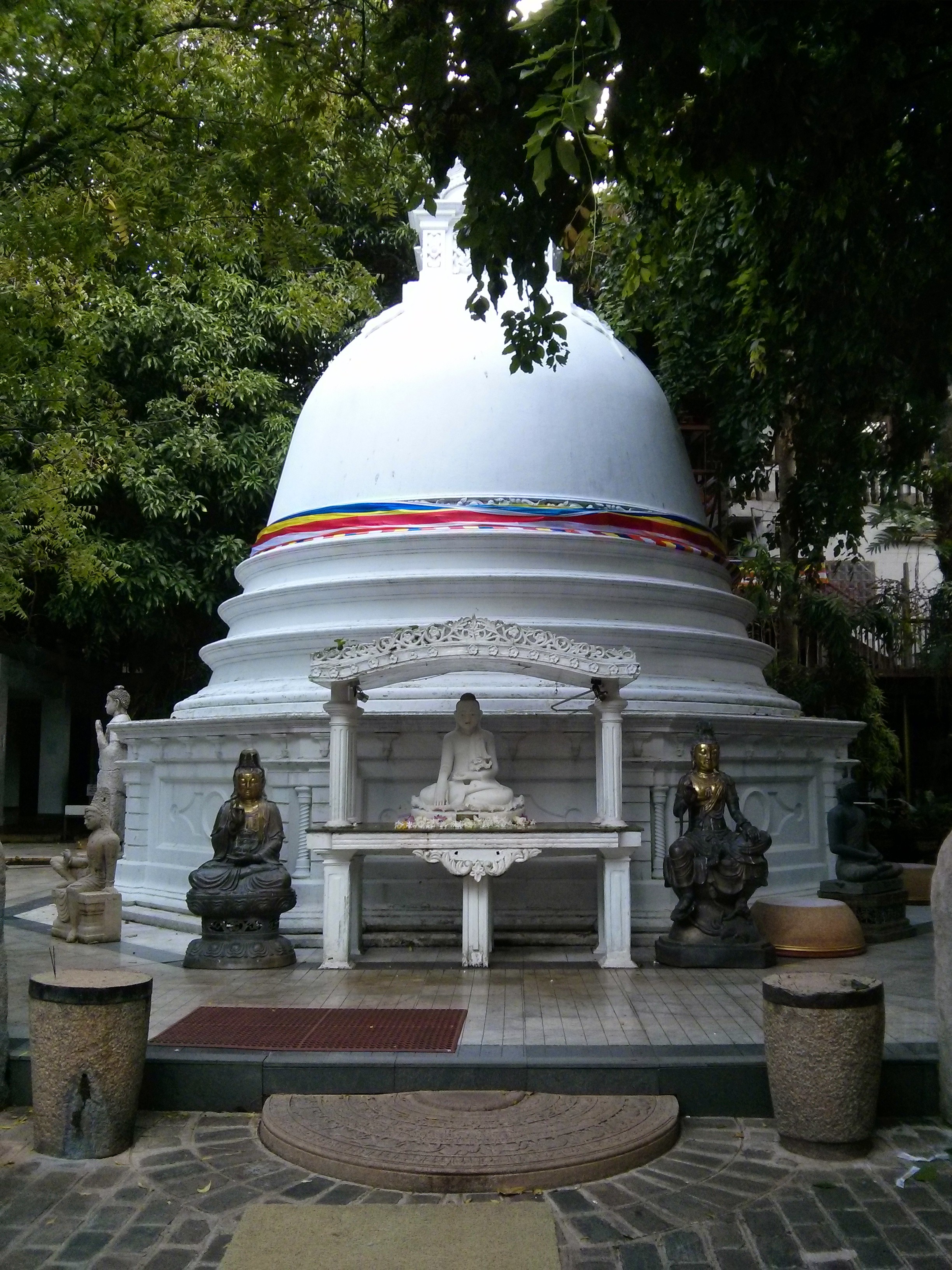

At sunset we headed to Galle face green which is a magnificent stretch of green lawn directly fronting onto the beach, with sea breezes and throngs of people day or night. The place has the Sri Lankan flagpole and at sunset the military ceremony of the flag lowering, combined with the sun going down over the Indian Ocean is not to be missed. As the breeze blows permanently off the ocean the area is full of parents flying kites of all varieties with their kids.



On the food front we have been absolutely spoilt. The main dish is Kottu or “Koththu Roti” which is a Sri Lankan version of left overs in a fried rice. While notionally leftovers it is made fresh almost everywhere with your choices of fillings but vegetables, egg, shredded roti, onions and rice are the staples and you pick and add the bits you want added. This is generally done on a flat BBQ plate and the clatter of flying metal scrapers as they chop and mix the concoction is both mesmerising and deafening.



My favourite both before I came and since being here is the egg hoppers. Wiki tells me that “hoppers are made from a fermented batter of rice flour, coconut milk and a dash of palm toddy”. The unique part is that hoppers are cooked in small “wok” like rounded pans so the dough cooks thick and soft on the bottom, and thin and crunchy around the edges. Add to this the string hoppers and the plain hoppers with some of the ever present pickles, chutneys and sambol and you have for yourself a great feed.



We headed out to Livinia Beach for a flash feed with Ruwan and his wife. It was a Chinese restaurant (of all things) right on the sand. The setting was spectacular with the lapping of the waves but the food was trash. This may be an ongoing issue for us as we cannot go to Chinese restaurants anymore as they will not be authentic. We already have our doubts about how authentic the Australian version of Indian is…we are now adding Sri Lanka, Vietnam, Cambodia, Laos and Thailand to the mix…we may be screwed on future take out options. Now the food at this restaurant was tasty enough but nothing like what we expected when we ordered.
Pinnawala, Kandy, Dambula caves and Sigiriya
We left Colombo on an inland tour…the hotel gave us an air conditioned car and driver (Damith) for 3 days at a very reasonable rate so we decided on an itinerary and off we went. The first day started with a drive to Kandy in the middle of the country. On the way we made a stop at the Pinnawala Elephant Orphanage. This joint costs $25 to get in (really expensive for these parts) but is worth every penny.
This ended up being a theme during our 3 day odyssey…the sights were nice but anything operated by the government was exorbitant for foreigners. Not obscene in real terms but rank in comparative terms. By way of example Sigiriya cost 40 rupees for a local and 3900 rupees for us and Polonnaruwa was 50 for a local and 3250 for us. Now we don’t mind paying extra but these were almost 10,000% price hikes.
The day at the orphanage starts with watching the adult elafunts eating and is followed by a baby elafunt bottle feeding session (for the grand total of $3 you can bottle feed a baby elafunt). About 45 minutes later you follow the funts to the river and watch them washing, bathing and generally frolicking for about 2 hours (or until you decide that you have had enough). We stopped for a free guided tour of the elephant poo paper factory, that takes you through the process of turning poo to paper products.
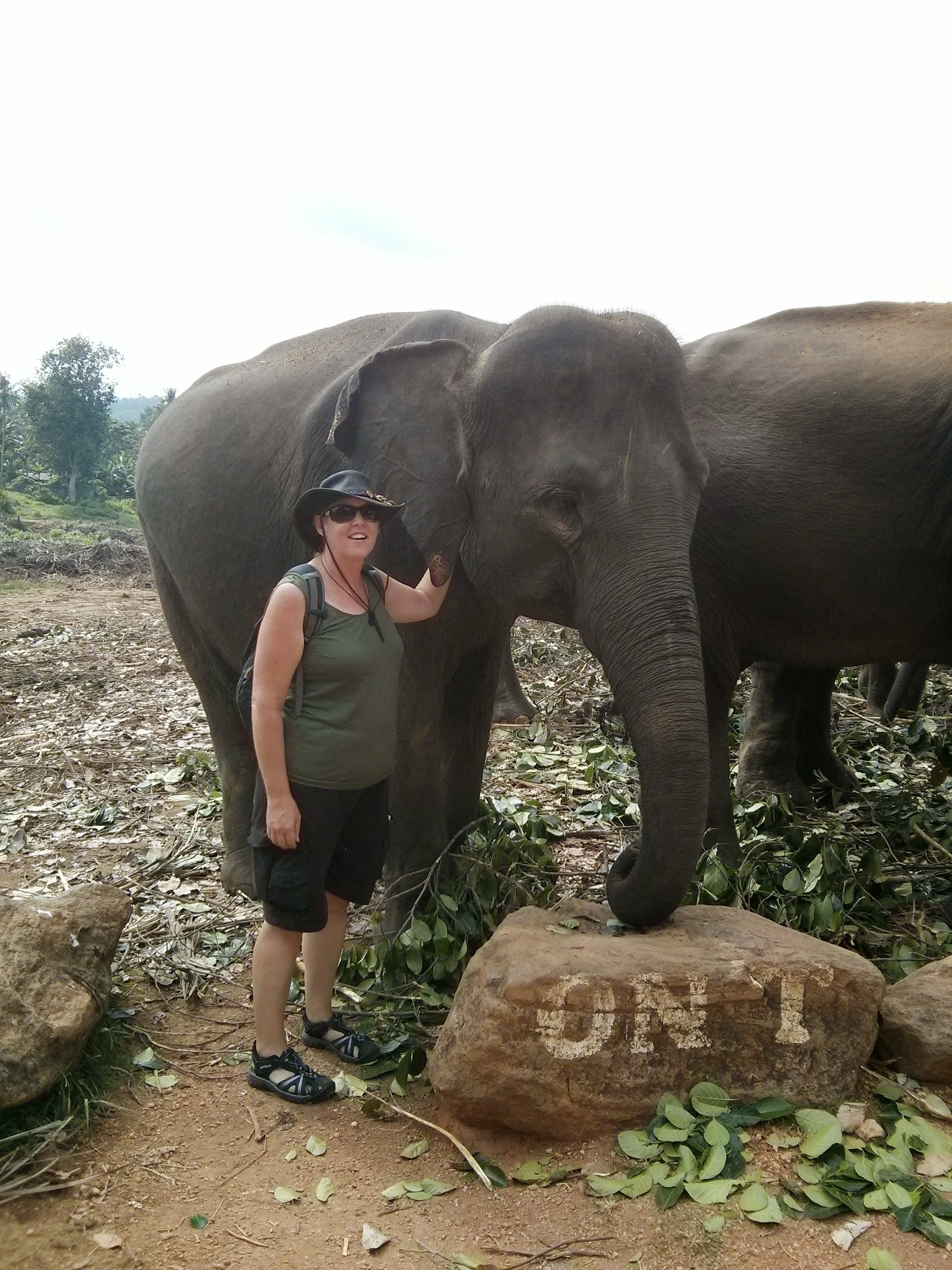
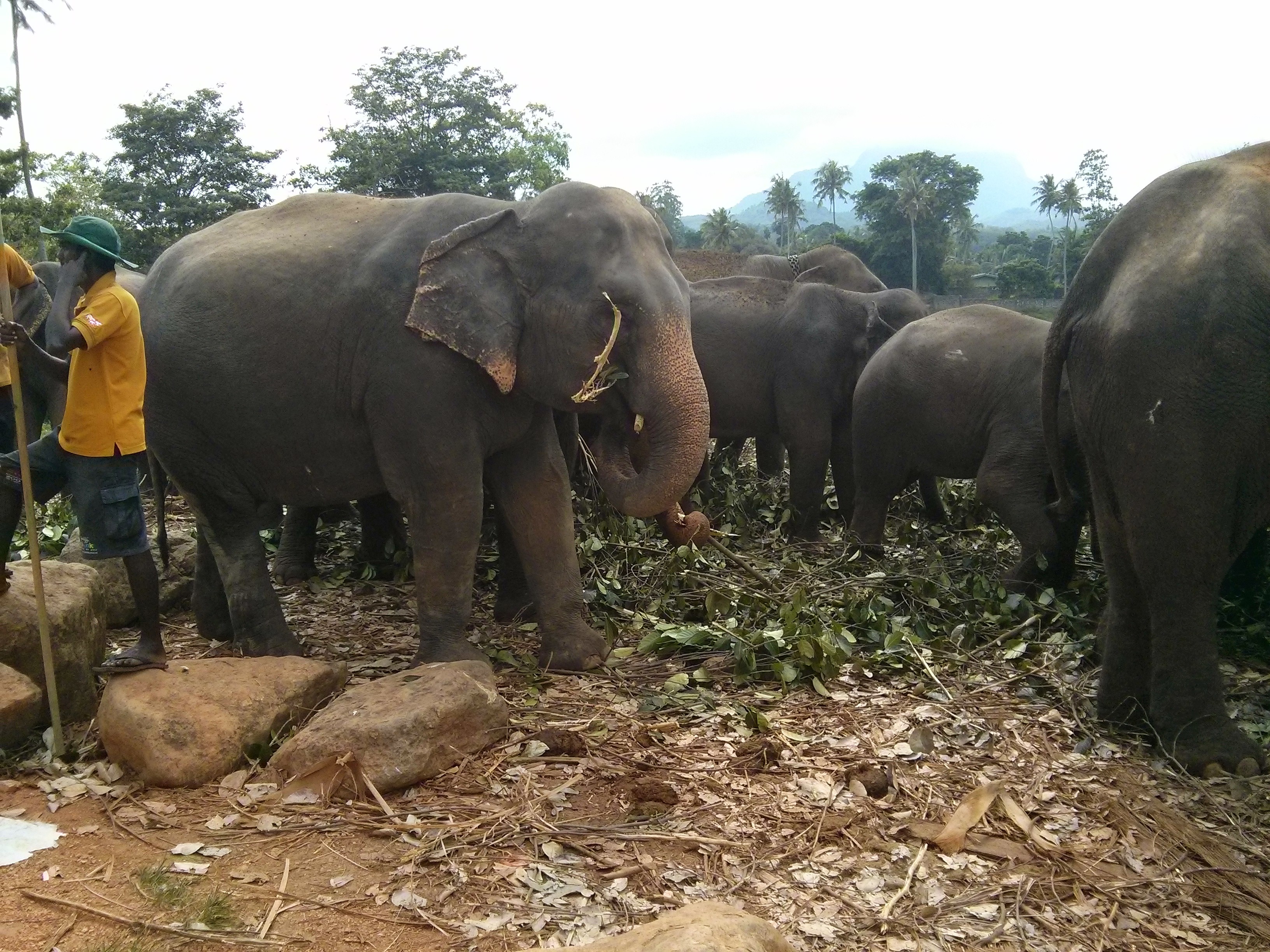
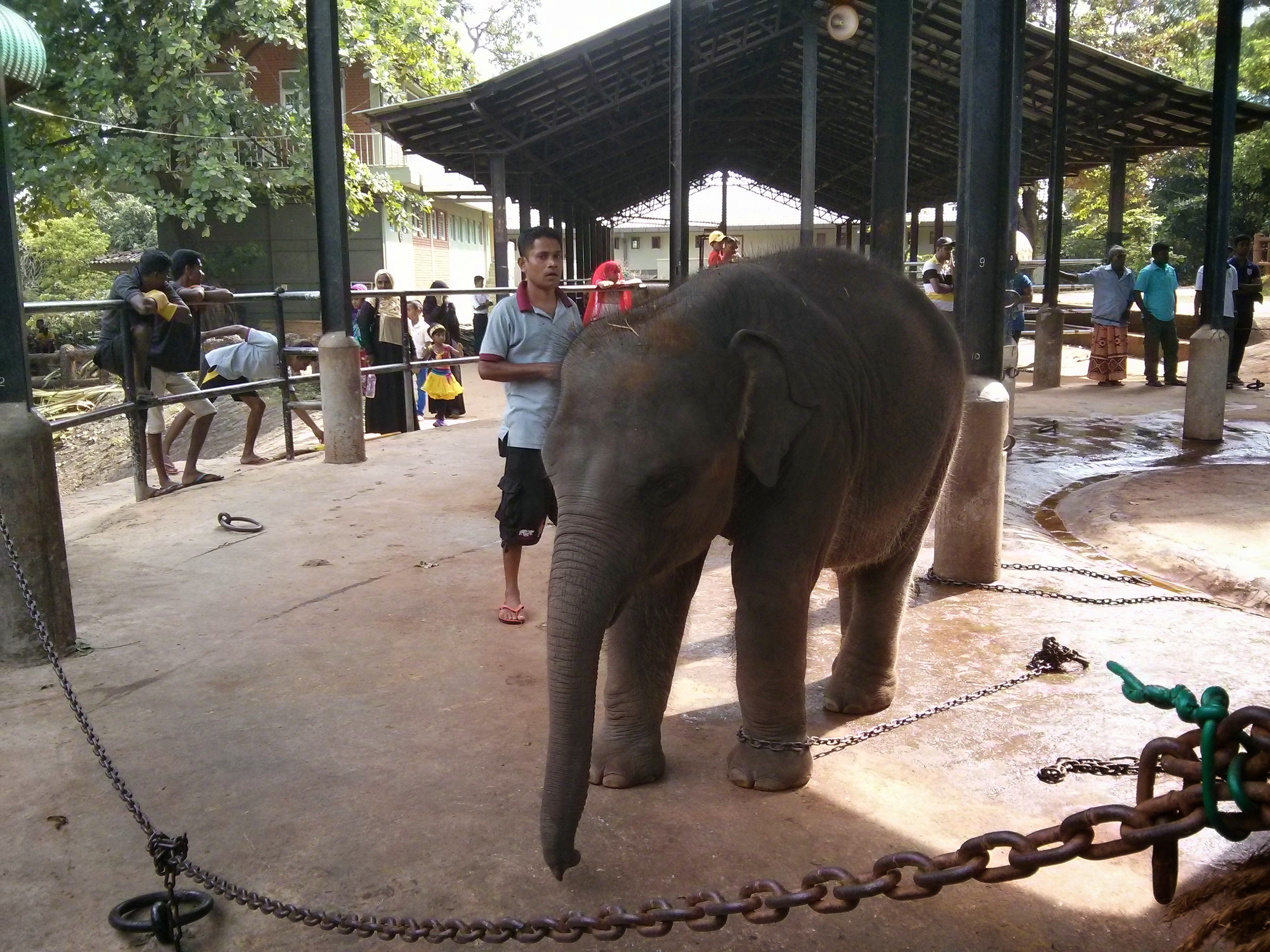
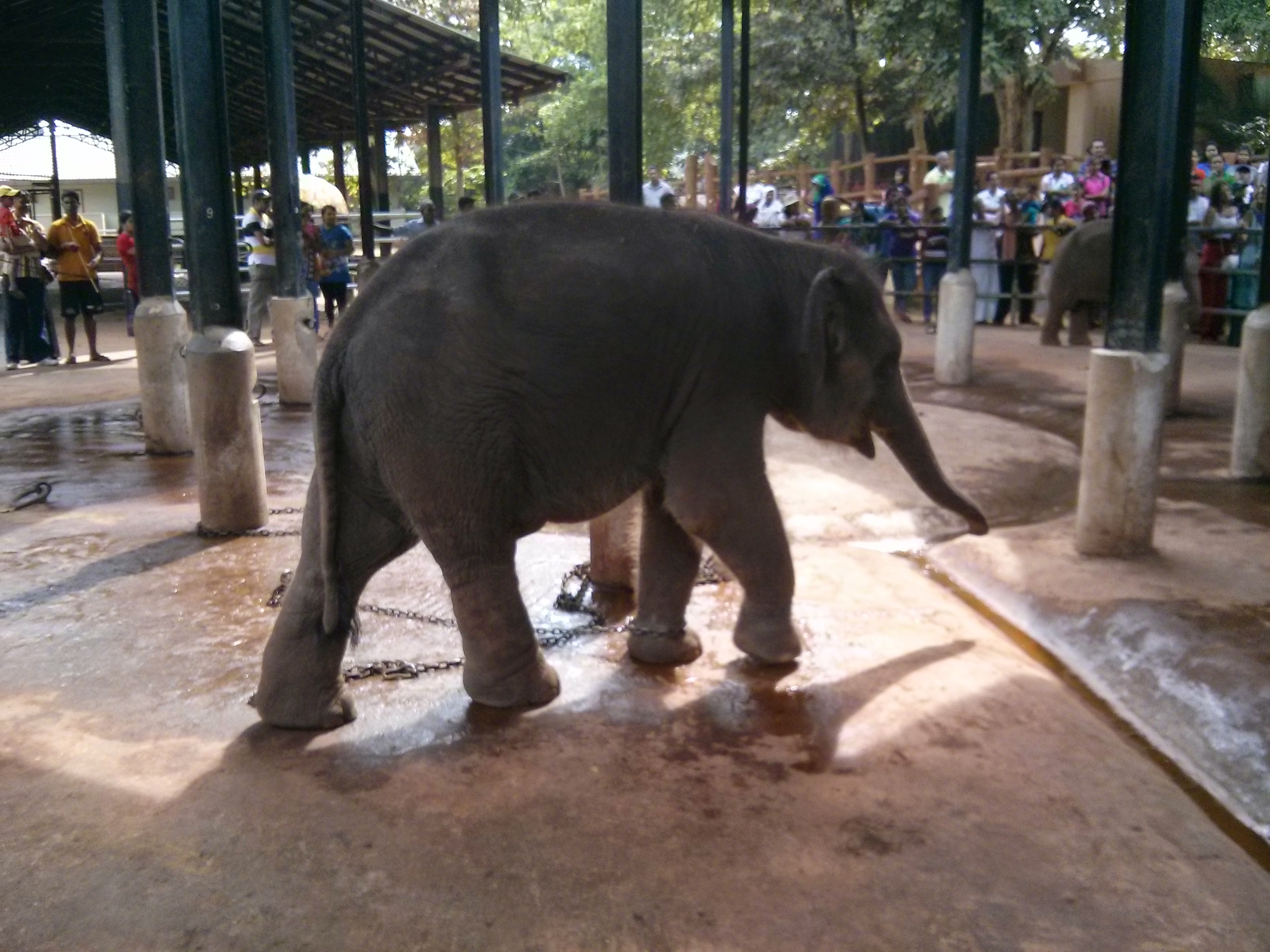
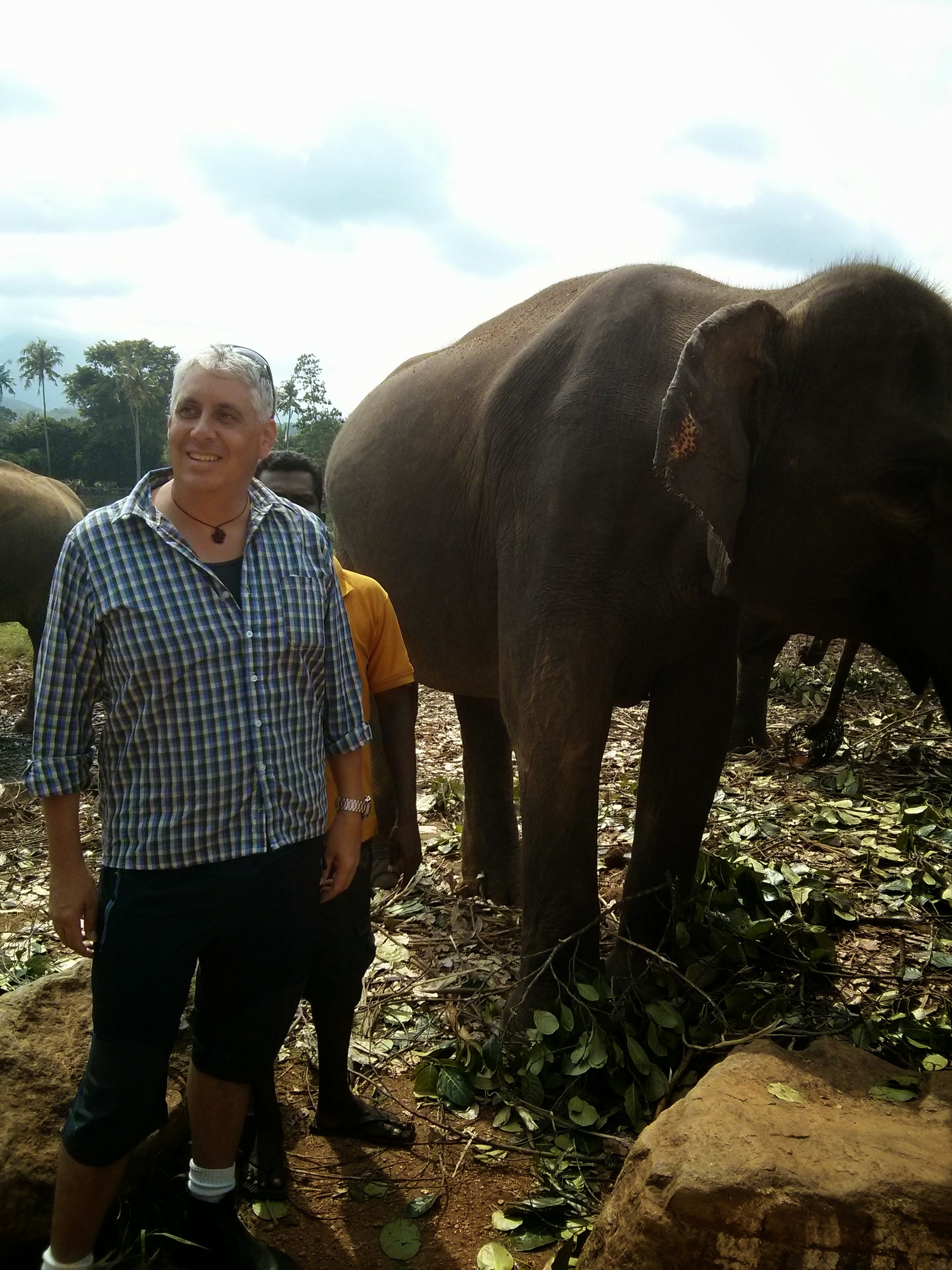
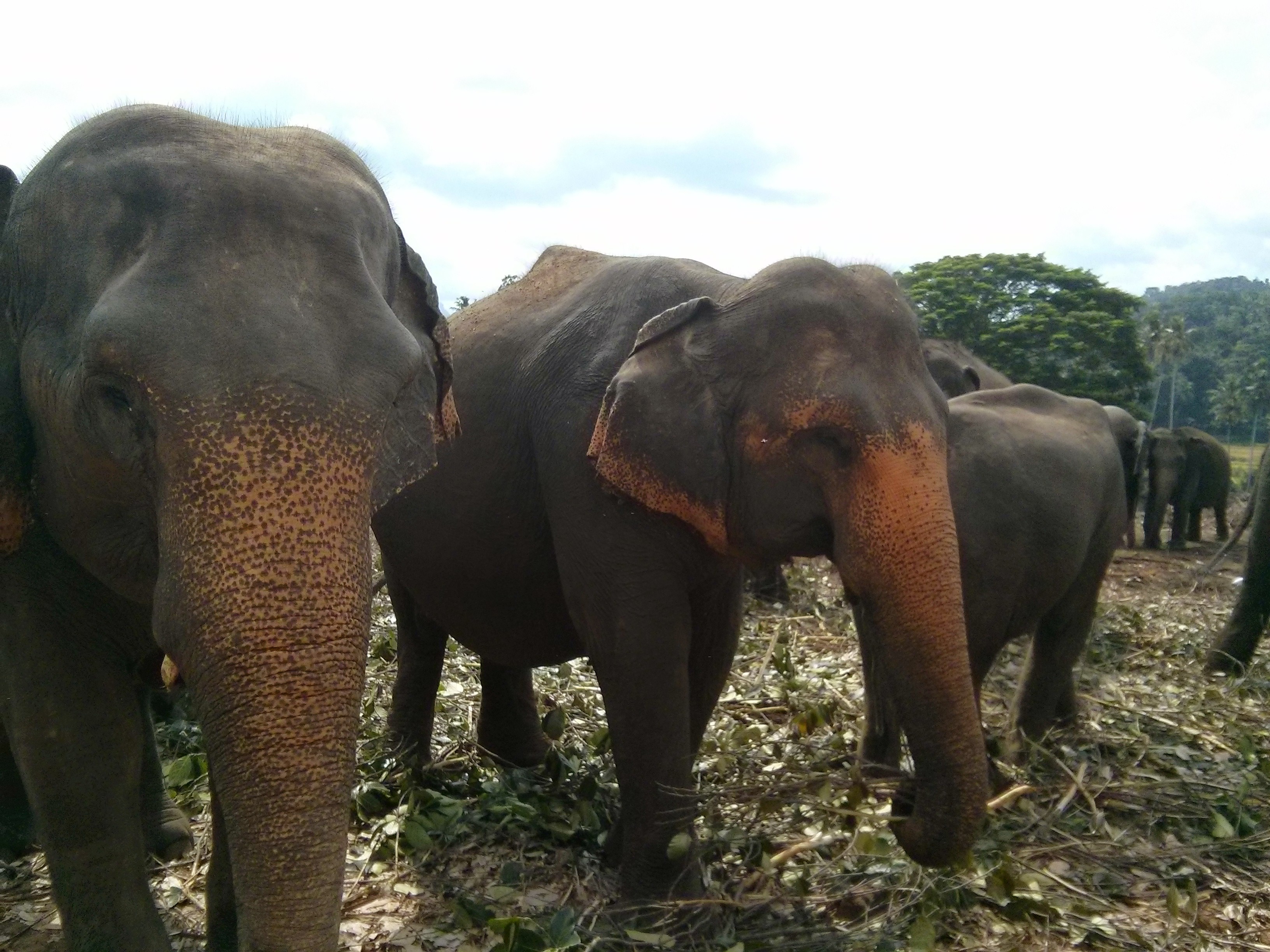
The other notable thing that happened was a timely reminder in travelling do’s and dont’s. We have both become VERY complacent about the basics of travelling in the third world and have been ignoring the cardinal rules…this came back to haunt me and was a fair old wake up call for both of us during the next few legs. We have been cleaning our teeth with local tap water, having drinks with ice in them, and we haven’t used hand sanitiser since about January…anyway…we got reminded of the importance of these is a fairly obvious manner.
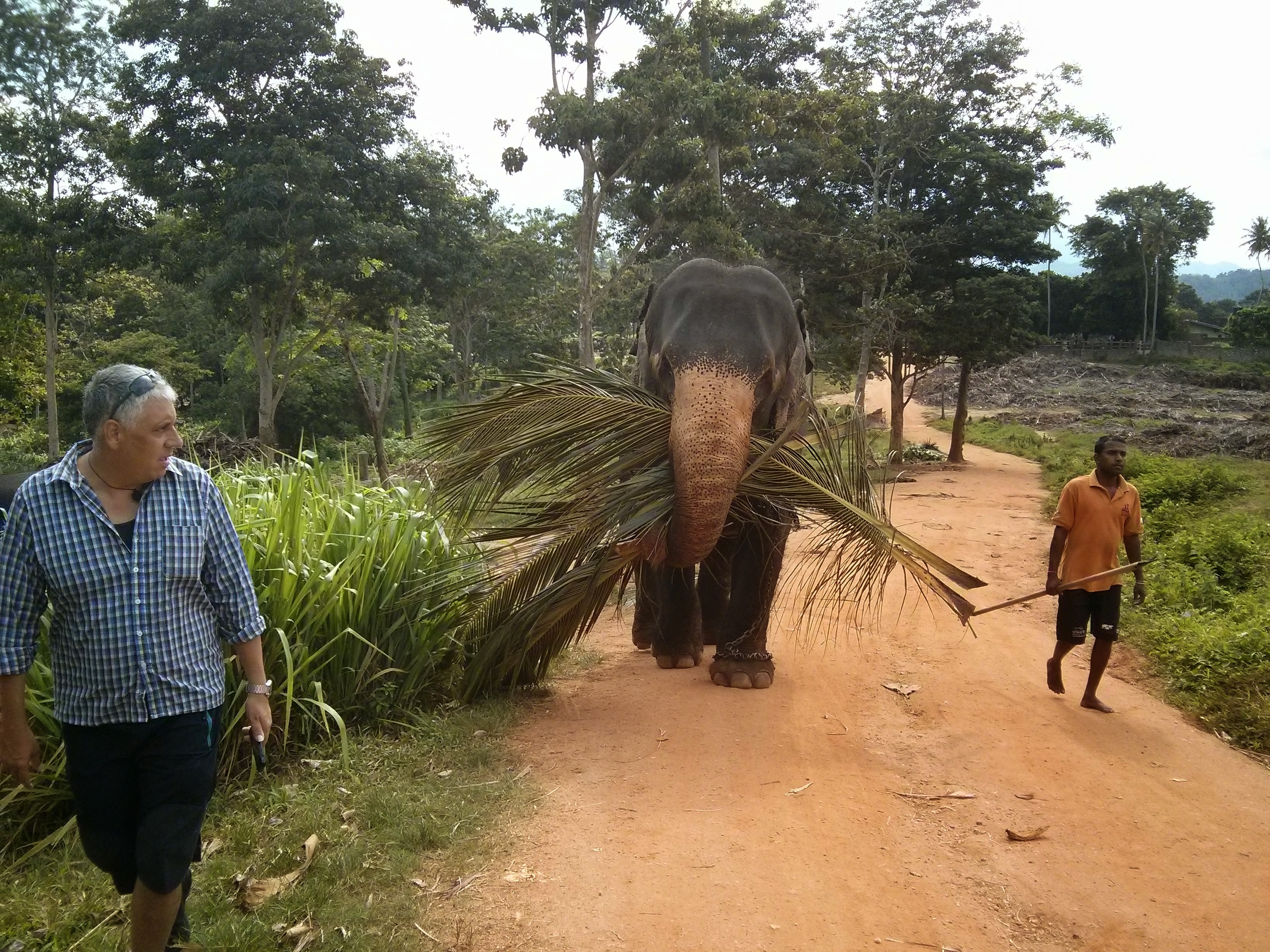
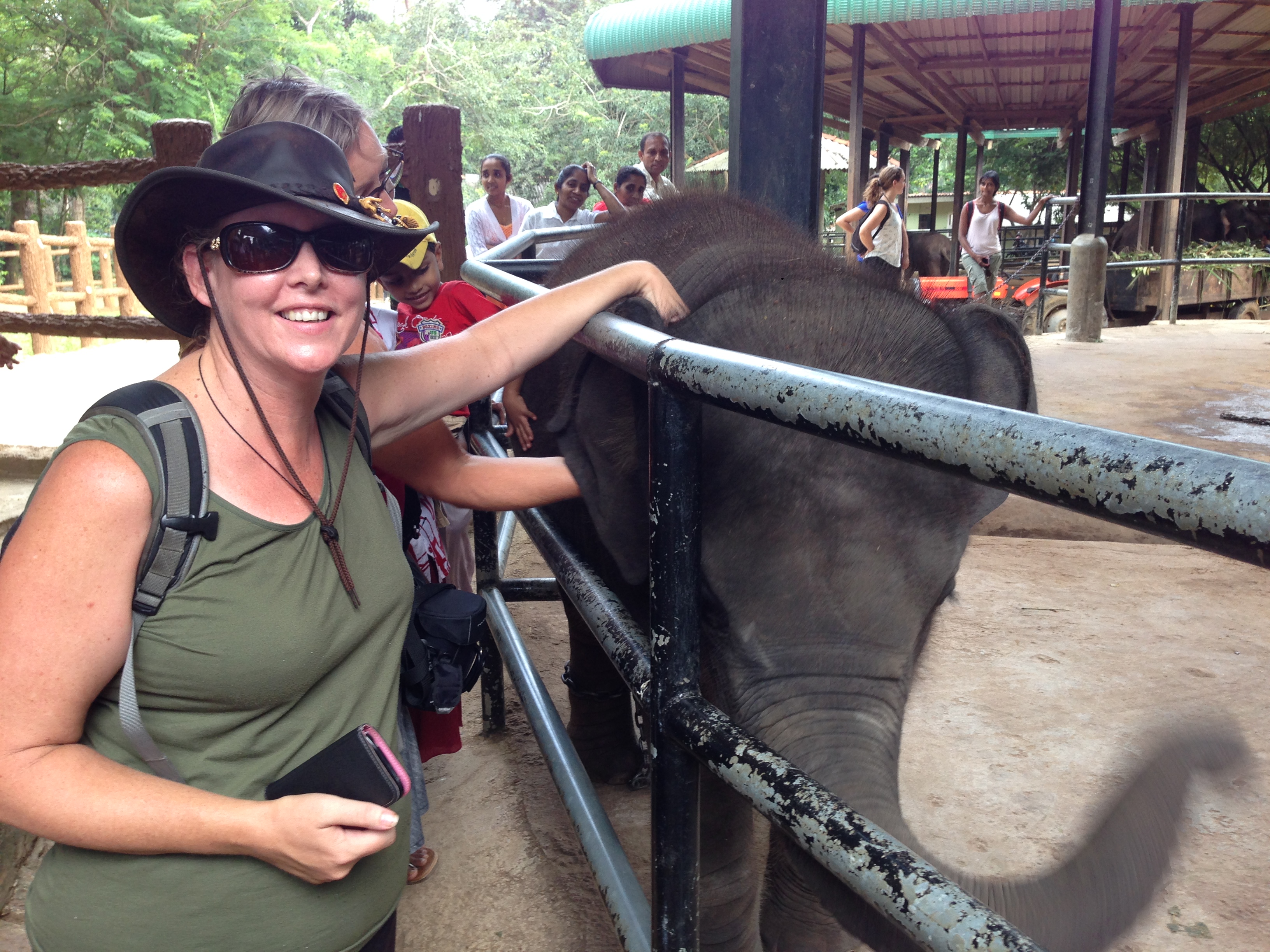
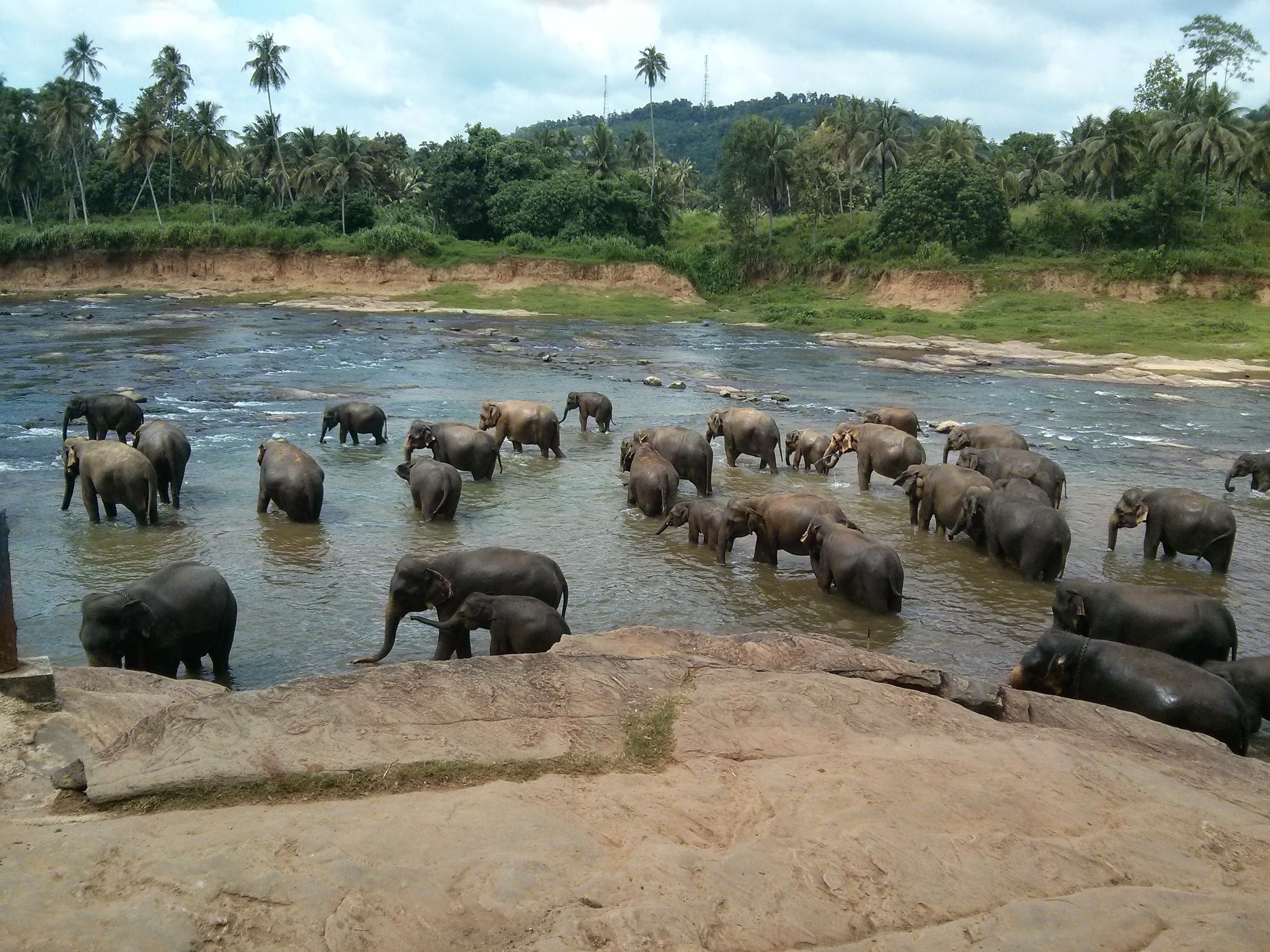
From the elephant orphanage we hopped the car for a 2 hour, 30 kilometre drive to Kandy. A kick back in the late afternoon then on to the temple of the tooth which is situated within the former palace. This is a temple that purports to have the tooth of Buddha that was retrieved from his funeral pyre. The legend says that whoever holds the tooth has governance of the country. As such over the years it has been taken, hidden, stolen and has tried to be destroyed…all failing in one form or the other (sometimes in incredibly fanciful manners) thus enhancing the relic’s claim as a holy artefact.
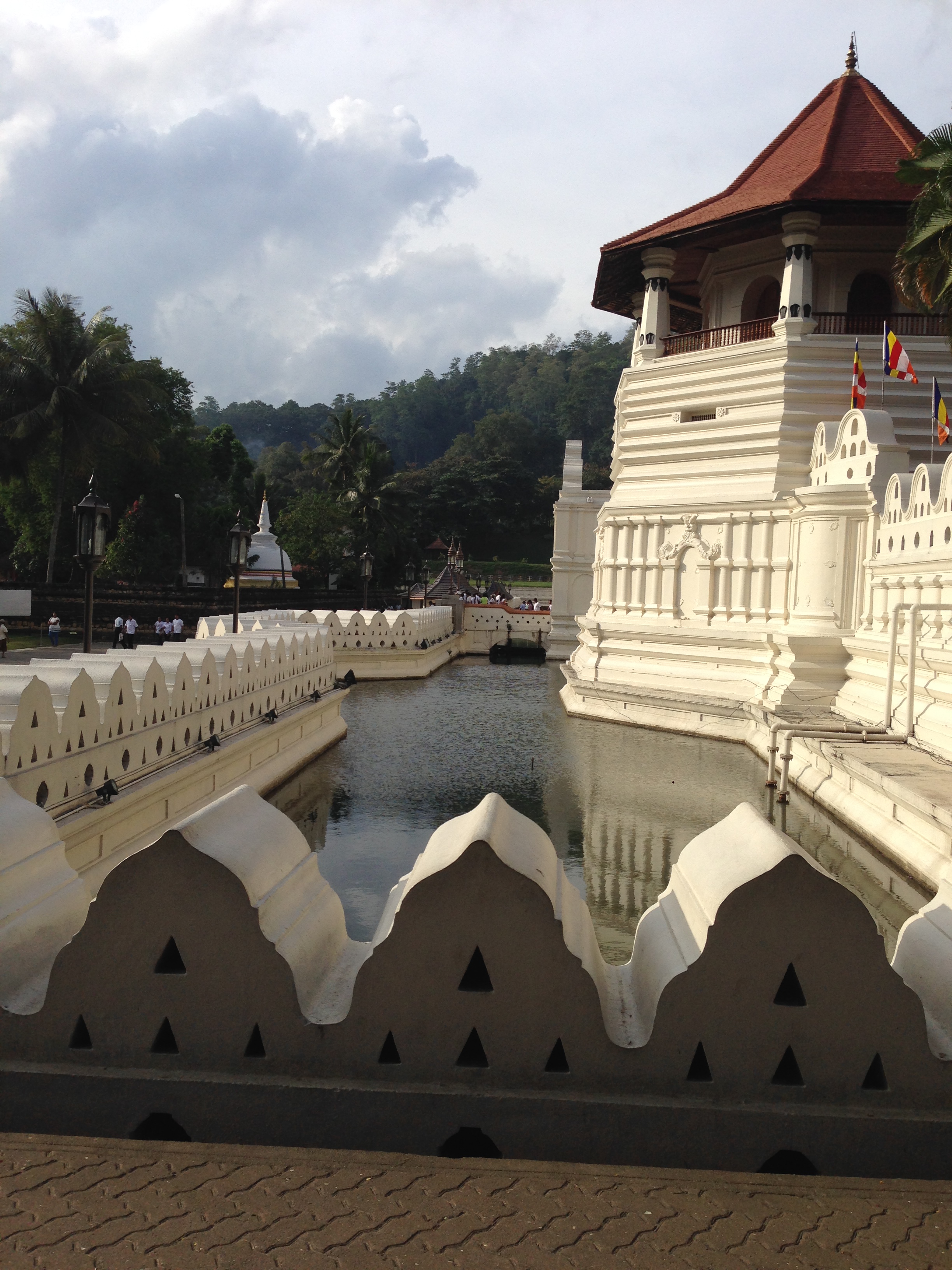
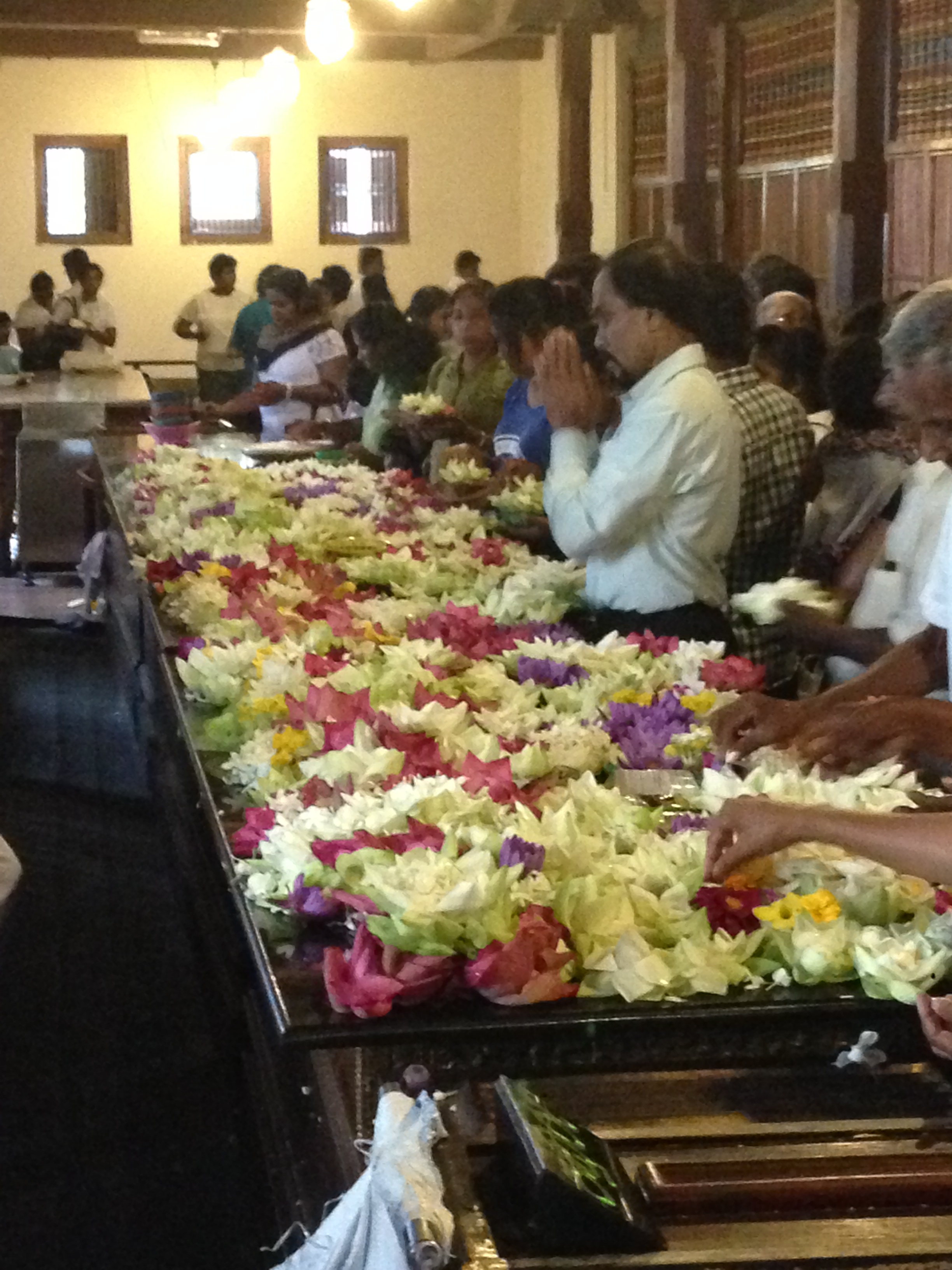
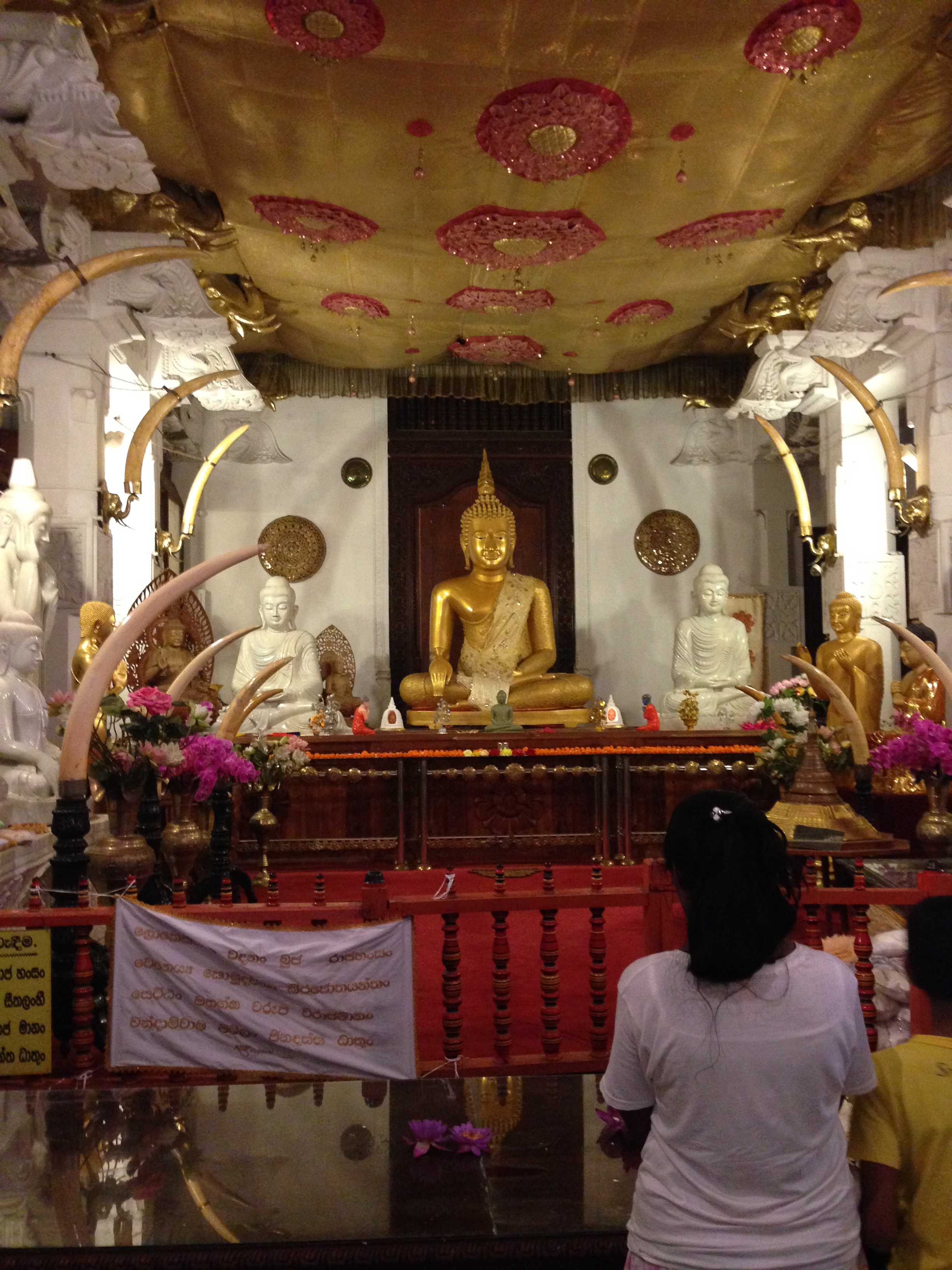
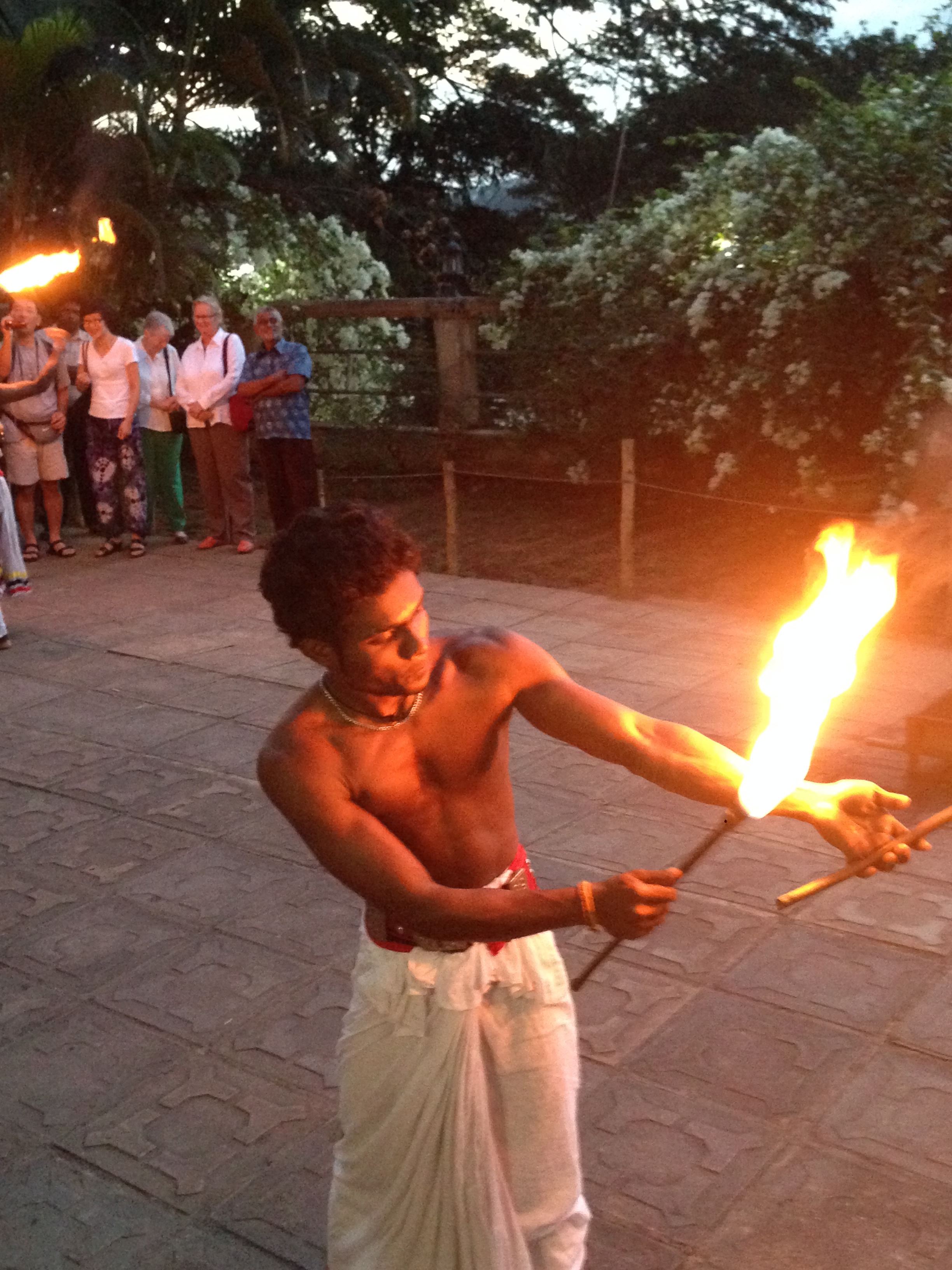
We watched a traditional dancing/music/fire walking show, and had dinner high on the hill overlooking the lake and the city. The next morning Jill got up at stupid o’clock and went for a 5km walk around the lake then we checked out the big Buddha on the top of the hill and lapped up the panorama of Kandy. This was the start of a day that would be heaven for Jill and a touch on the hellish side for me.
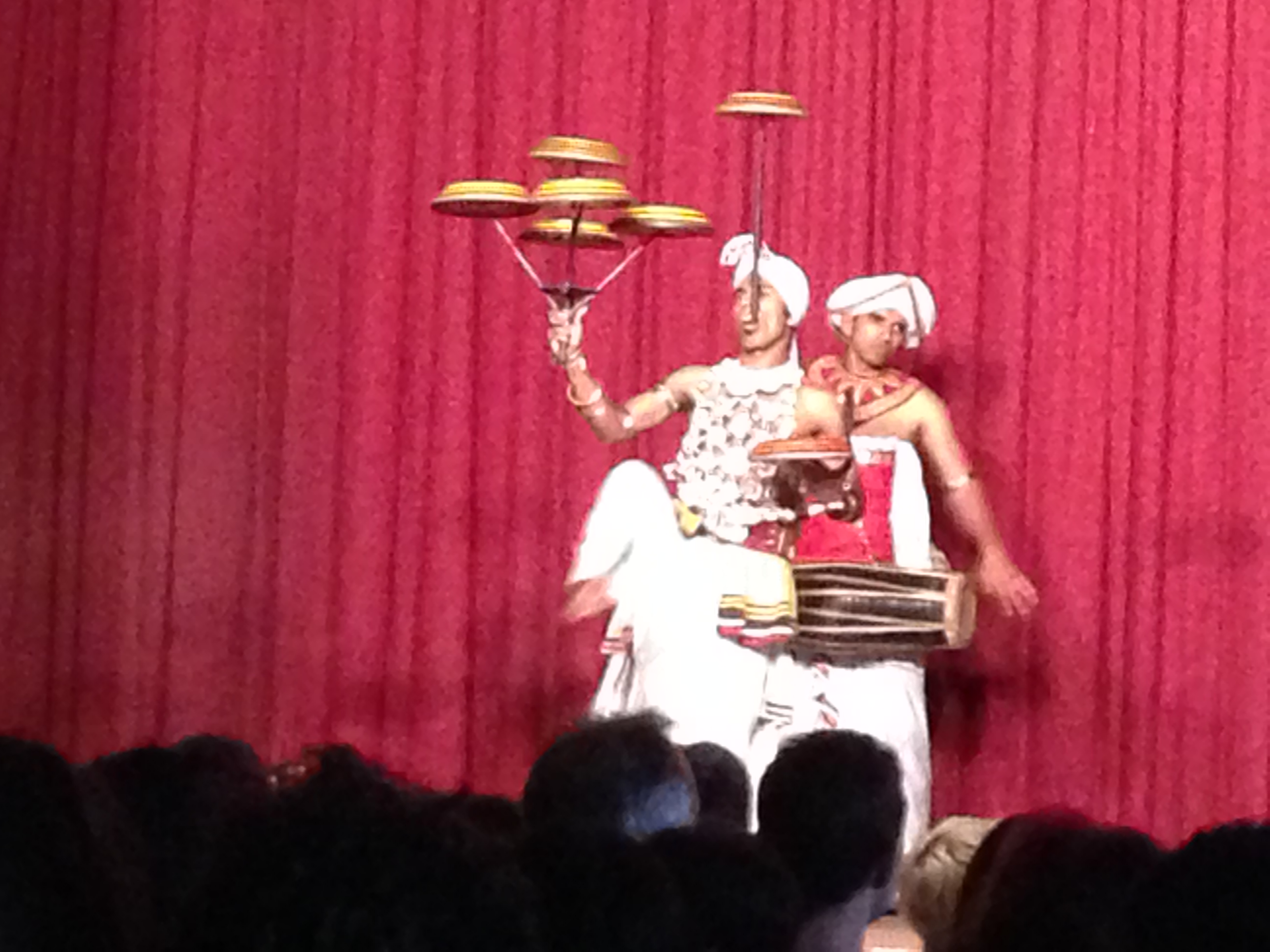
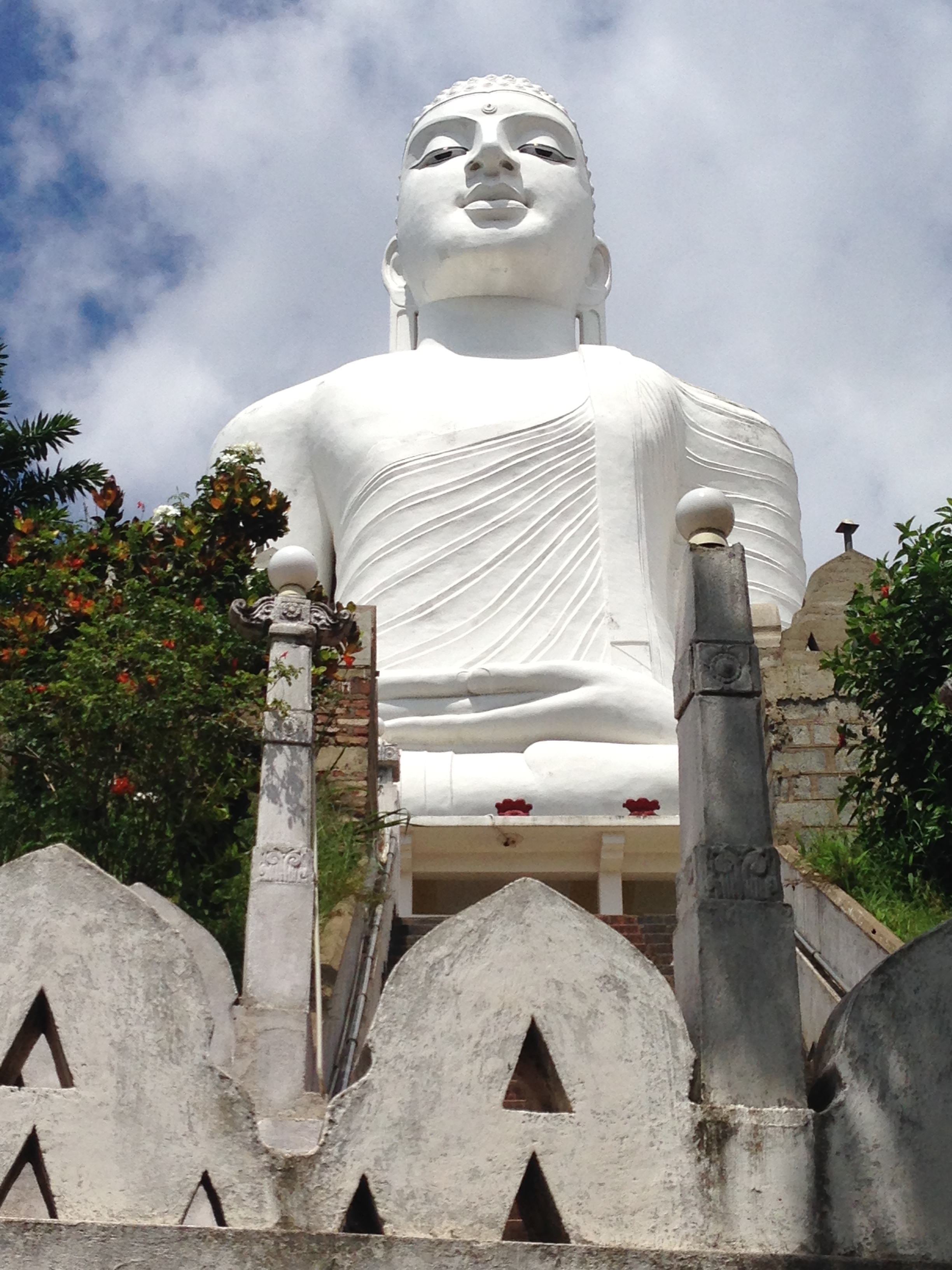
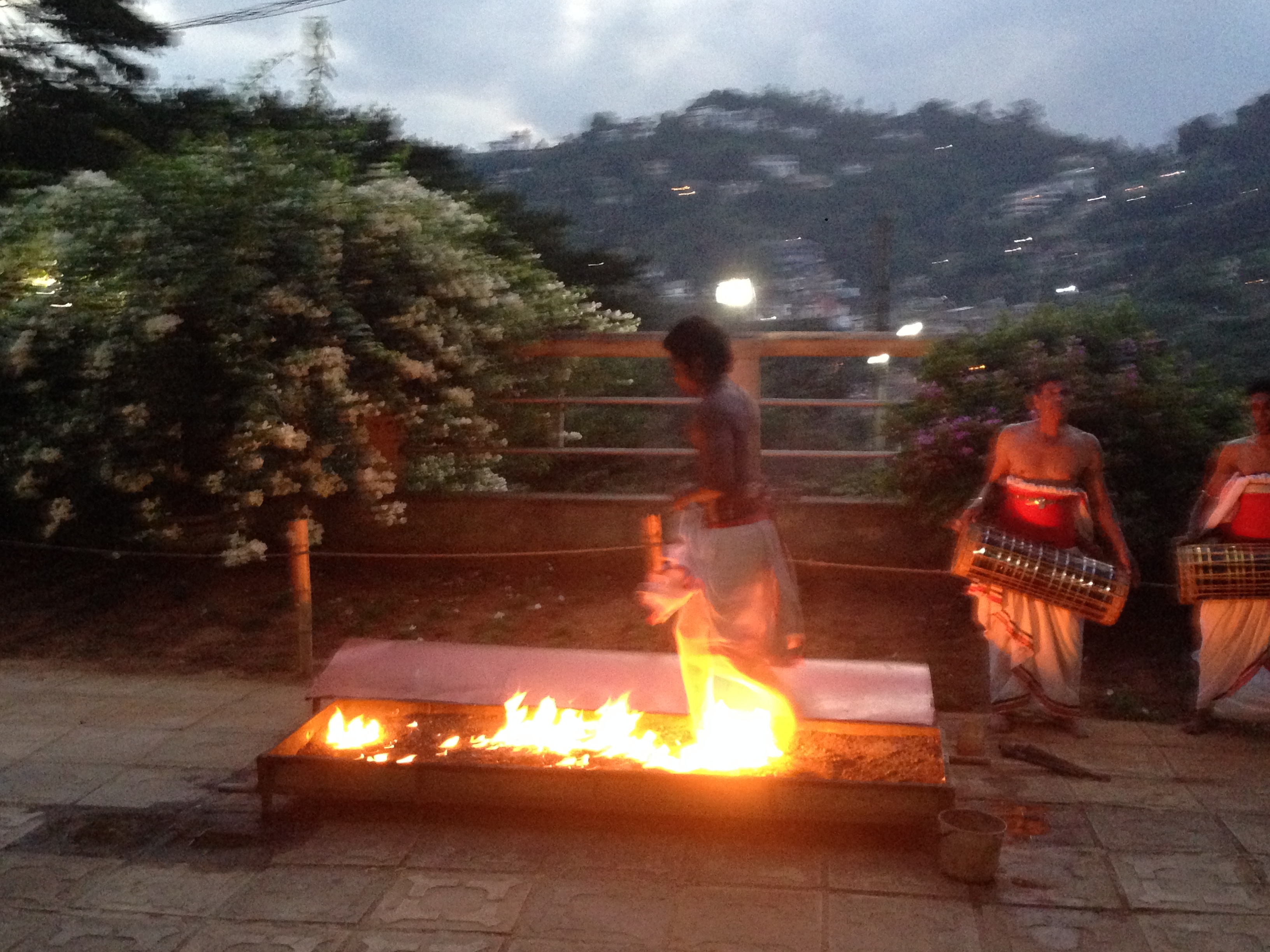
Having seen the big Buddha on the hill we were off for a 3 hr drive to the Dambulla Cave Temple or the Golden Temple. Now before we get into the actual caves and the history bit the first thing that strikes you is the theme parked “Bling Buddha” with golden lions paws emanating from the museum at its base (I thought it was the gift shop initially). After the initial shock you were faced with the stairs to reach the caves that needless to say had to be climbed before anything else could occur. The caves are a UNESCO listed world heritage site and are great. They date back to the first century BC and are a series of 5 caves that have been really well maintained. Buddha and Bodhisatta statues, paintings and frescos adorn the caves.
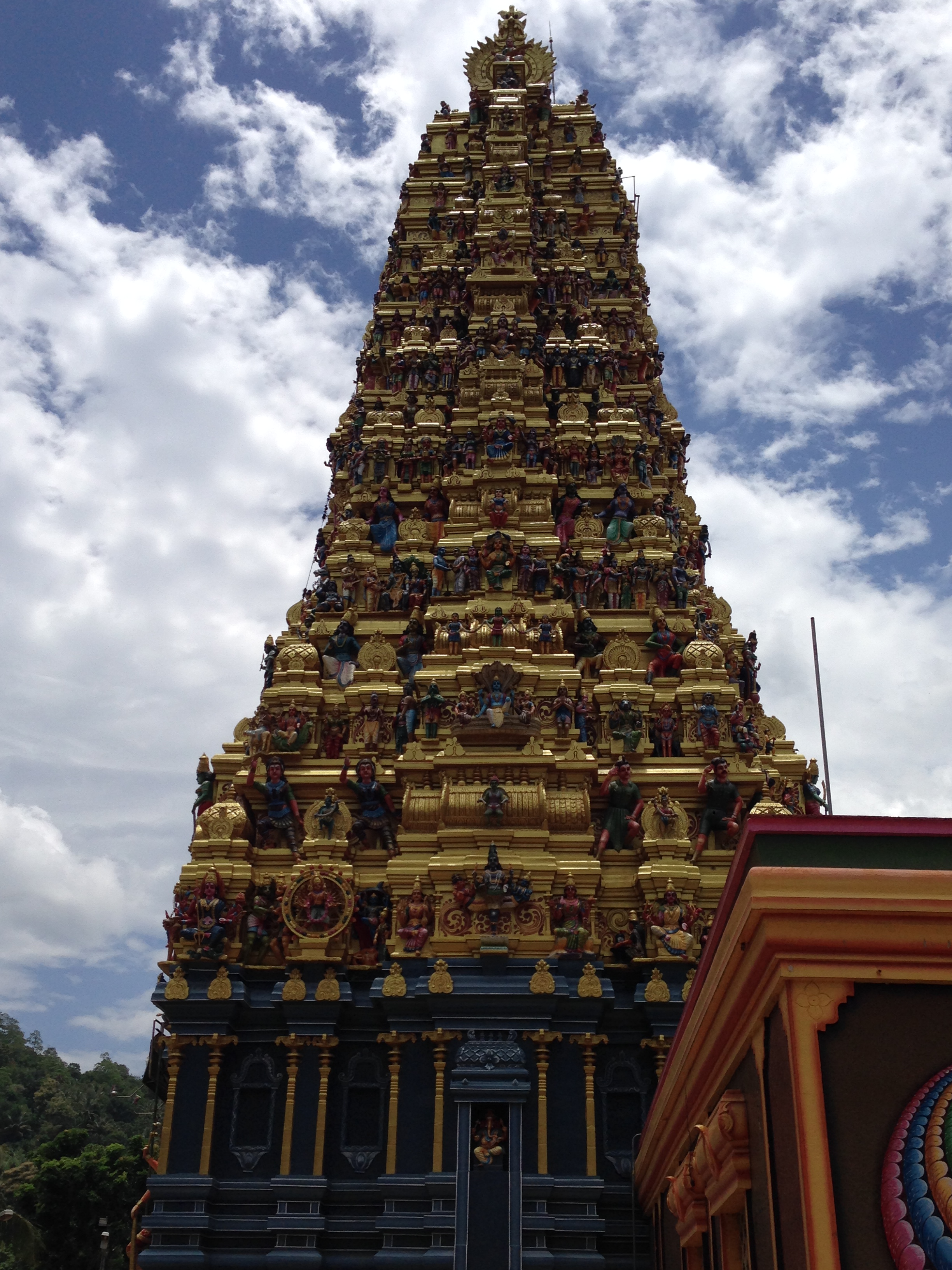
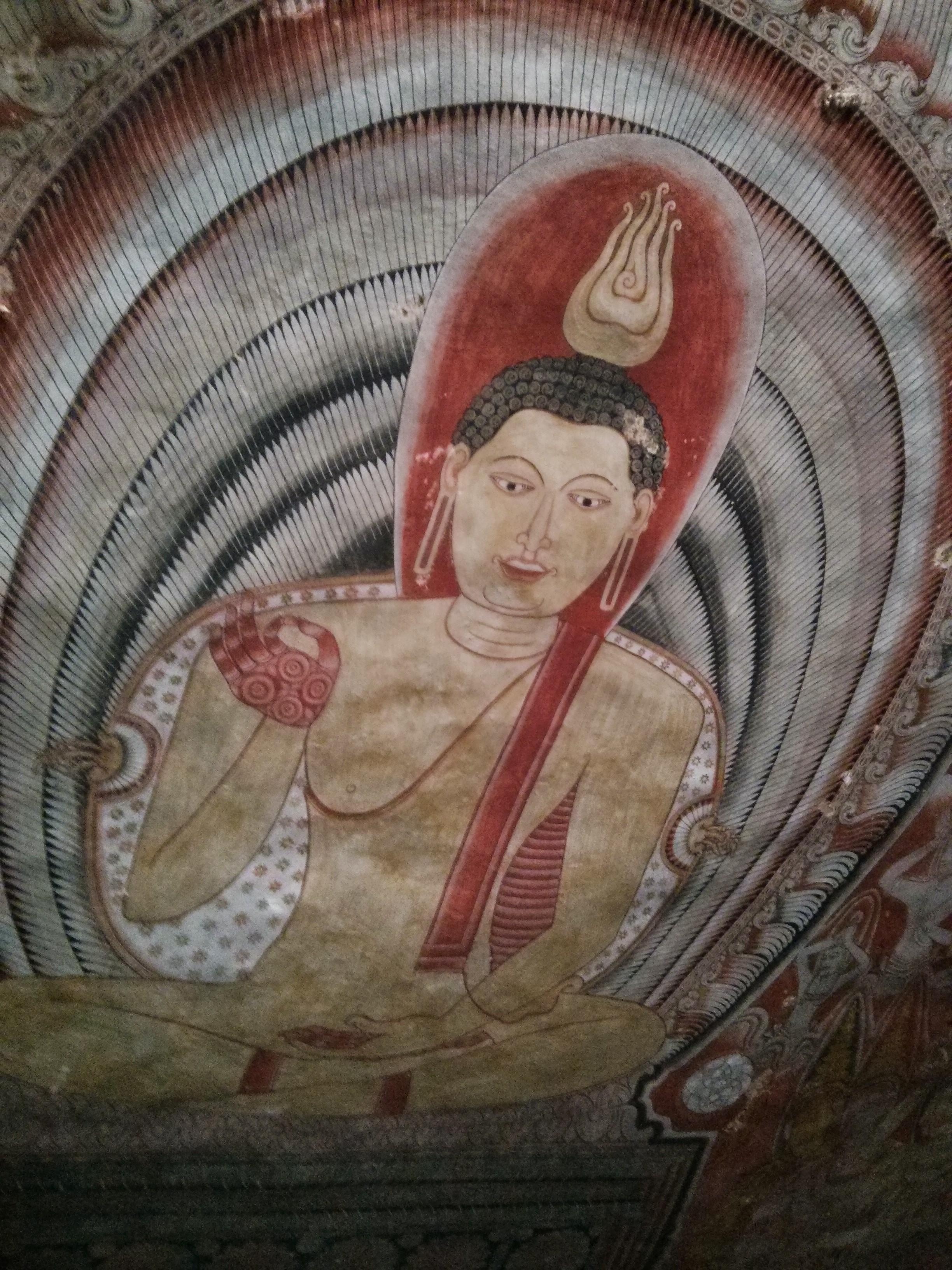
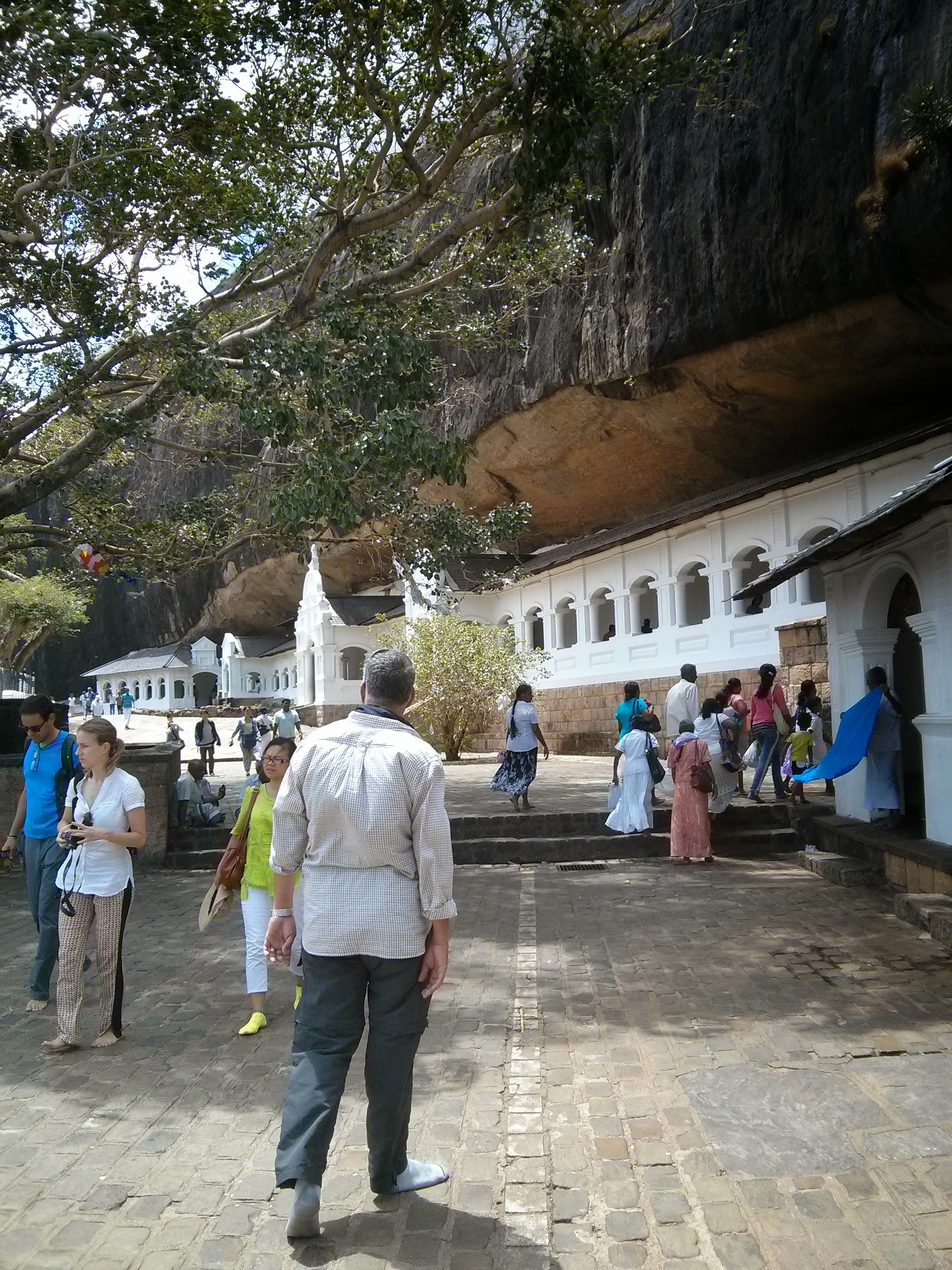
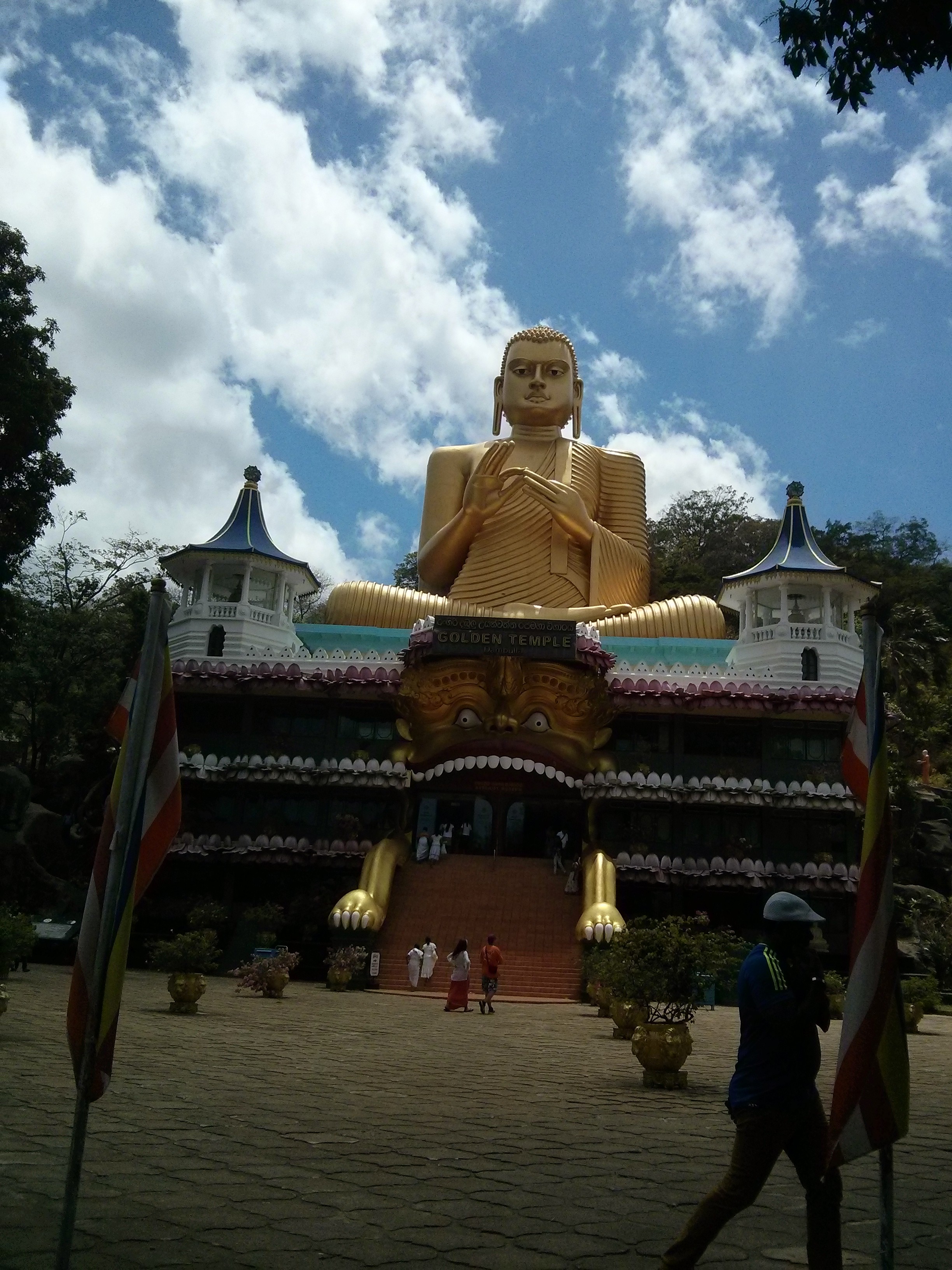
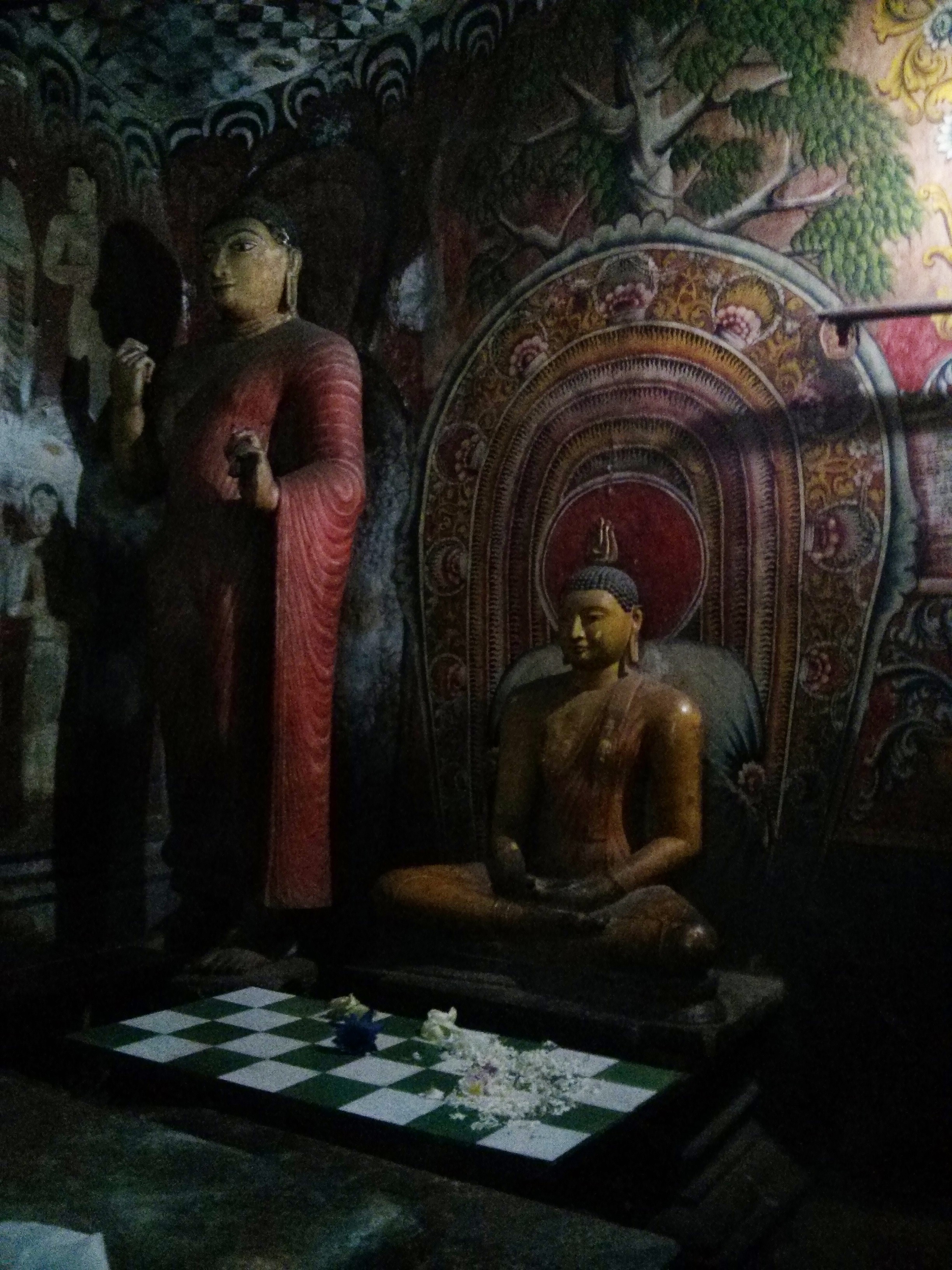
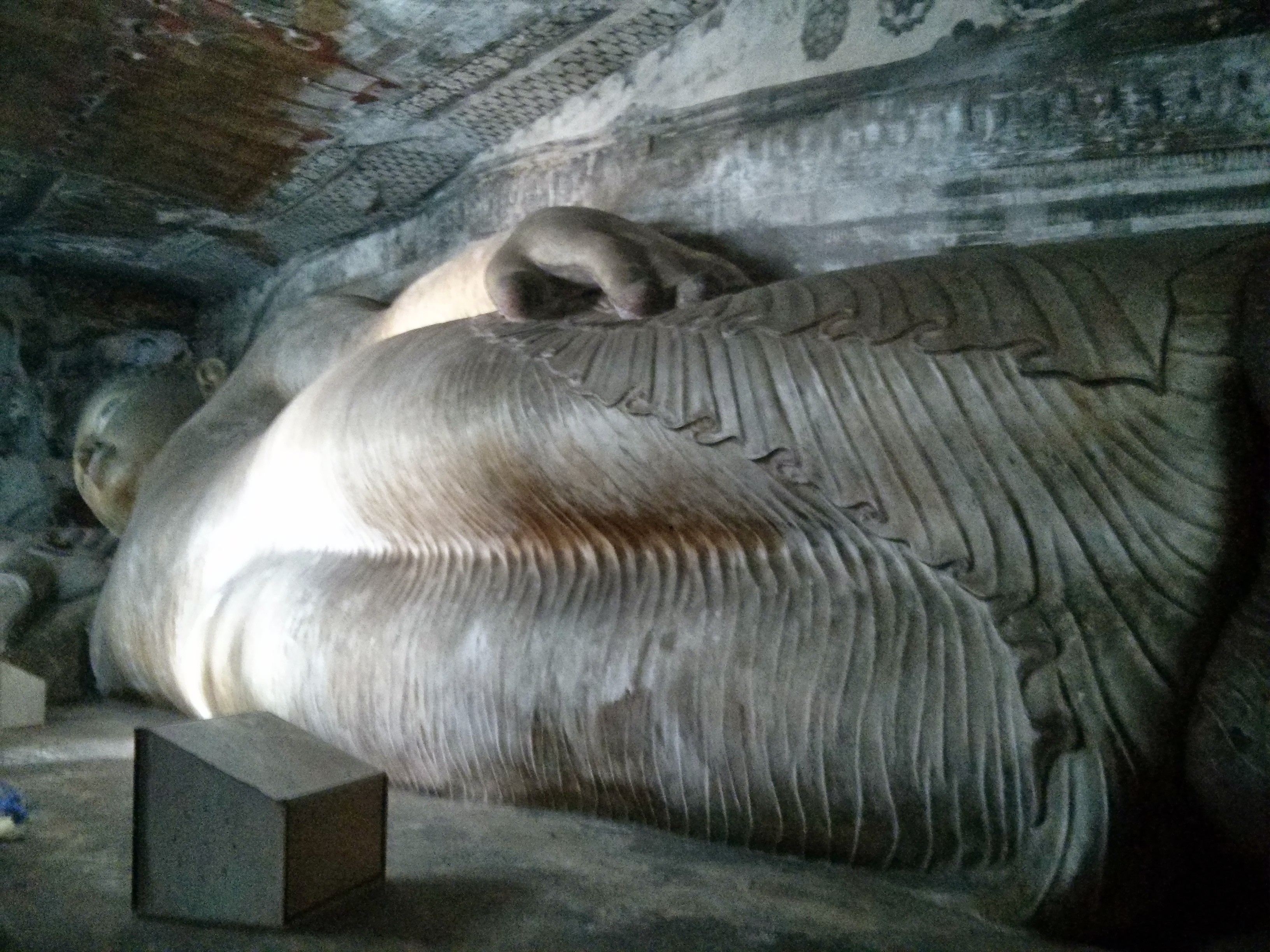
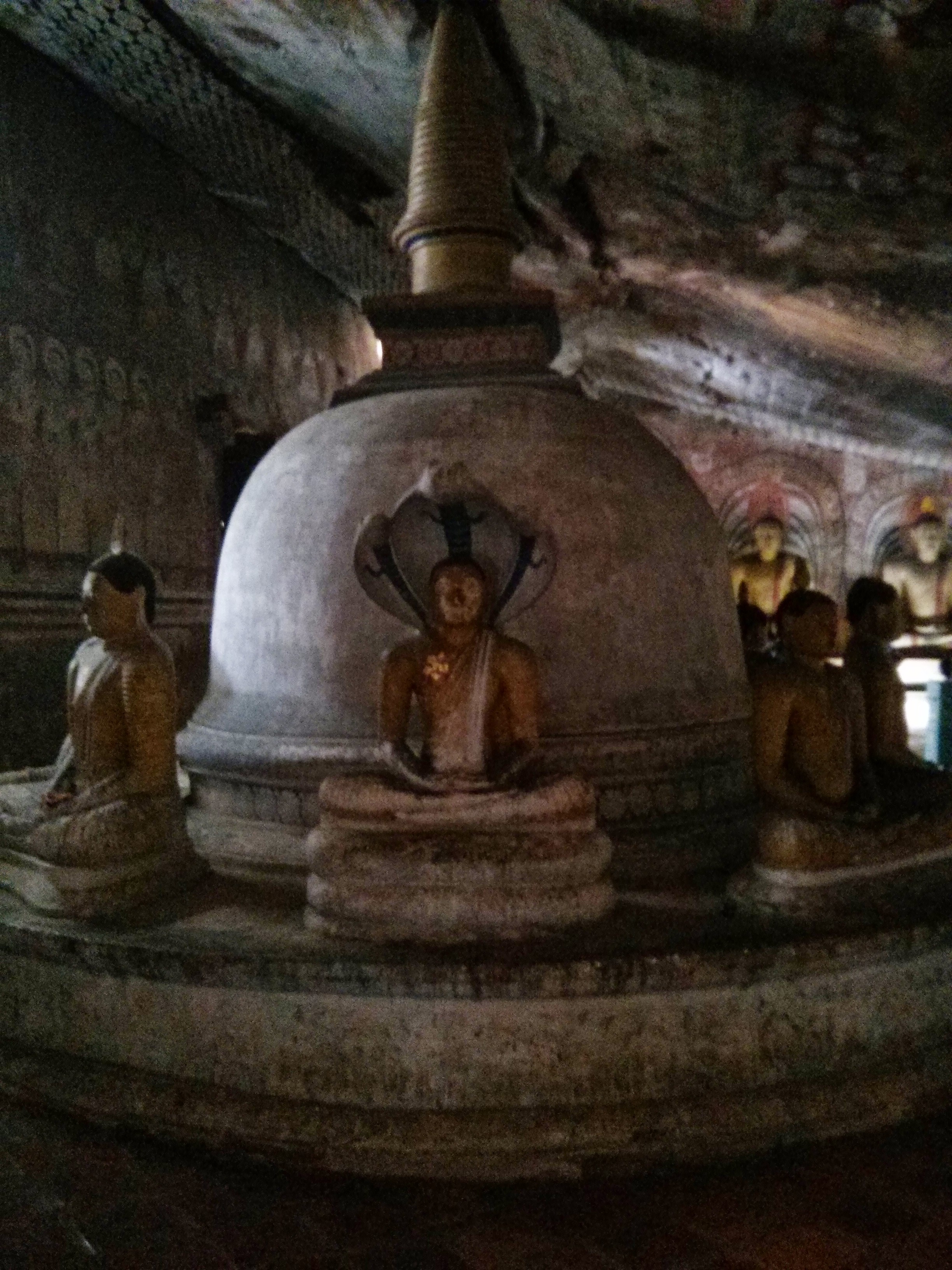
Having left the caves we headed towards Sigiriya or Lion Rock. Sigiriya was selected as the site of a 5th century palace complex atop a 200 metre rock. With what is the remains of the city structure below. Halfway up the rock are frescos (Maidens of the clouds) painted against the rock face but with no access so they are really well preserved. A bit further on you get to the Palace entrance which is a monster staircase flanked on either side by carved lion’s paws. High atop the plateau you come to the site of the king’s palace and the remains.
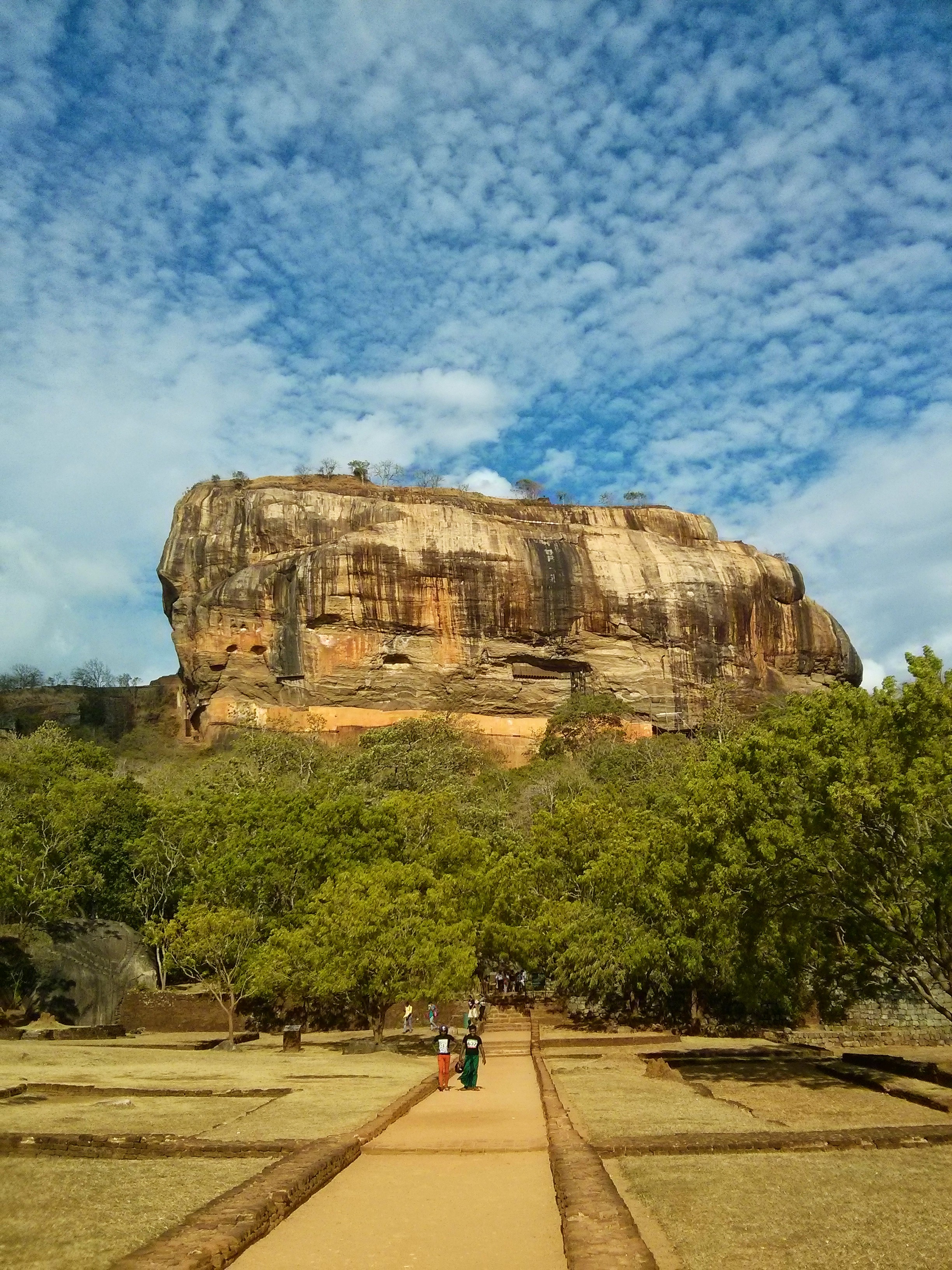
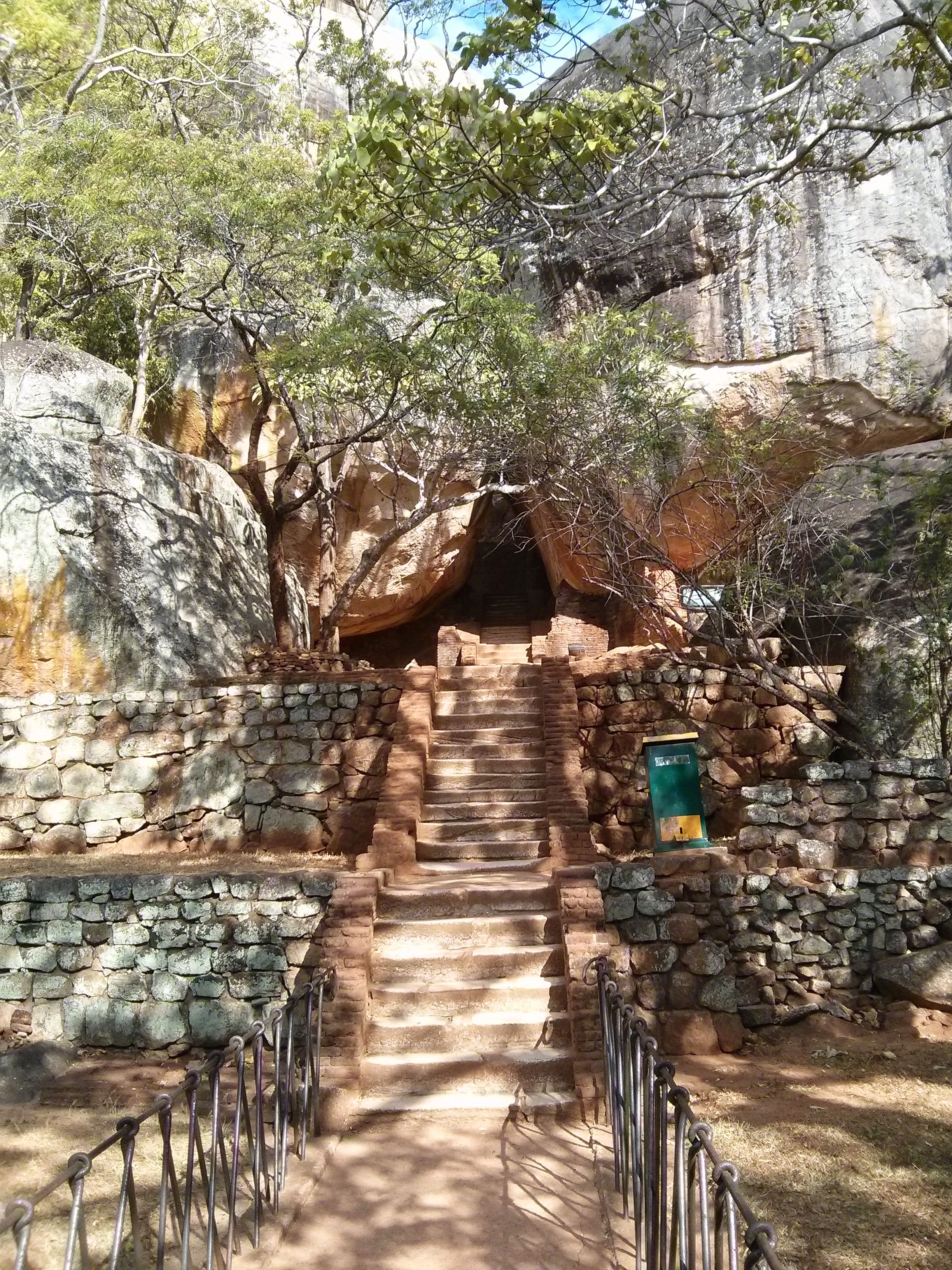
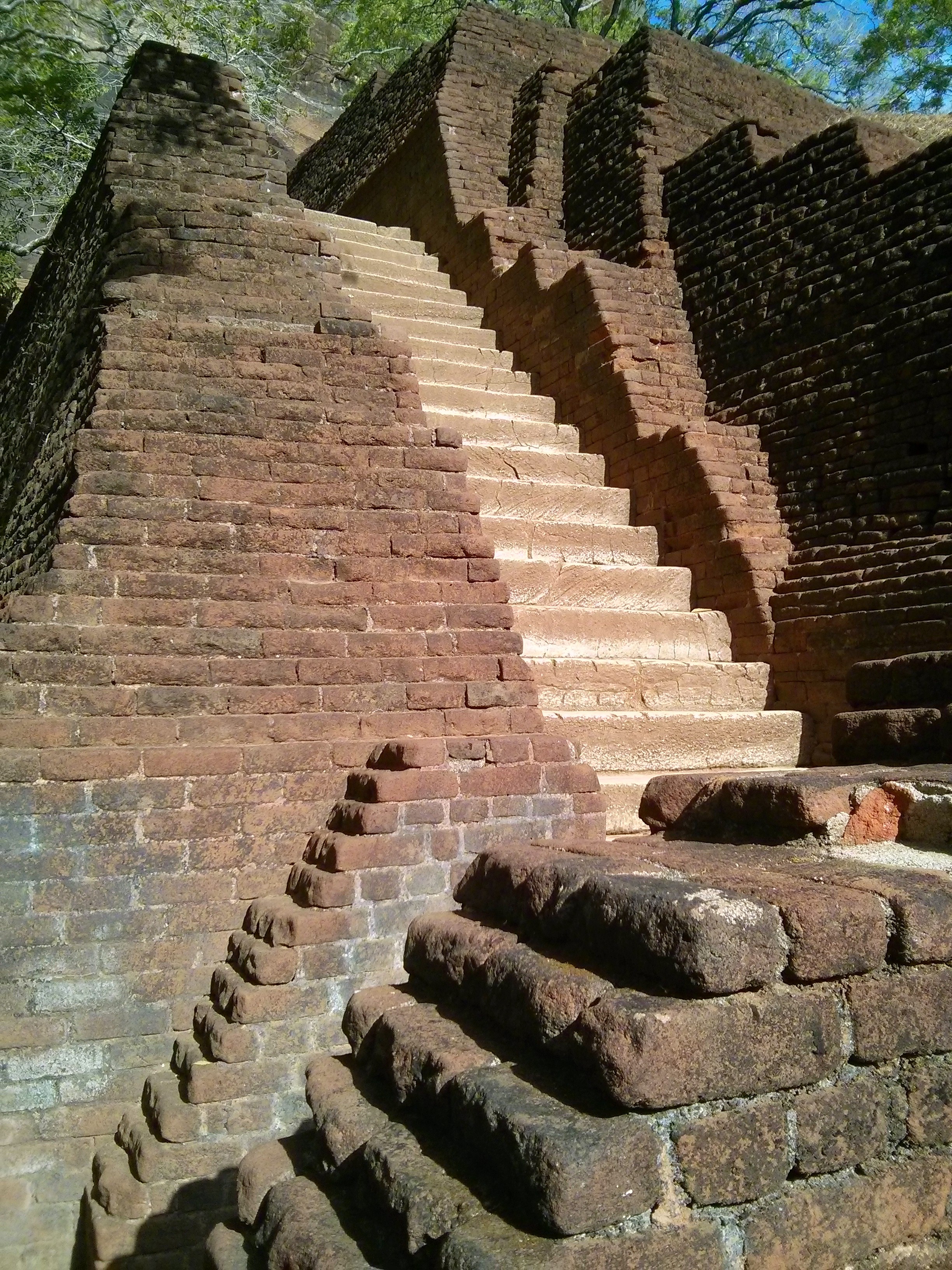
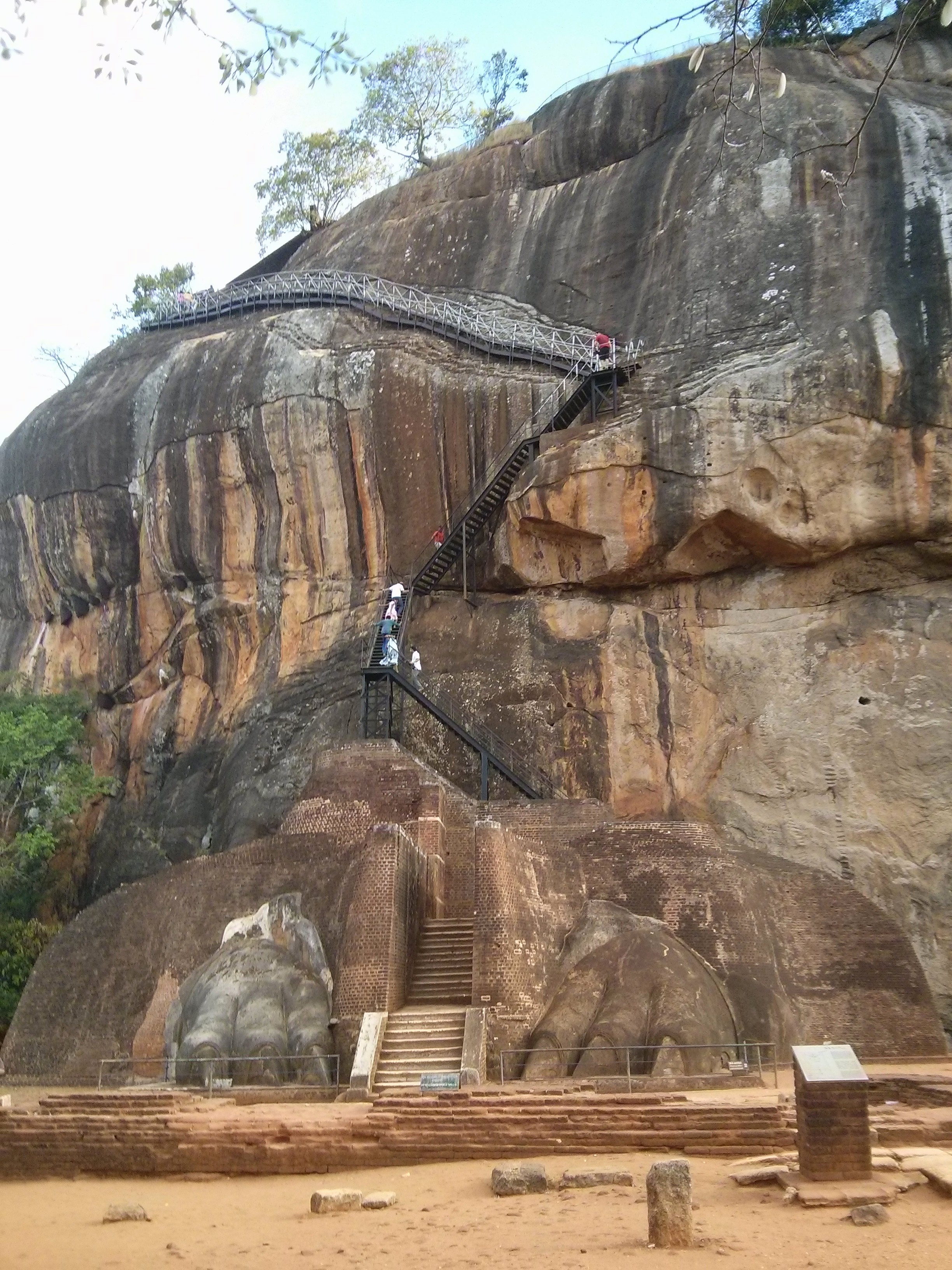
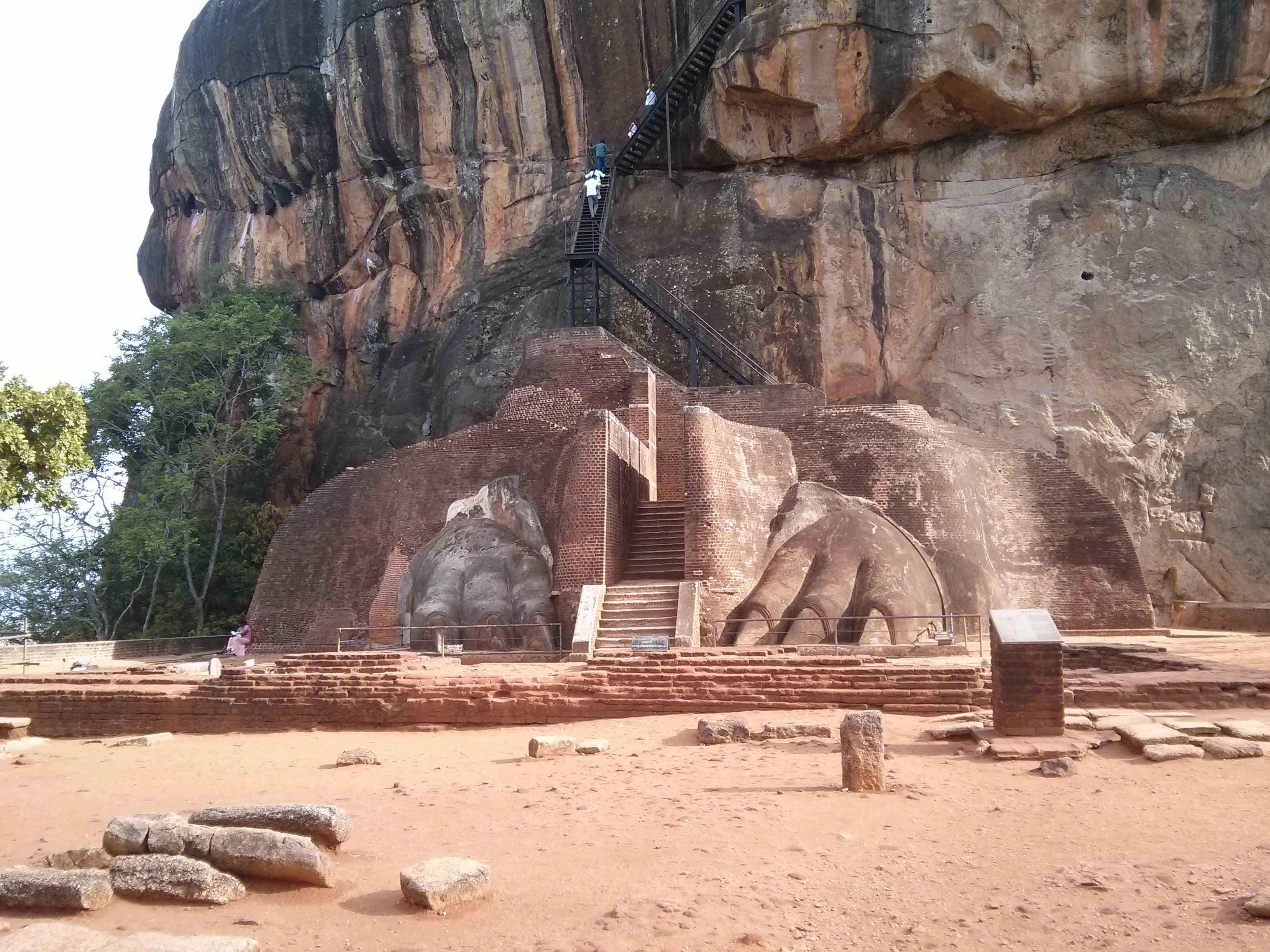
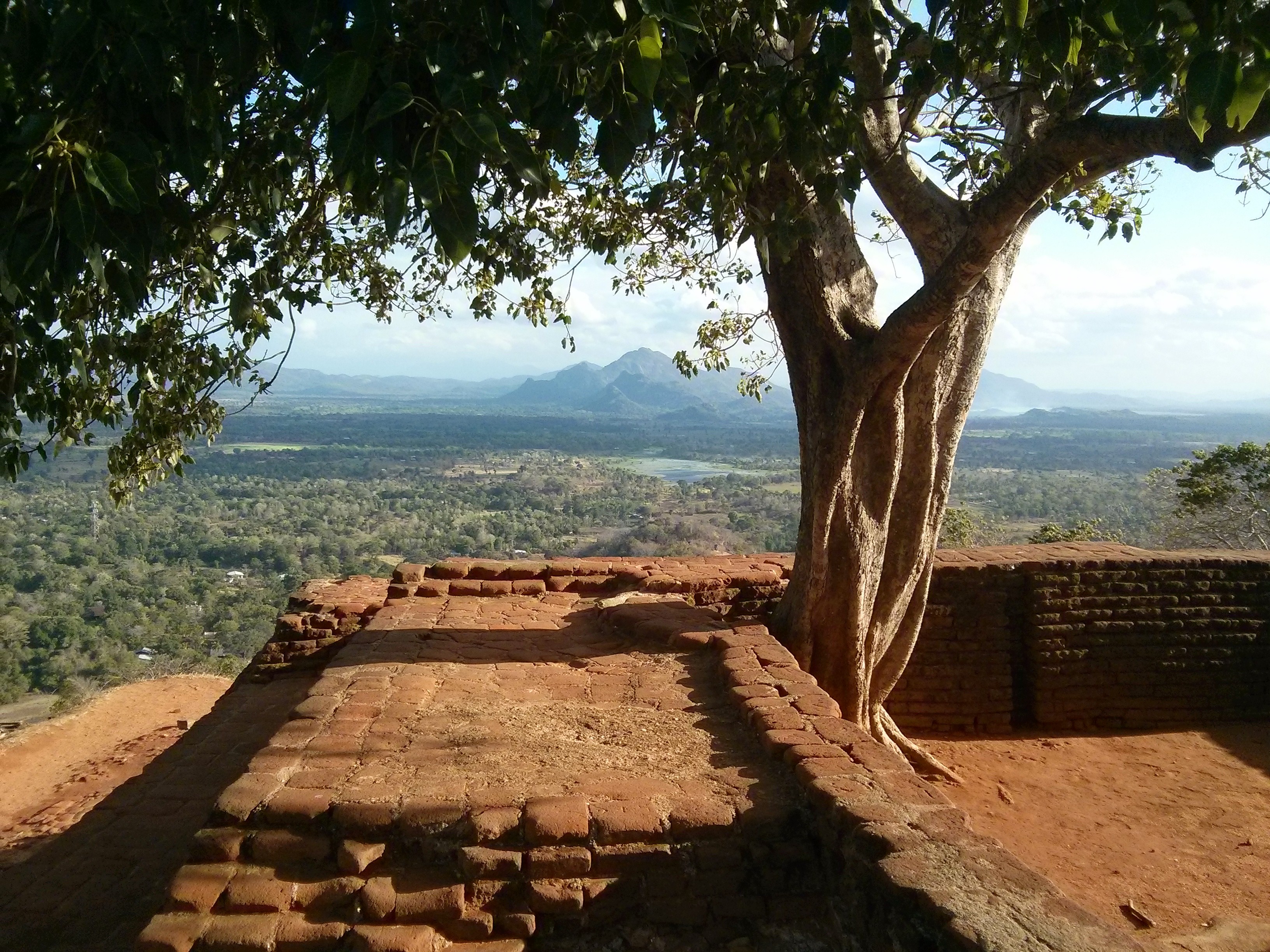
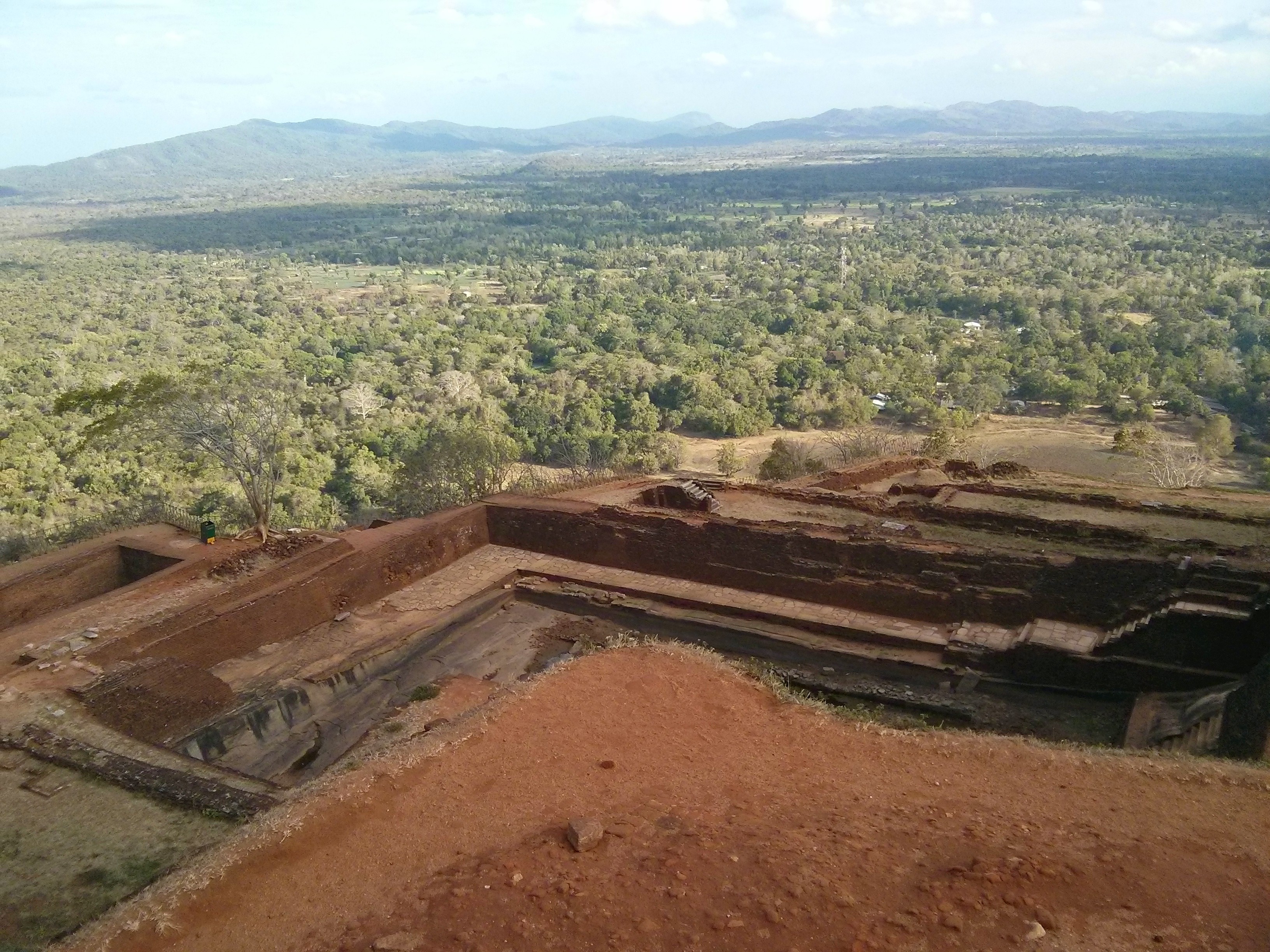
From high atop the plateau you have 360 degree views of the national park area that surrounds it. Oh by the way…can anyone guess just how you get high atop the plateau… The mountain goat I married was in her element and I begrudgingly admitted that the climb was worth the effort. As we finished we drove to our hotel for the night…through the national park. And another highlight…as we belted along the road there in the paddock by the lake was a wild elephant just going about his business untroubled by the world around them. We stopped and checked him out for a while then kept going. Pretty cool by anyone’s standards.
Polonnaruwa and on to Galle
After a night of egg hoppers and a couple of beers we woke to make the short hop over to Polonnaruwa. This joint was the capital of the country back in around the 1000 year mark. It was very much like the Hampi trip in India with the various ruins of an entire city spread out over a huge area. The difference was that Hampi was free and this place charged 3250 rupees for the foreigners. Add to this the fact that the military police shook down our guide/driver for a further 500 just added insult to injury.
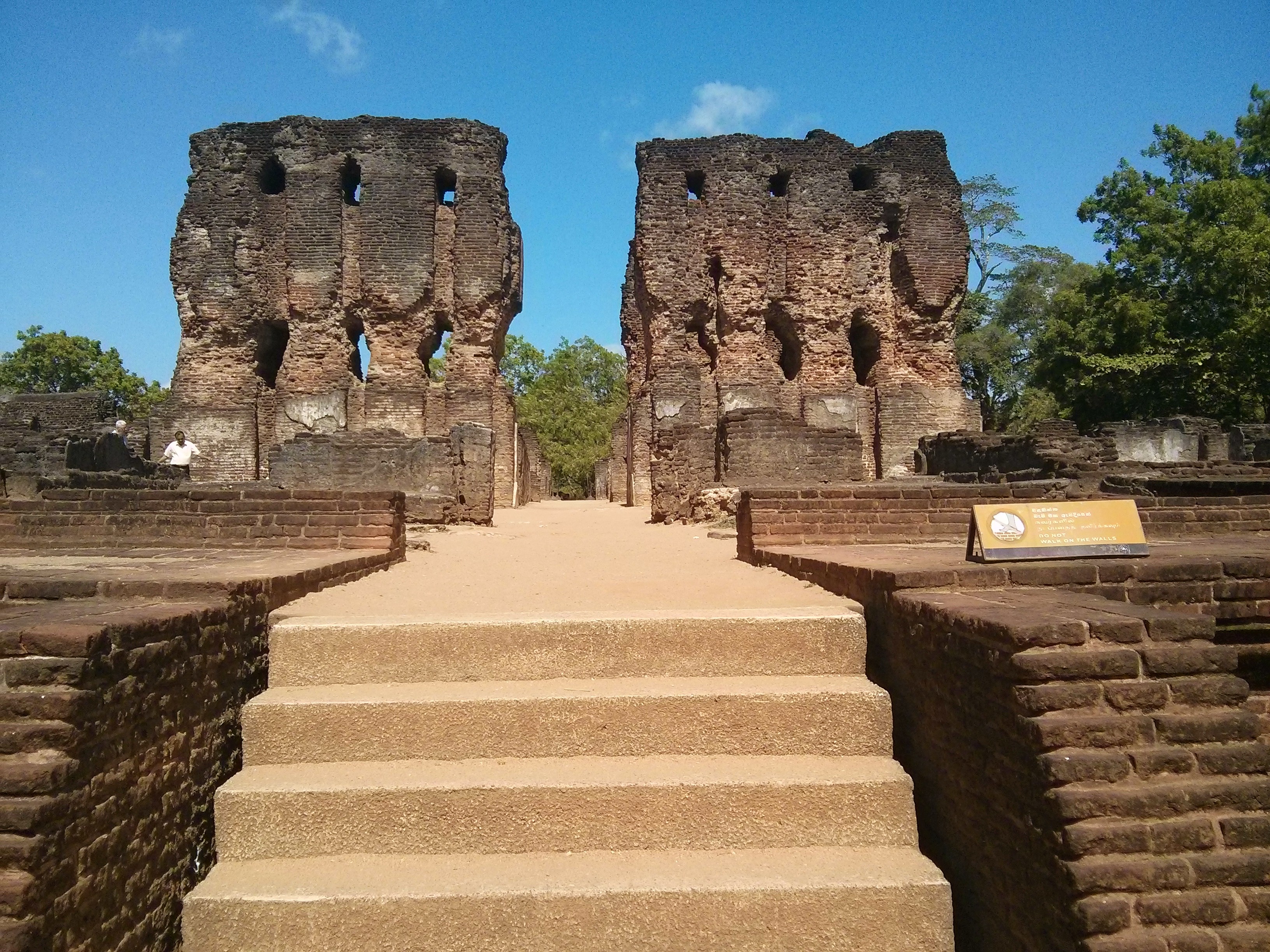
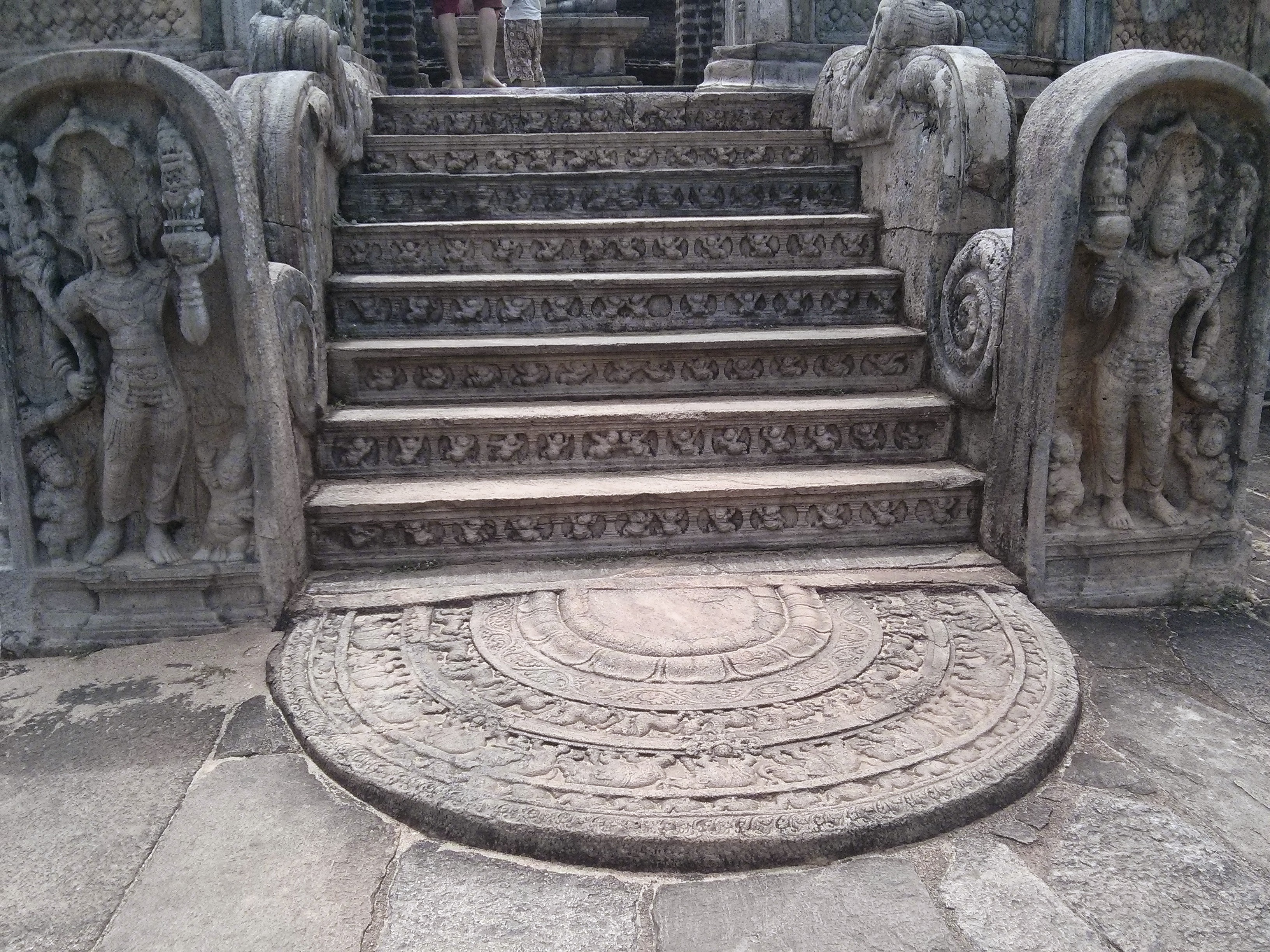





The place itself was quite nice…ruins of palaces, temples, cabinet buildings, lotus ponds etc abound. Add to this some stunningly maintained stupas and the obligatory Buddha statues and the place was a good day. The 38 degrees was less than ideal but hey…waddaya do.
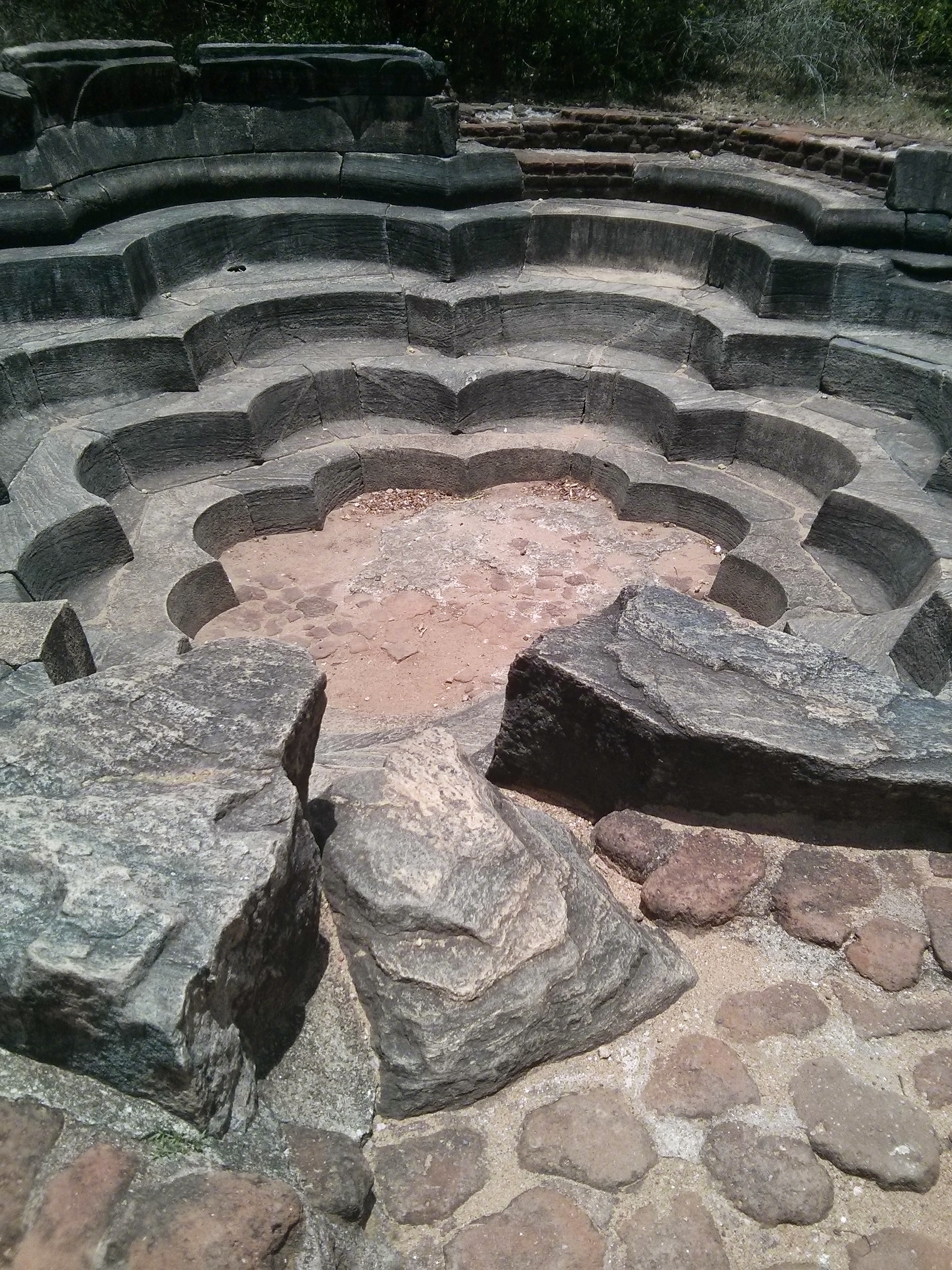
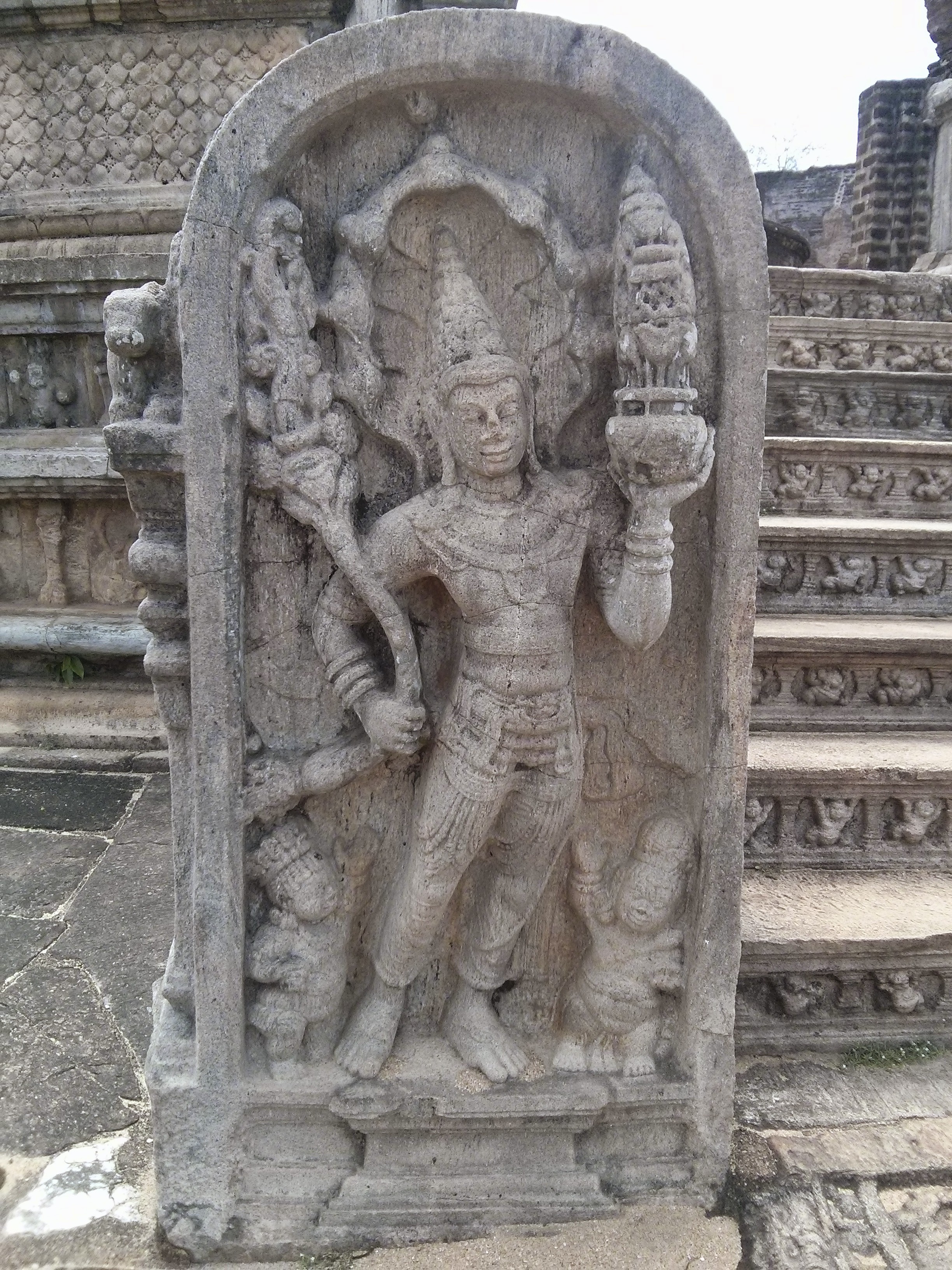
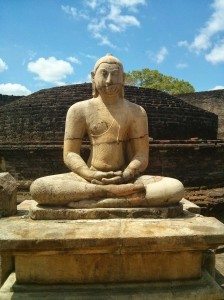
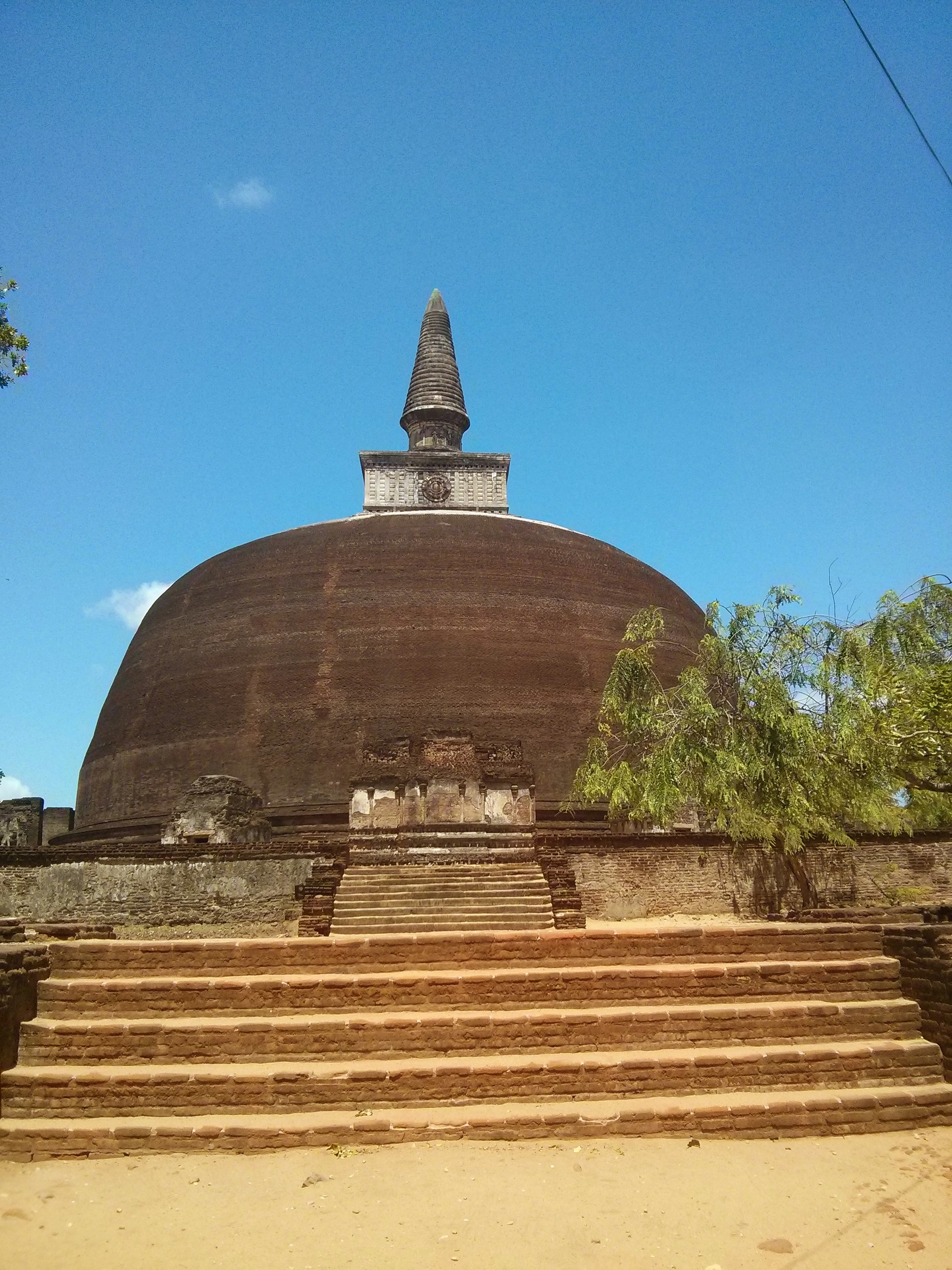
From here we started the 7 hour drive back to Colombo with Damith who is the calmest and most patient driver on the planet. I guess Buddhism teaches you to be calm and relax. I had been sitting in the passenger seat for three days watching all manner of driving indiscretions take place in front of me. But day three was a shocker…the number of blatantly stupid and downright dangerous things that took place was astounding. I was swearing and commenting about nearly being killed on numerous occasions while Damith merely applied the brake (sometimes vigorously) and waited for whatever the holdup was to clear.
This included speeding busses coming towards us in our lane with no intention of slowing or stopping, tuk tuks pulling out and doing u-turns in front of us while we were doing 100kph, motorbikes swerving all over the road. I tried to describe the meaning and intent of road rage…to a Buddhist…which was met with an “oh really” from our eternally calm driver and guide.
The next morning we woke at 5 am and headed for the railway station for our journey to Galle. Jill had lashed out and spent the $7.98 and bought us first class tickets. We did not hold out a lot of hope when the train arrived but boy were we wrong. The first carriage had curtains pulled across and you could not see inside…every other carriage was jam packed with people spilling out of the train in what resembled a cattle truck. We wandered up to the curtained carriage..



This was a leather seated, air conditioned, serviced cabin with a flat screen TV playing the latest movies and free wifi throughout the carriage. We were met by our dude (I hesitate to use the word butler) who provided hot towelettes to refresh and shortly afterwards the other couple arrived…an entire carriage for the four of us with two service staff. Talk about slumming it.
Now let’s talk about the train ride…this train runs parallel to the ocean for about 3-3.5 hrs as it heads from Colombo to Galle. Our view was essentially water, waves, palm, coconut and banana trees, sand…interspersed with the odd mansion and the regular beach shanty. This was a commute.
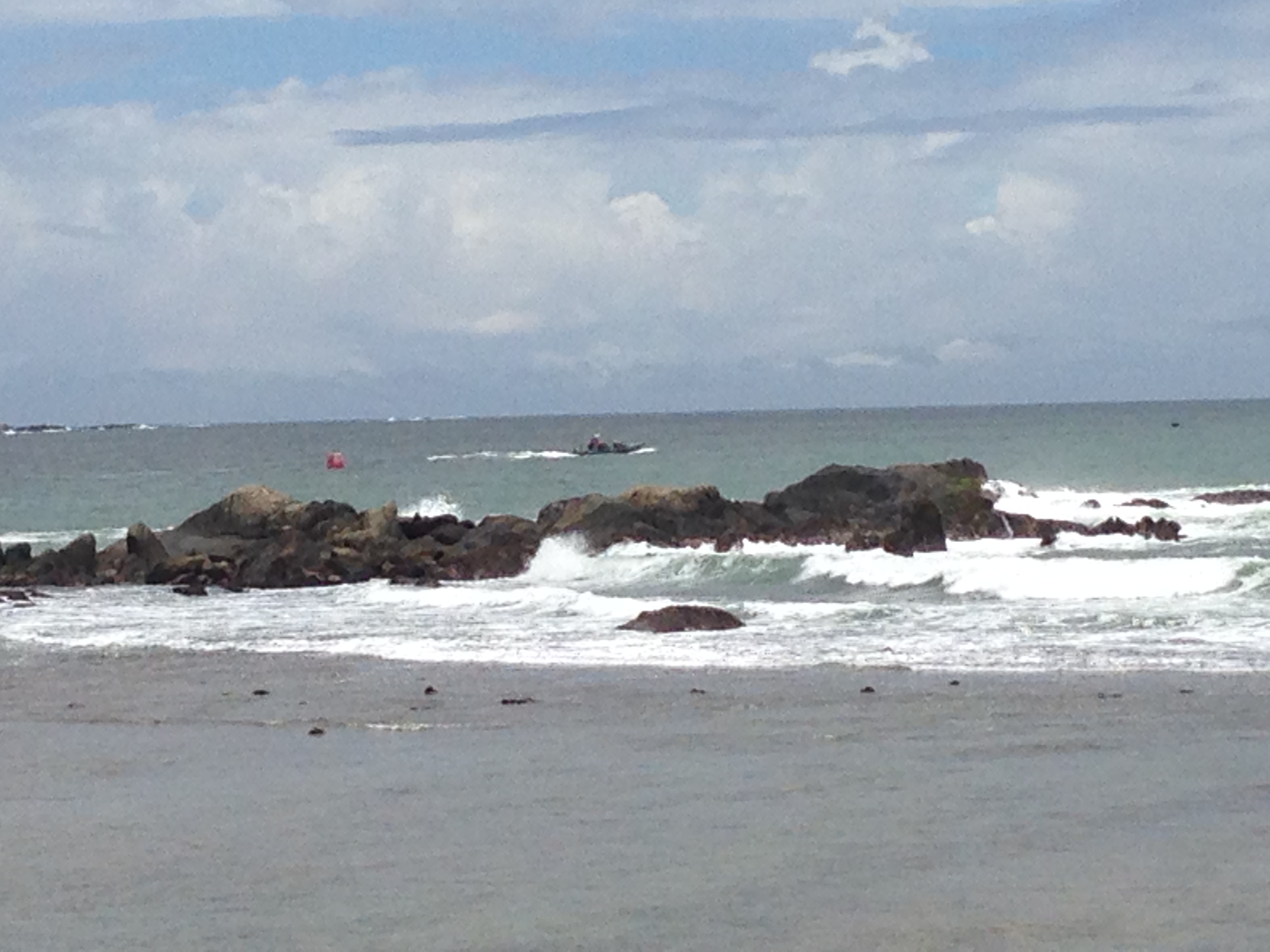
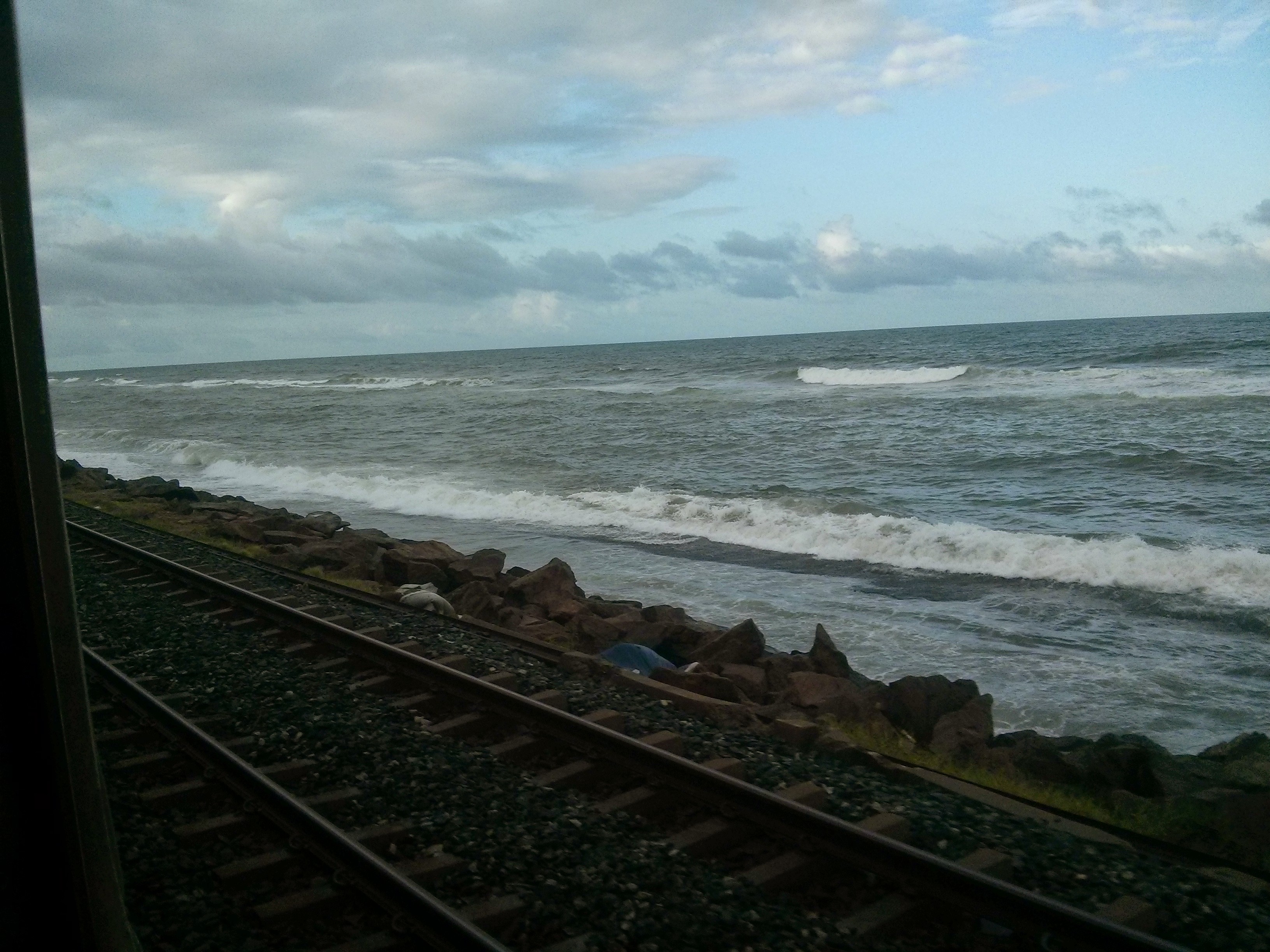

Galle is a fortified city that has a documented history going back to 1400BC. Wiki tells me that “The modern history of Galle starts in 1505, when the first Portuguese ship, was driven there by a storm, however the people of the city refused to let the Portuguese enter, so the Portuguese took it by force. In 1640, the Portuguese had to surrender to the Dutch East India Company. The Dutch built the present Fort in 1663. They built a fortified wall, using solid granite, and built three bastions, known as “Sun”, “Moon” and “Star”. After the British took over the country from the Dutch in 1796, they preserved the Fort unchanged, and used it as the administrative centre of Galle”.
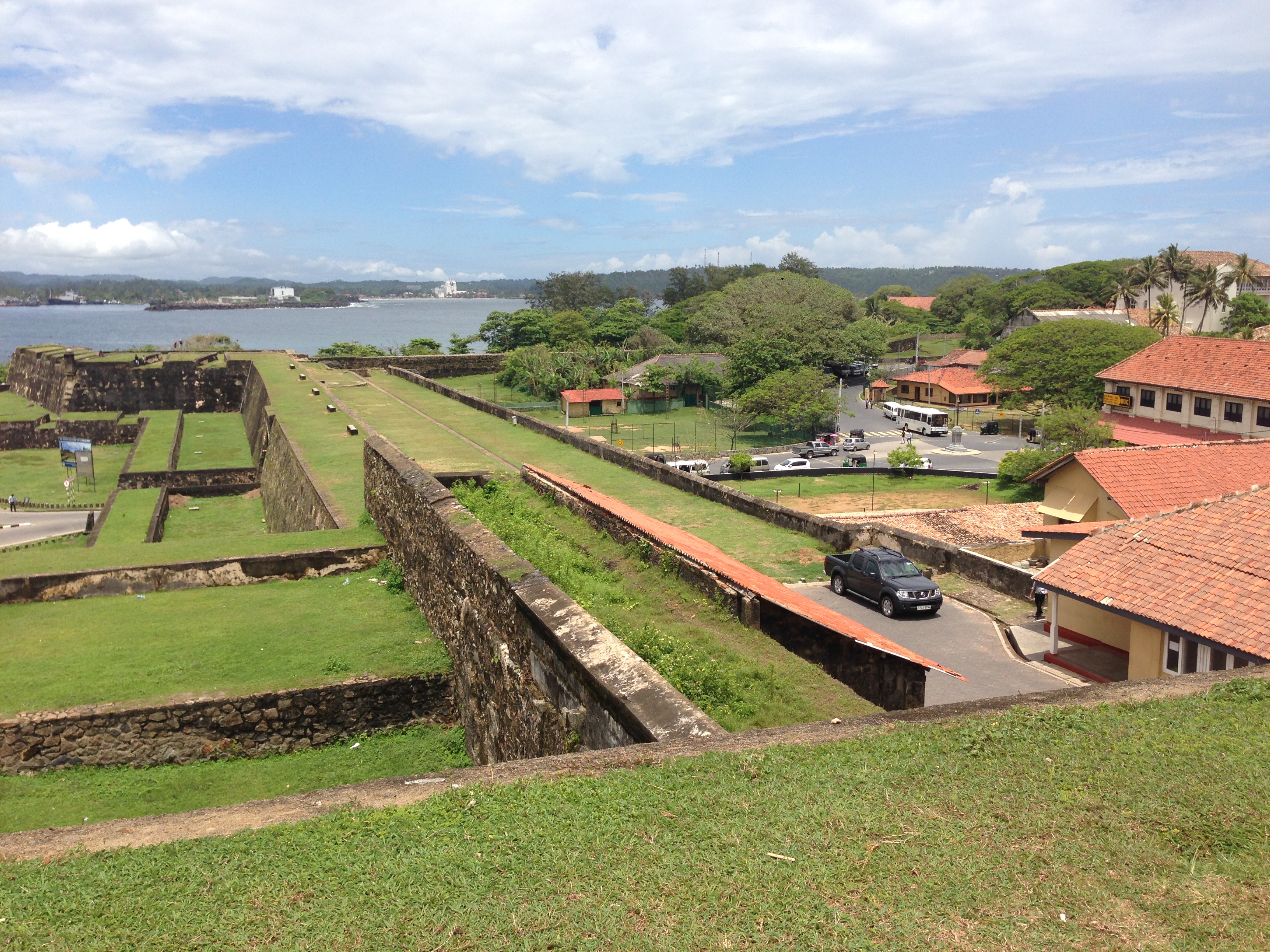
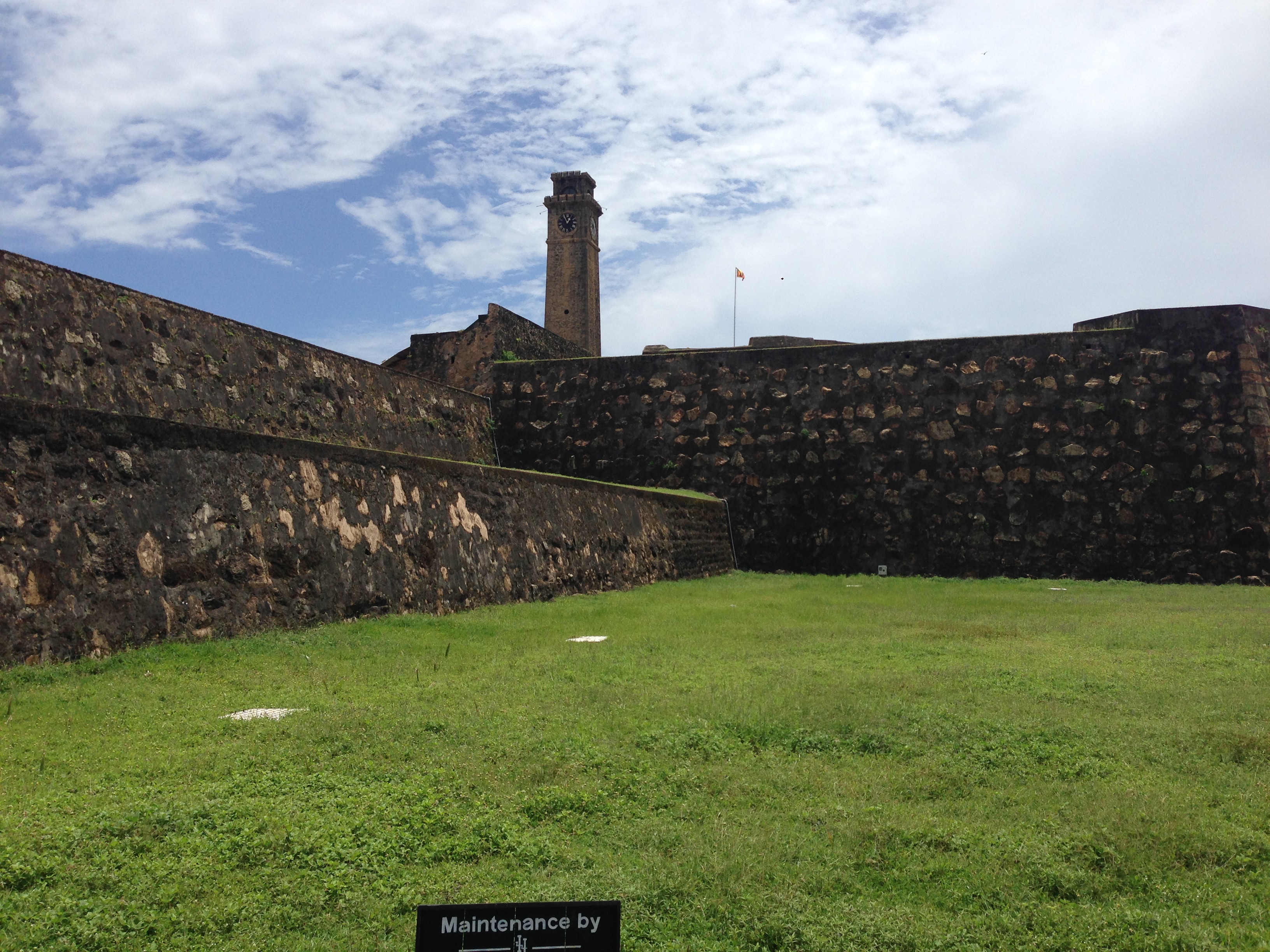
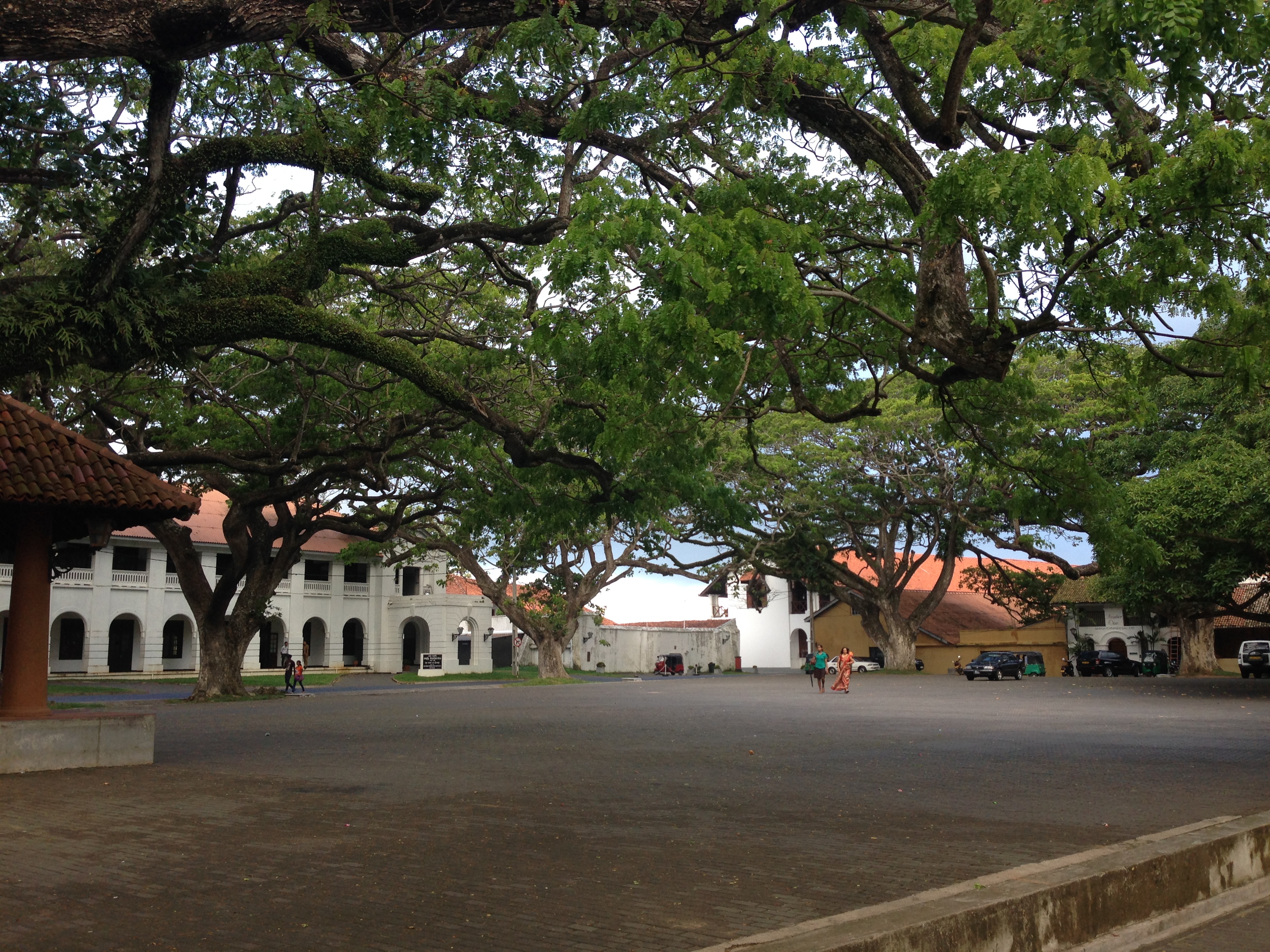
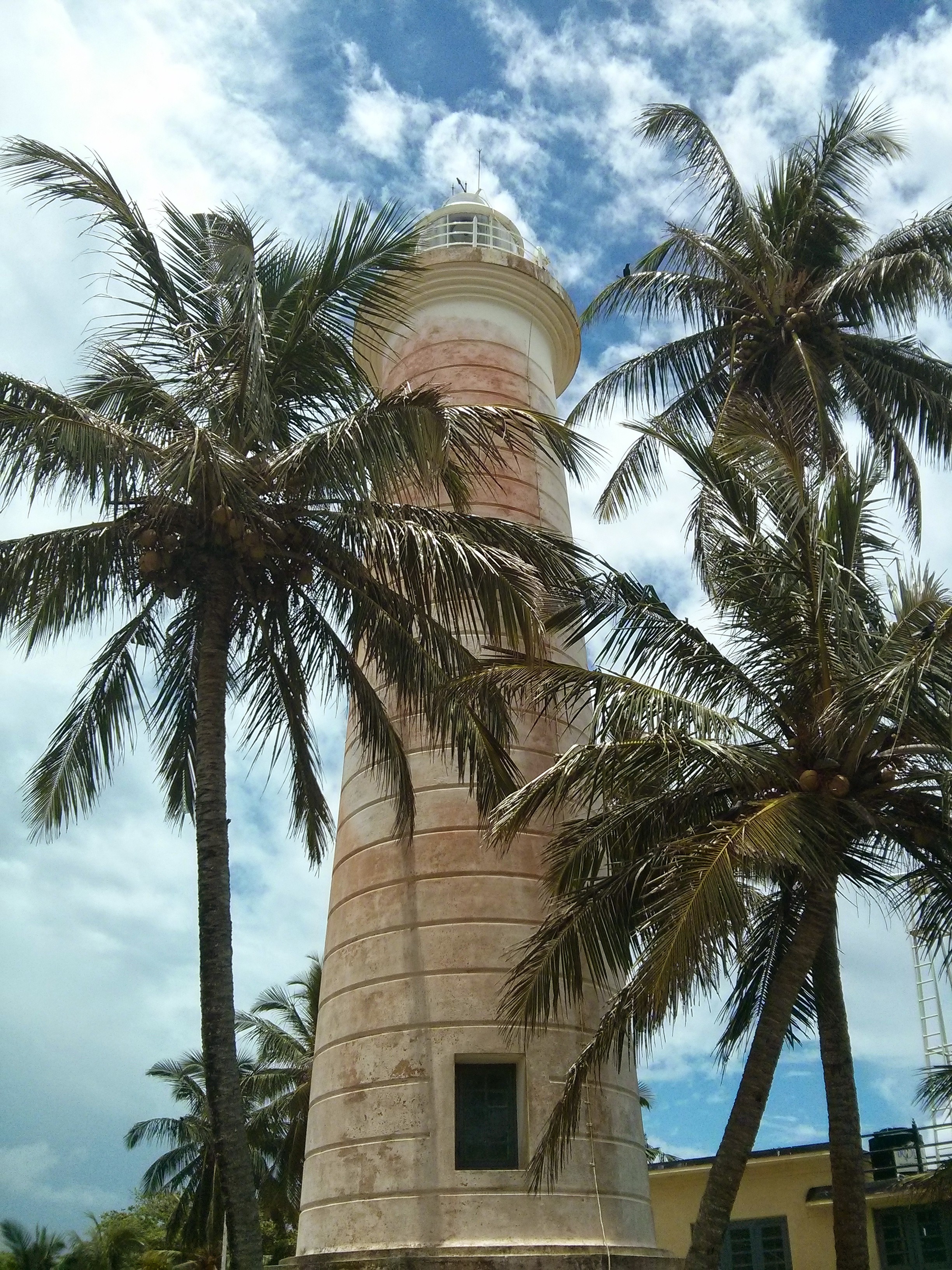
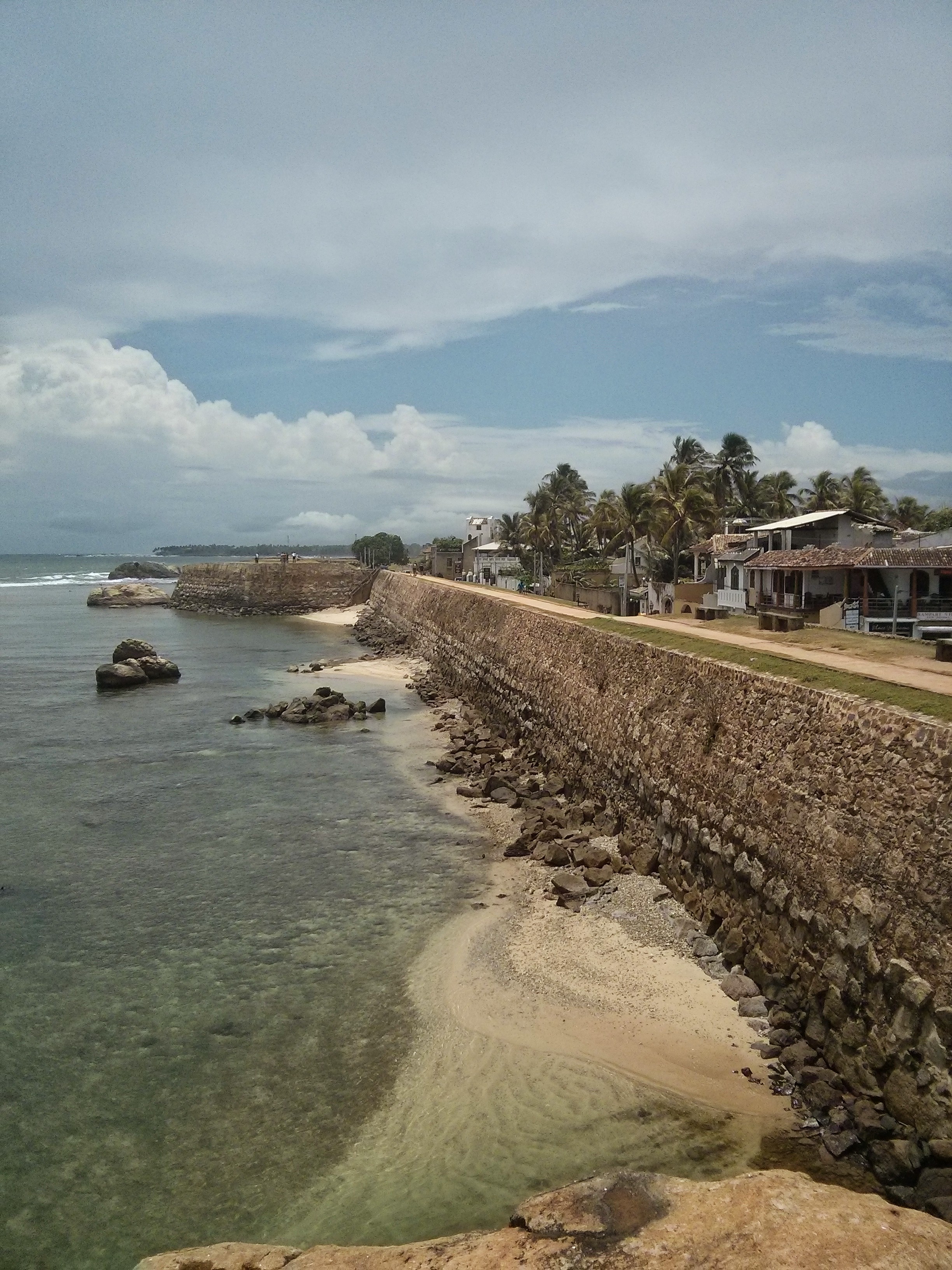


History lesson over the place rocks. It is really touristy (or touristic in the local lingo) but it is still a great spot. The walls and ramparts are incredibly well preserved and there is very little impediment to traipsing all over the thing. Having arrived in Galle we headed for our hotel and had coffee on the breezy terrace while waiting for our room to be ready. A walk around Galle fort and we were almost done. We did a sunset loop around the fort’s ramparts before heading to a local place for 10 curries and rice…for the total price of 950 rupees ($7.66) the price went up to over double that when taxes (and beer) were added…bloody taxes.

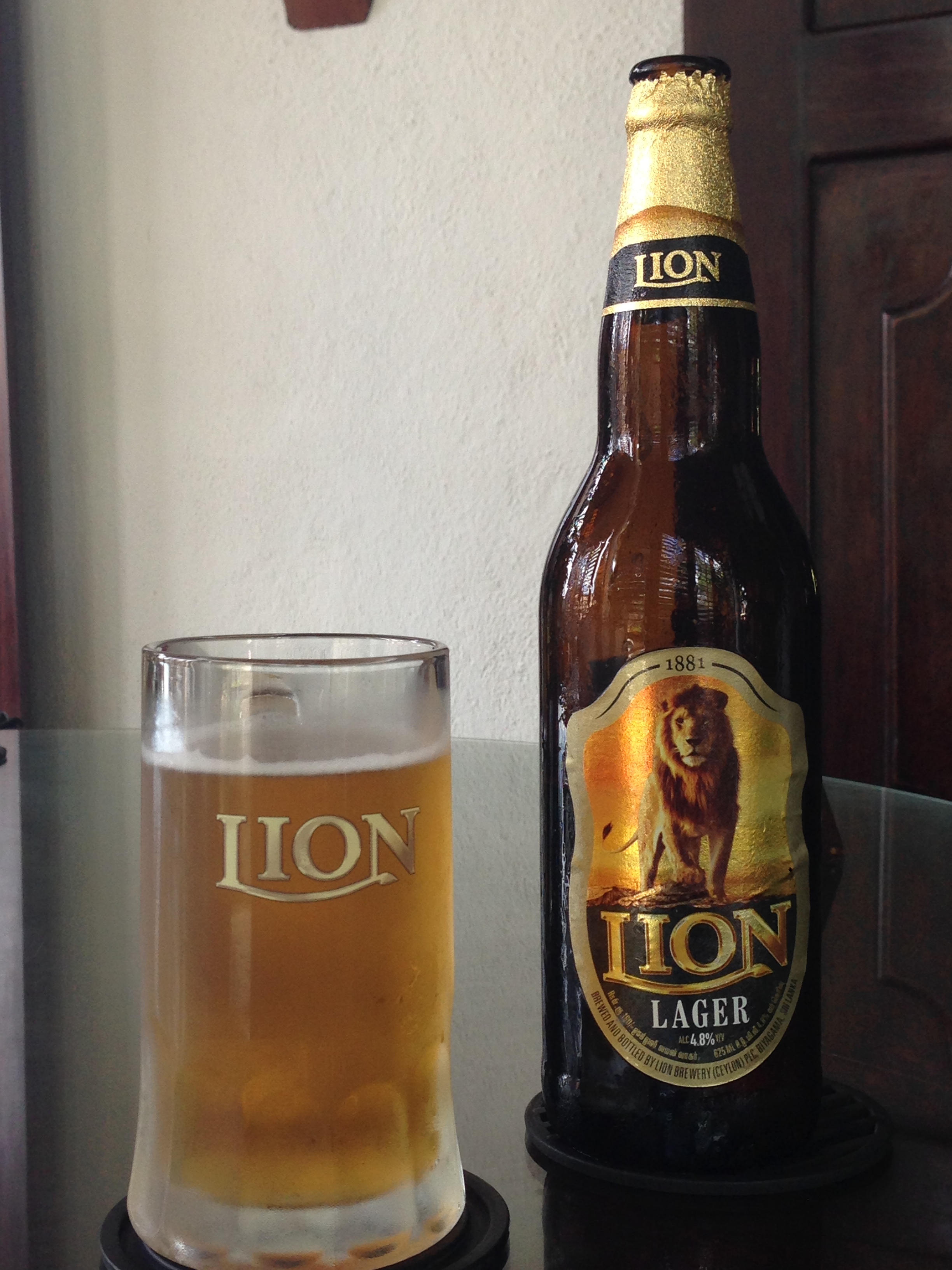

Mirissa
The thing I didn’t mention about Galle was the sea turtles…from atop the walls of the fort…at around sunset…the sea turtles come in to shore and feed in the shallow waters. We spent about 30 mins watching the turtles in the shallow waters near the fort wall. The next morning we hopped a tuk tuk and did the 30-40 kilometre schlepp to Mirissa our next port of call. Our ride was 30-40 Kms, plus driver, plus stops all for 2000 rupees…less than $20.
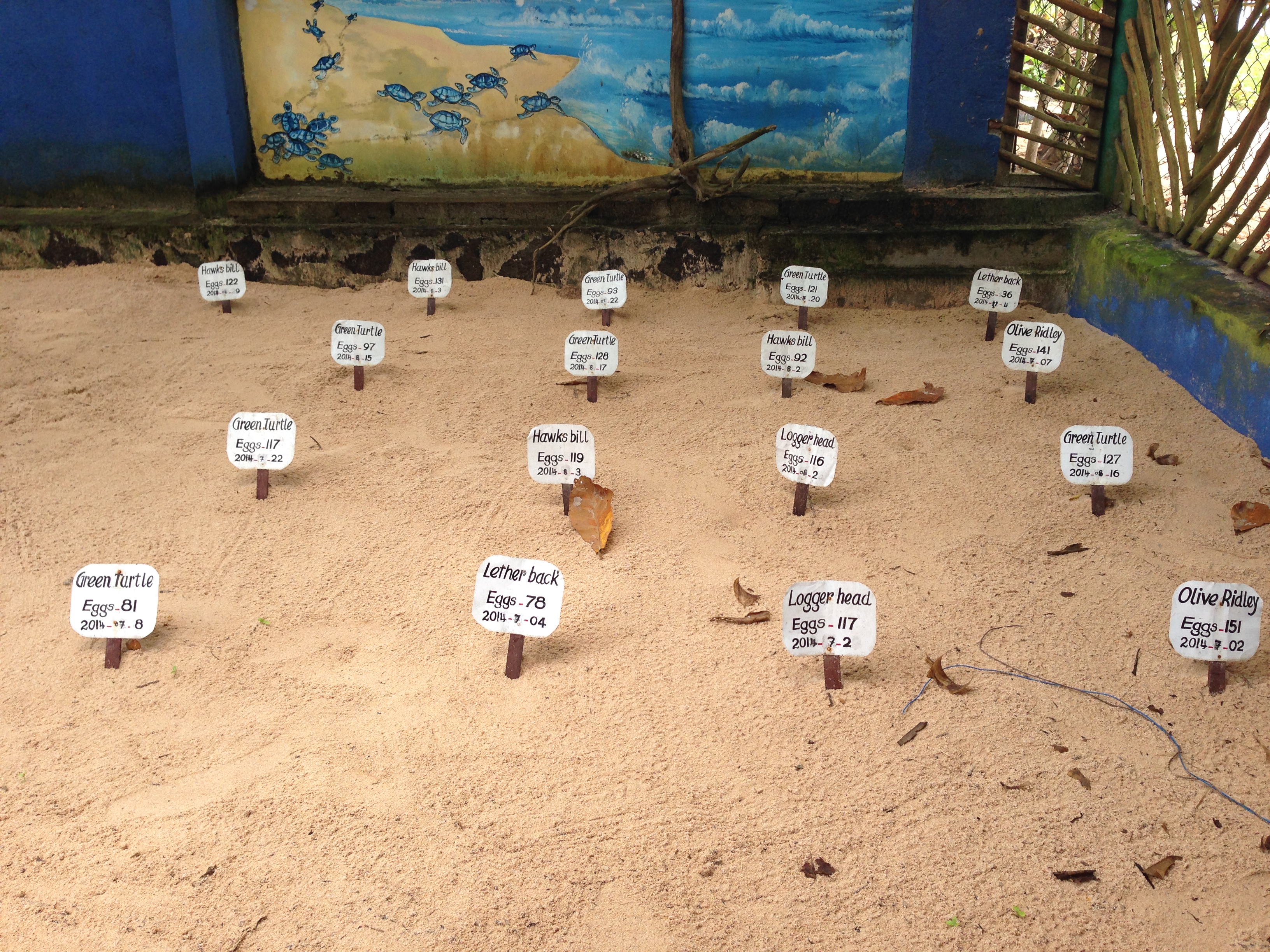
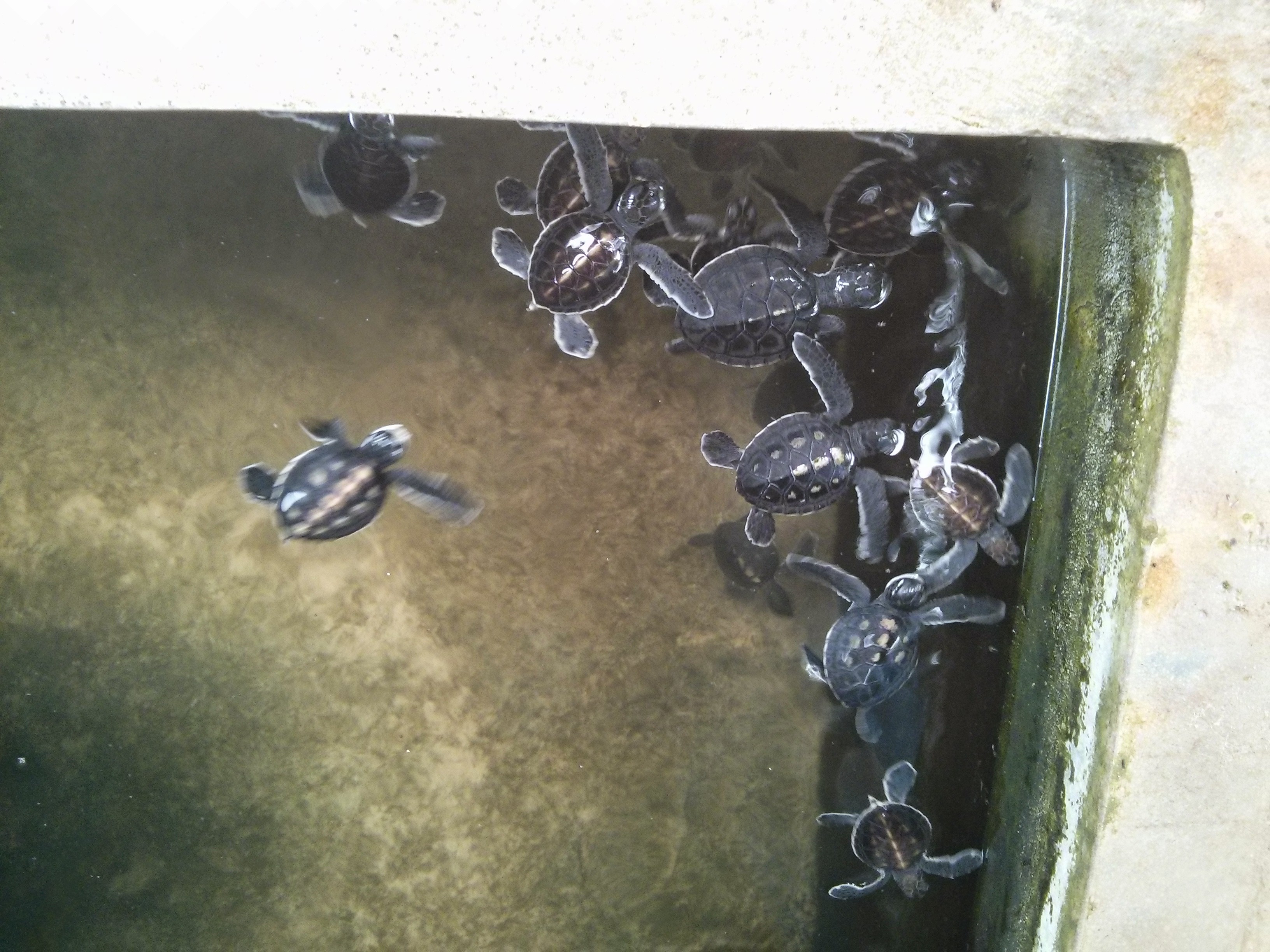
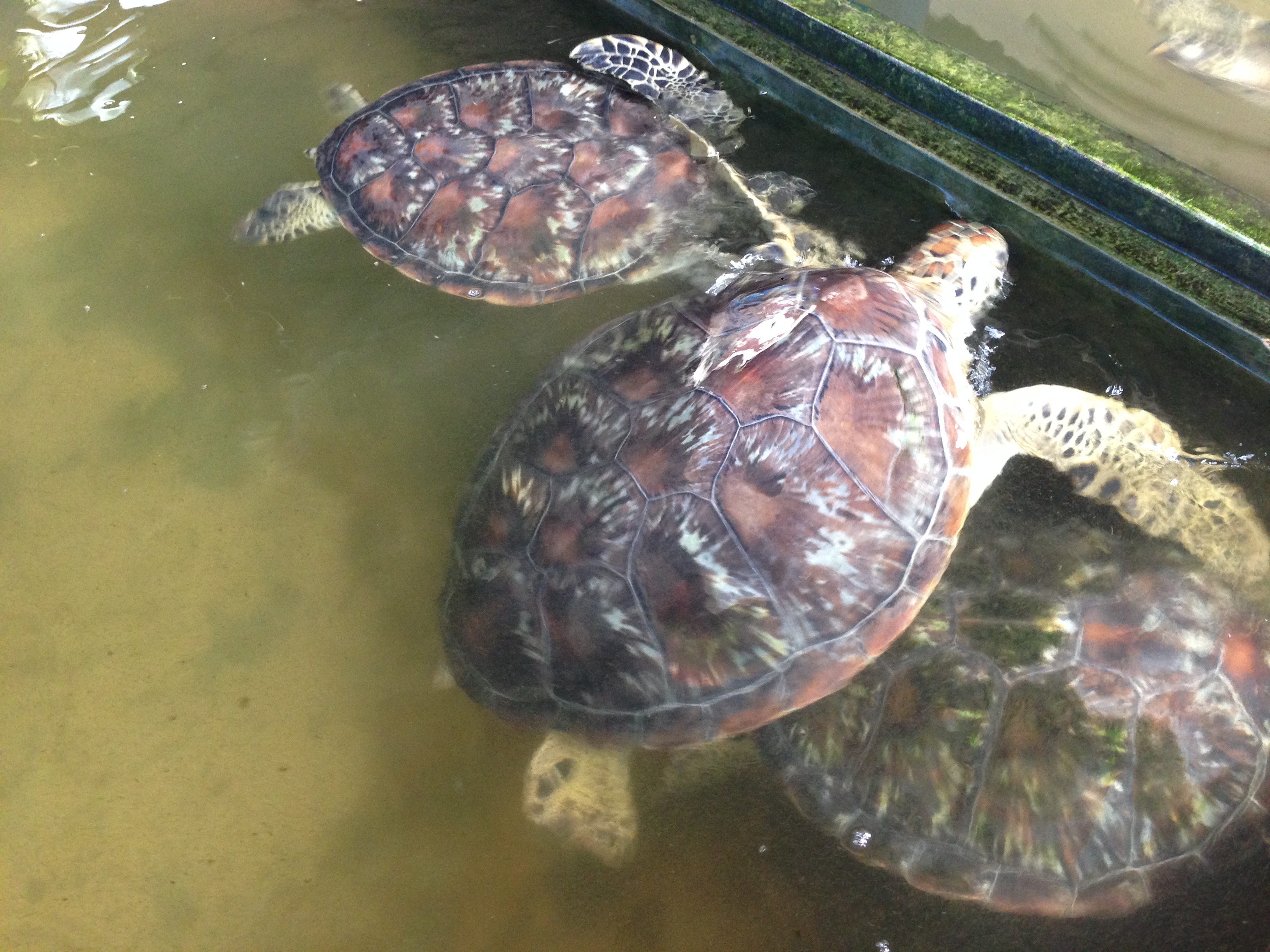
Along the way we stopped at the touristy bits…the first of these was the sea turtle hatchery which is a small place that rescues and saves both the eggs and the munty turtles. So there were a bunch of rescued munty turtles along with the eggs at had been liberated from the beaches (away from the poachers). We stopped at an inland lake, and a bit further on to get a photo of the traditional pole fishermen. It was staged for the tourists but hey…this was how it was once done. Needless to say that the seafood here is good, fresh, plentiful and cheap.
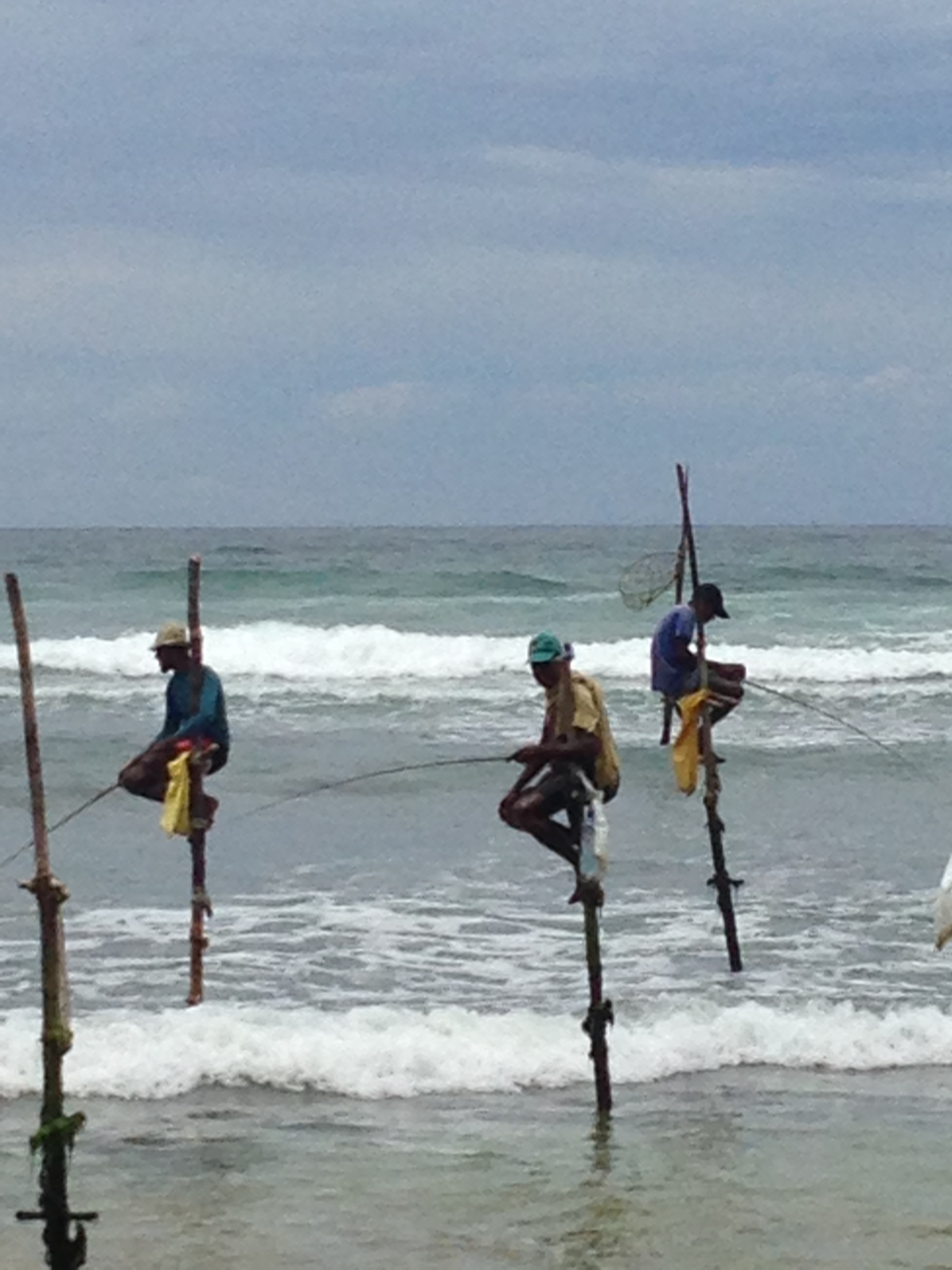
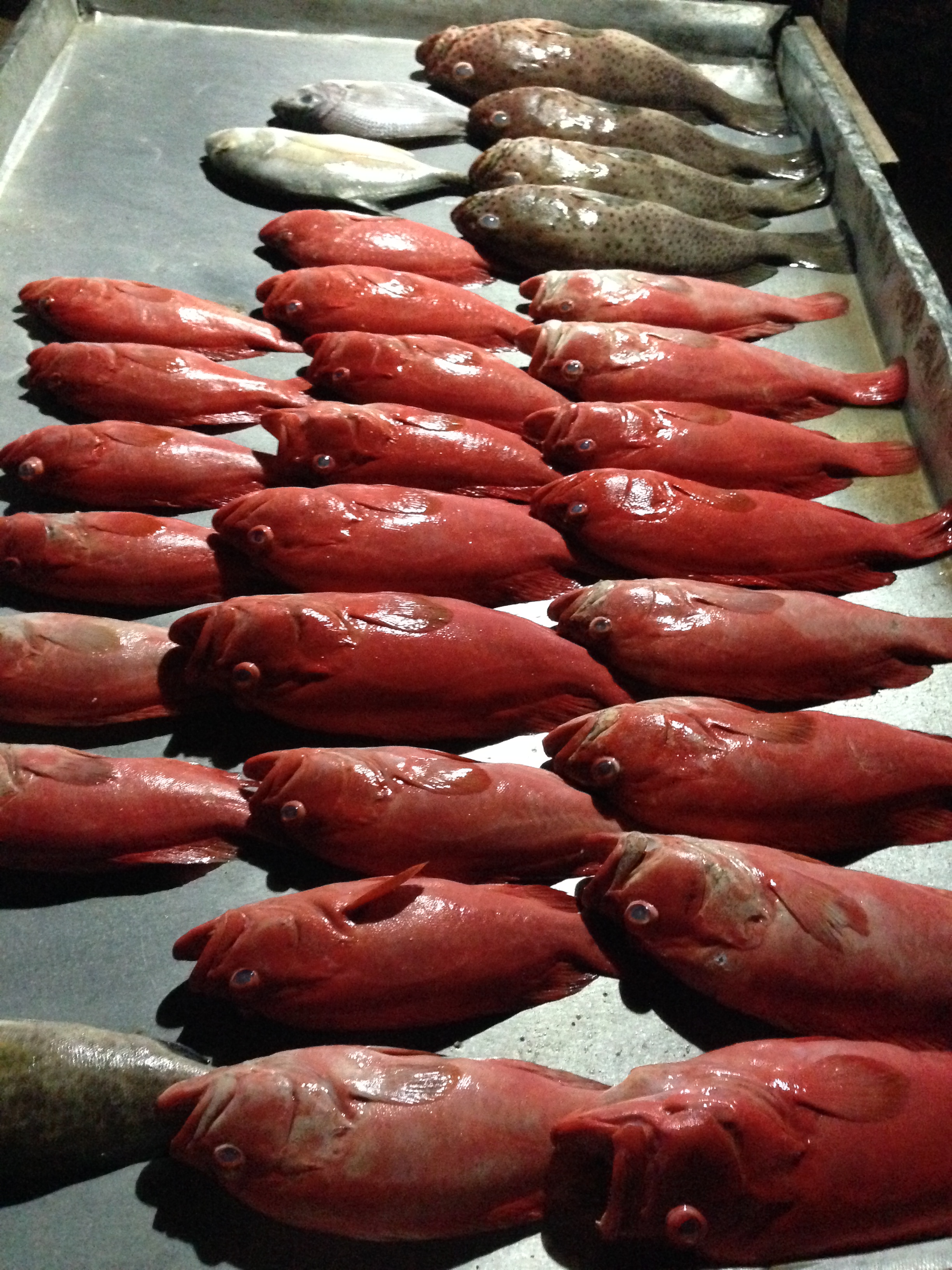
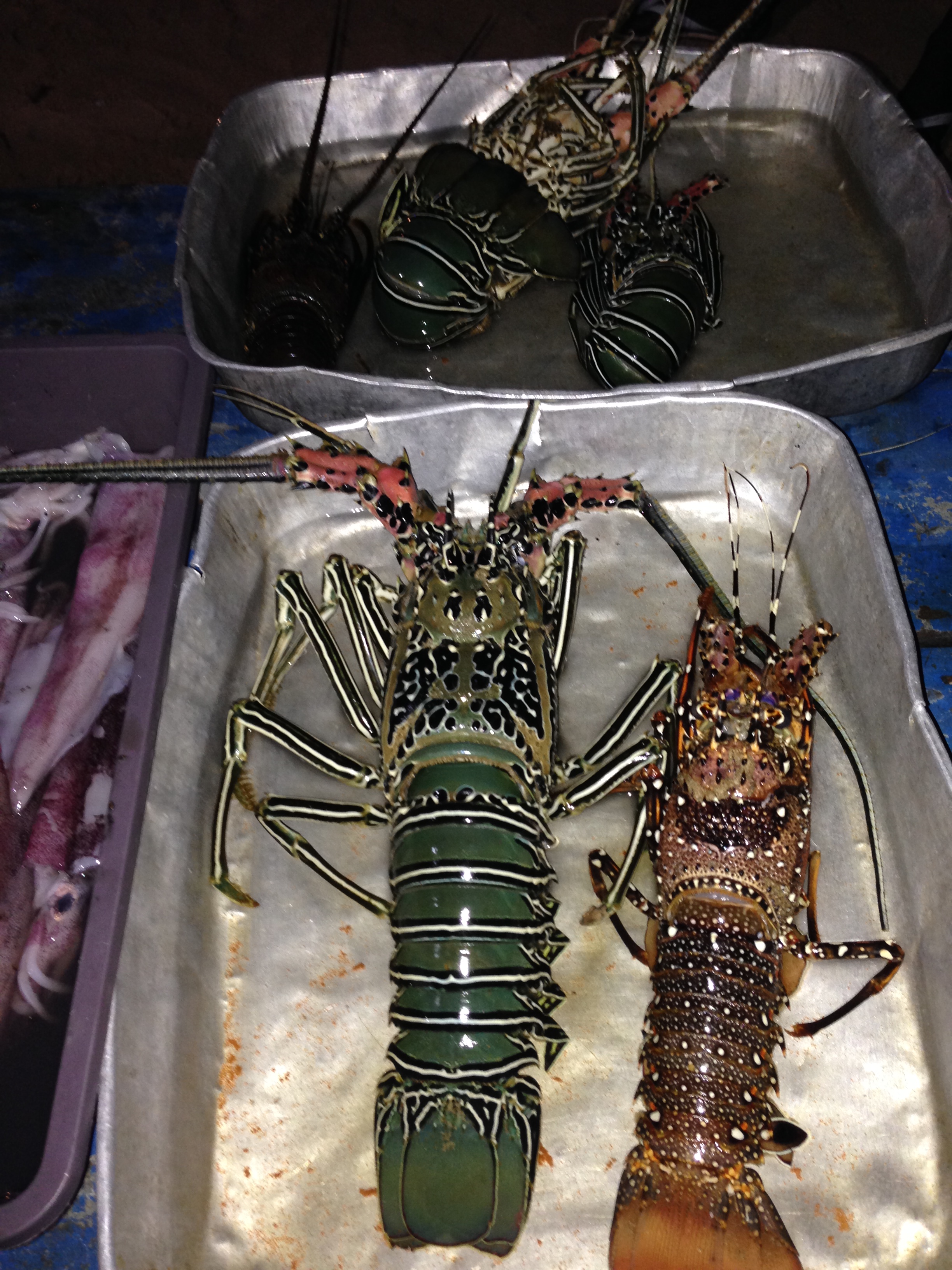
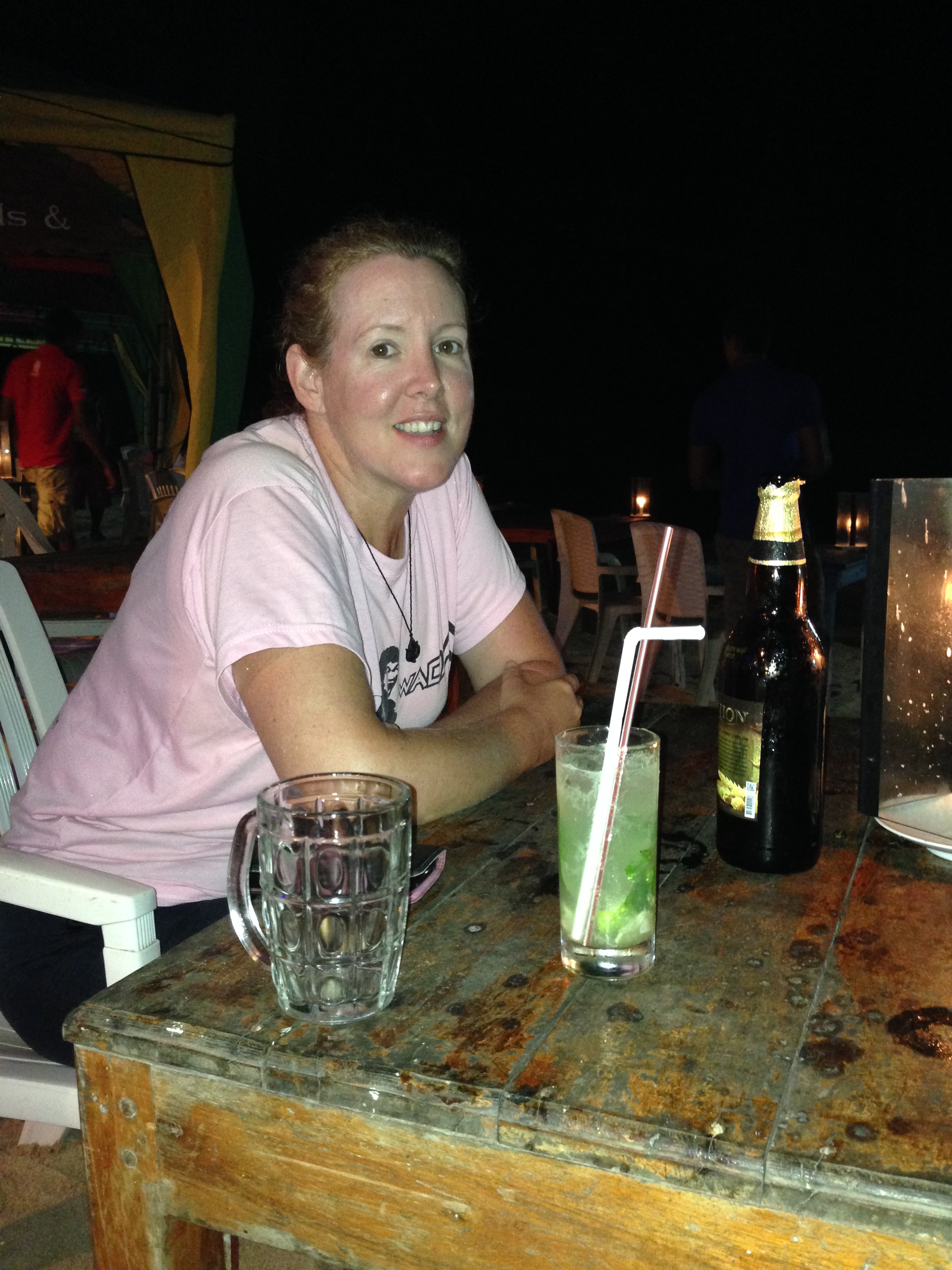
Our time in Mirissa was merely to be a beach holiday on the southern part of the Sri Lankan island…almost. The other gem that I have been holding back for the uninformed (like I was)…is that Sri Lanka has a whale migration similar to that which happens along the east coast of Australia. In Australia we get the humpback whales…in Sri Lanka they get the sperm whales and the blue whales. Now the blue whale is the largest animal known to ever inhabit our planet..including the dinosaurs.
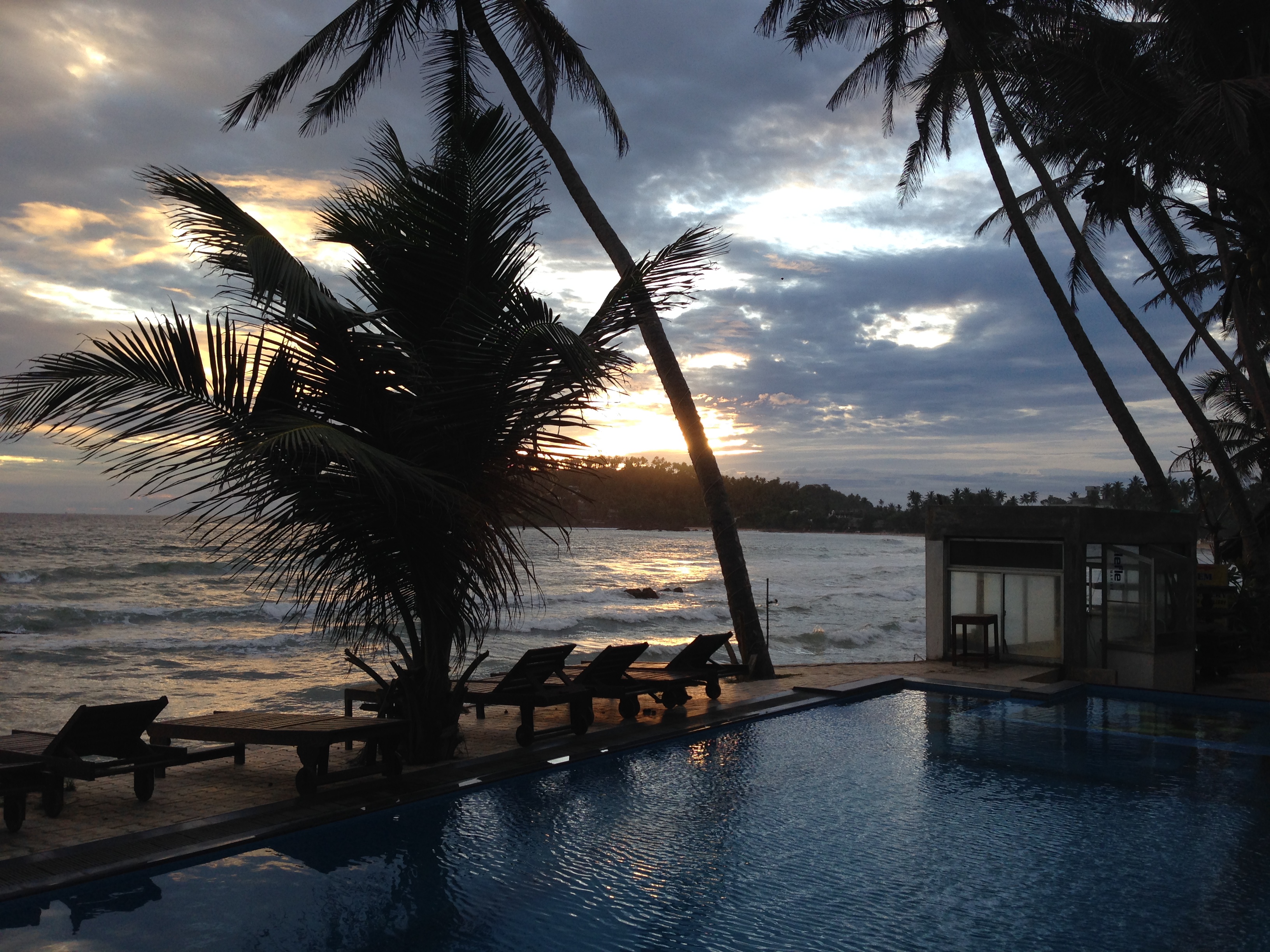
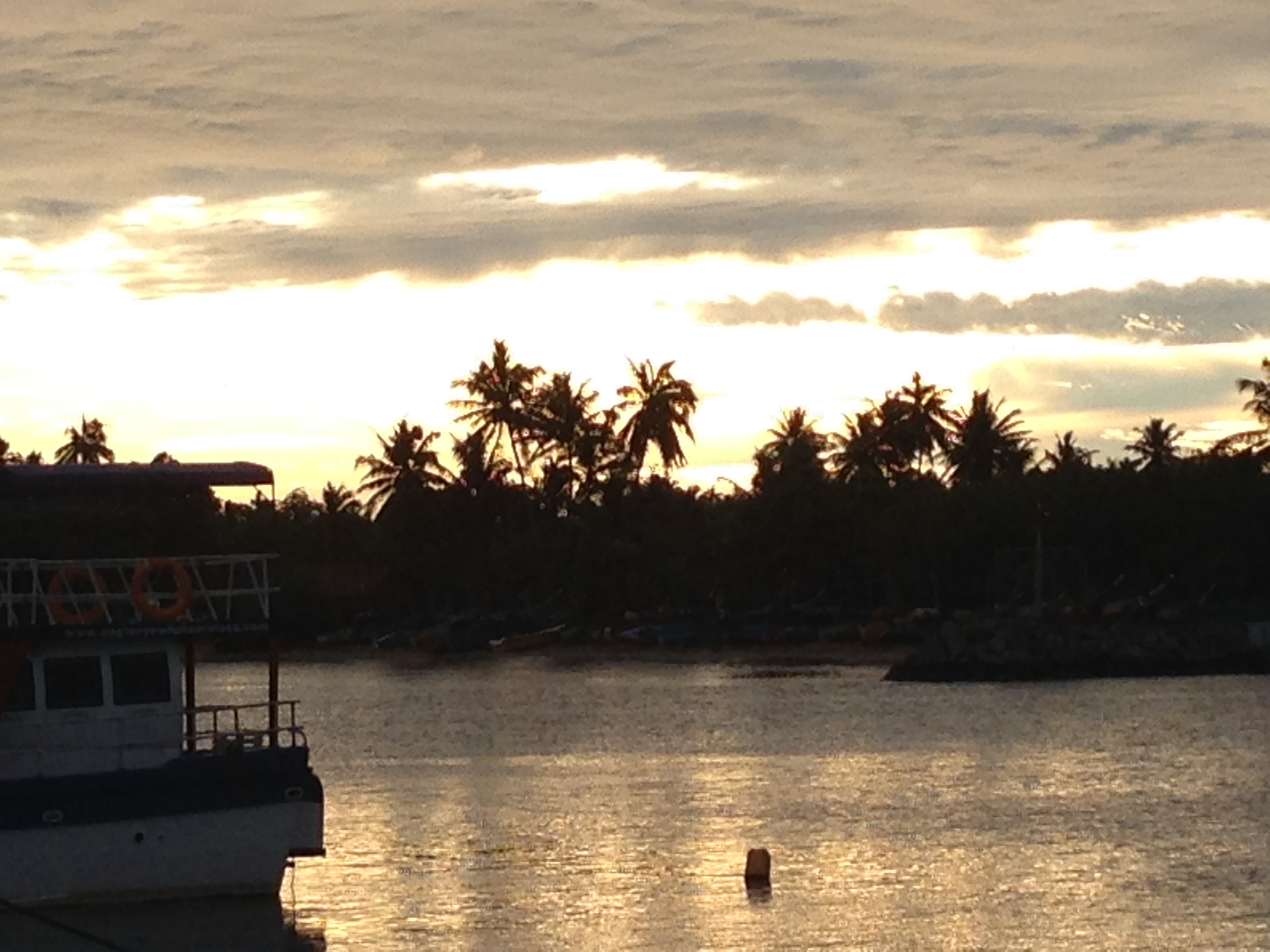
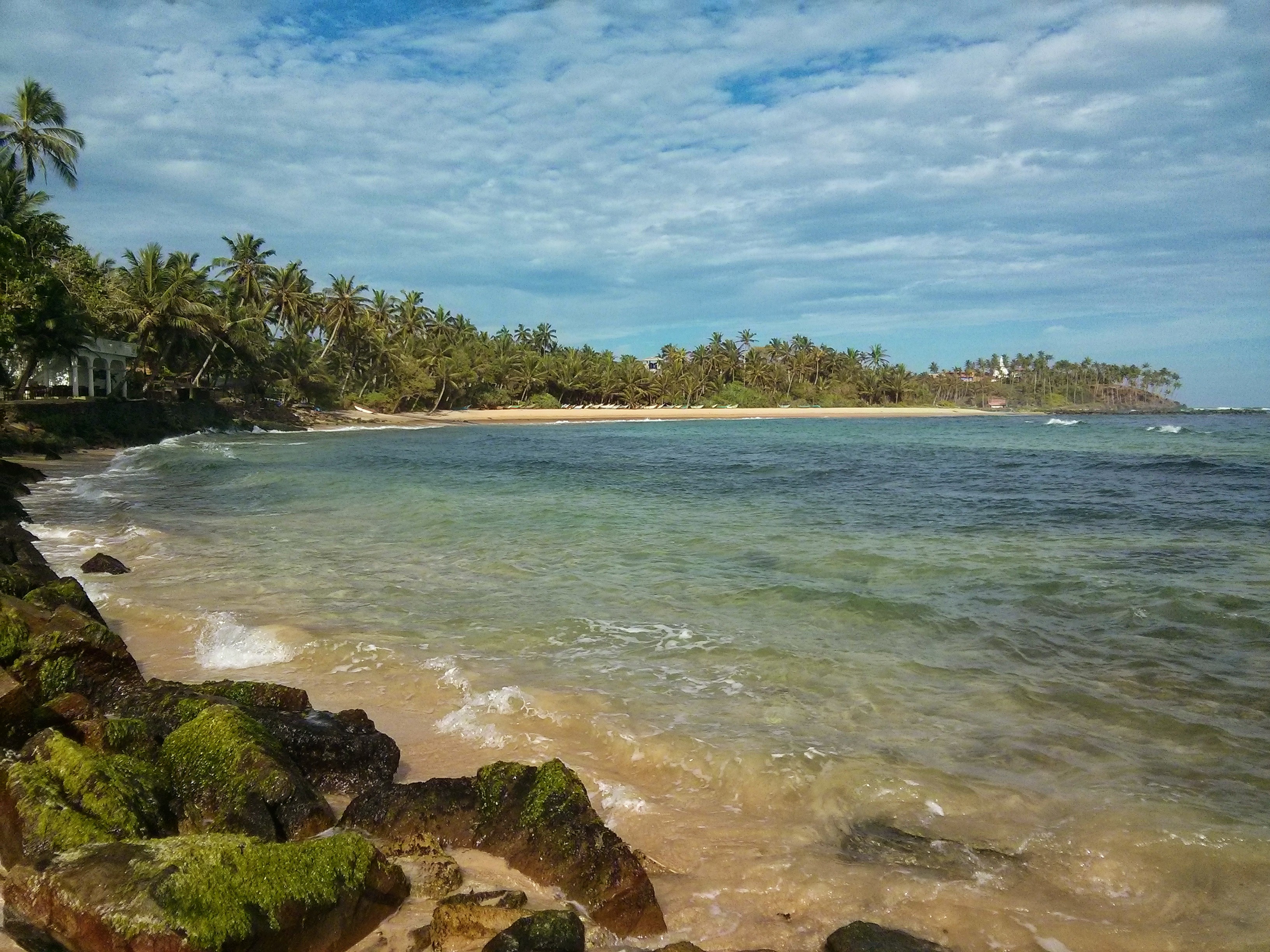
An average blue whale is (thanks wiki) about 30 metres long and weighs about 170 tonnes, which is around twice the length and 4 times the weight of the humpbacks we see back home on the east coast. Alas the blue whales do not put on the same sort of show as the humpbacks (jumping, leaping and fin swatting) but rather just cruise on past with the odd blowhole burst. The experience was not what I had initially hoped for but we did get to see a whale along with some dolphins and flying fish…which was a first for me. I was hoping for some awe inspiring photographs of the whales but the roughness of the seas and the brief glimpses of the whales meant that our cameras and ourselves were not up to the task.
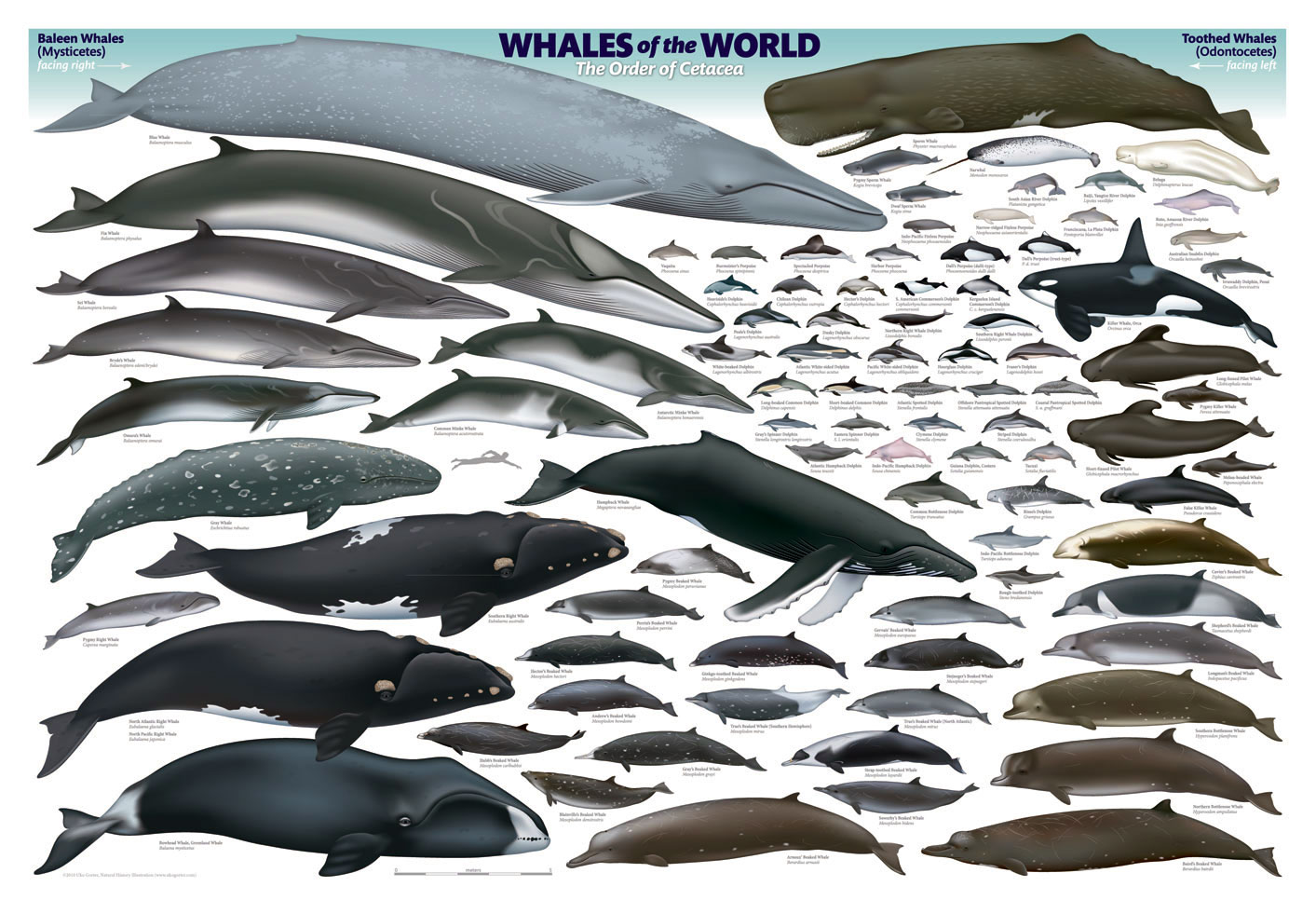
The majority of time in Mirissa was spent lazing by the swimming pool trying to even out the tan lines on our feet from wearing sandal style footwear for so long. Jill’s feet had some strange tiger pattern going on while mine were blocked. The other thing was to use the salt water and sand as a natural loofa as we had both been in need of some general pedicure style maintenance.
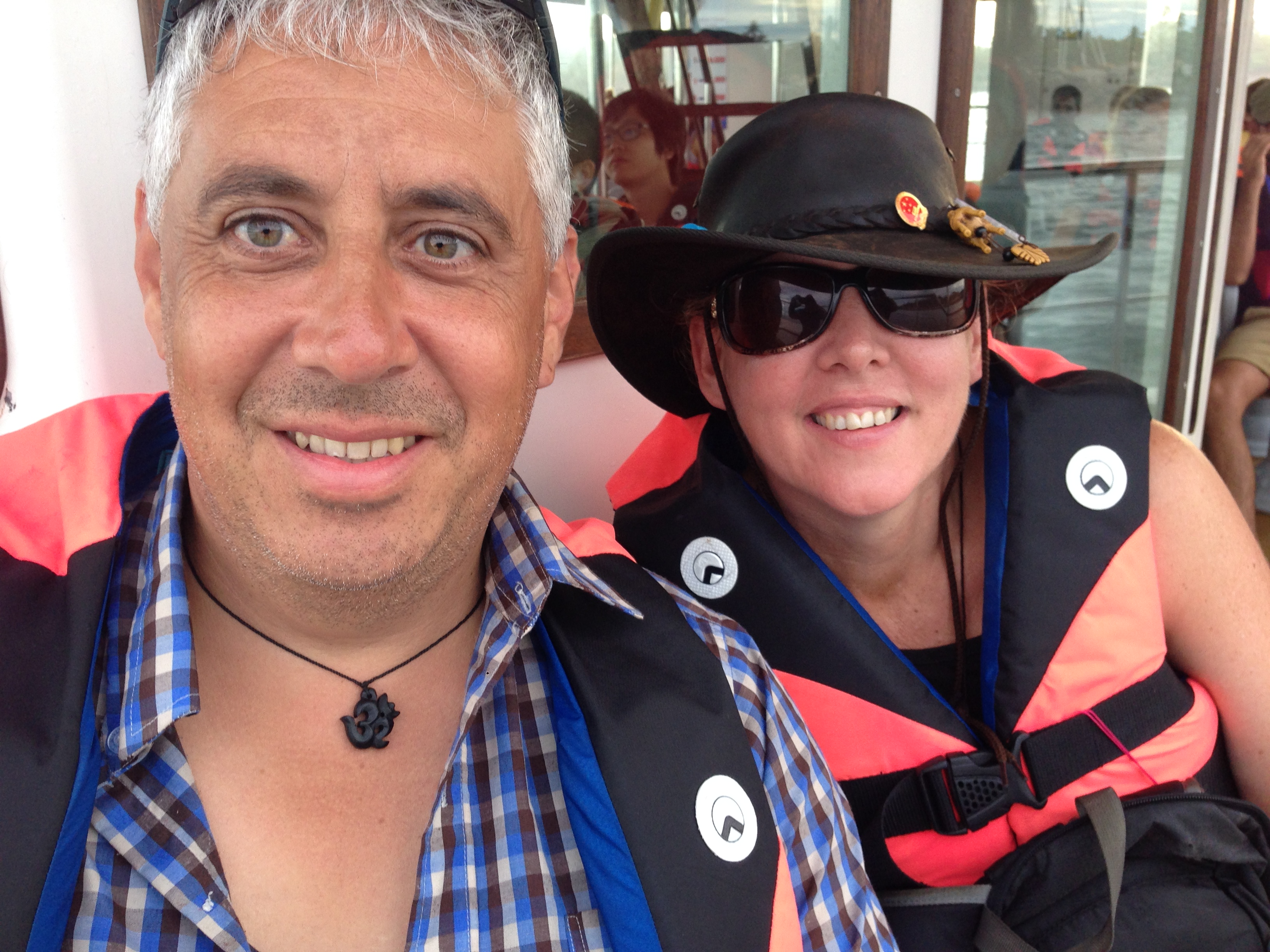
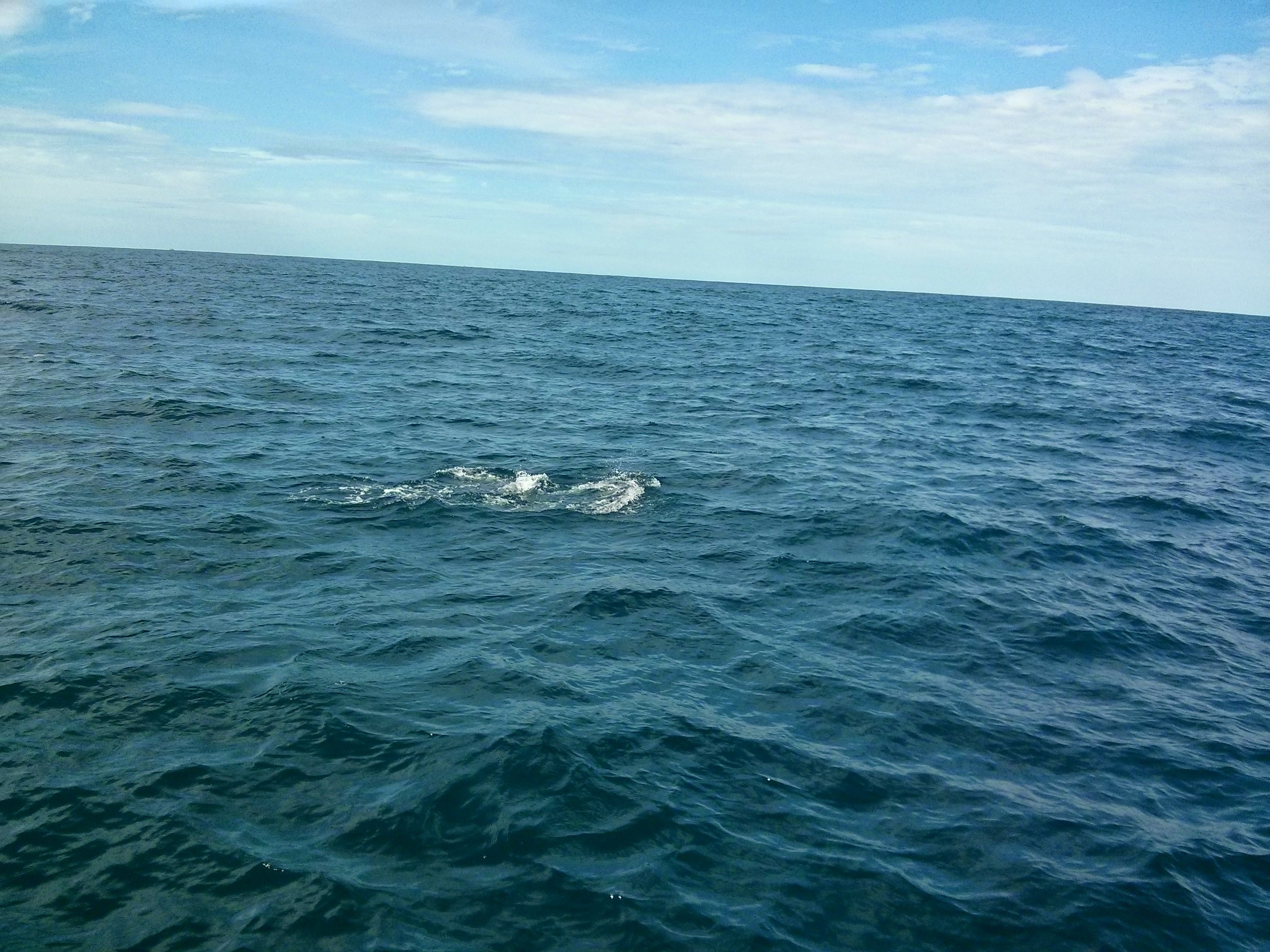
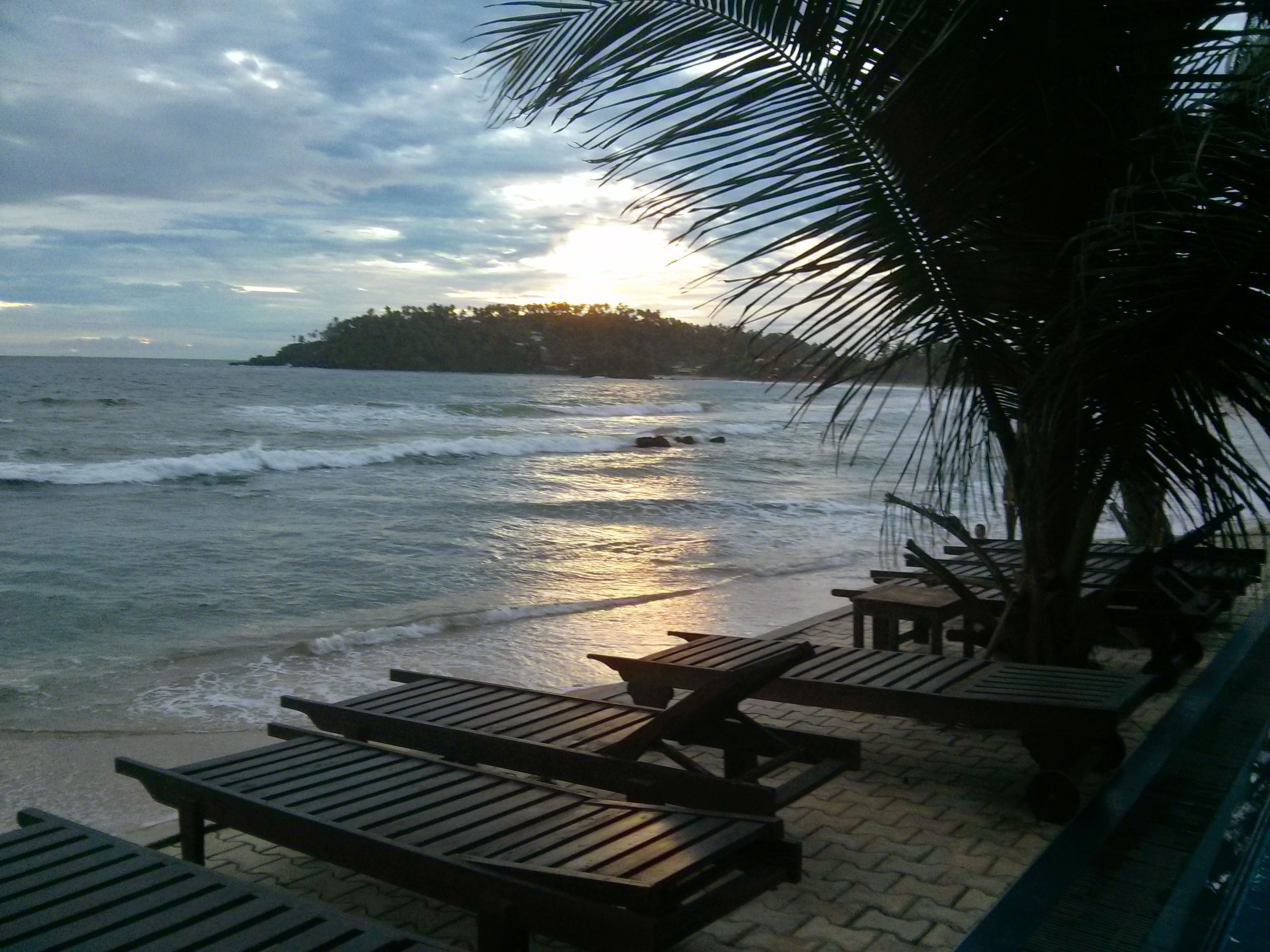
Mirissa was the last of Sri Lanka as we headed back to Colombo before flying out to start the Vietnamese leg of our journey. We would have a day and a bit and a catch up with Ruwan in Colombo but generally that was it. Jill did some prep work for her next assignment. Leaving Sri Lanka allowed us to witness possibly the greatest act of stupidity that we have seen since departing Australia, over 10 months ago. A small child (3-4 years old) was running around the departure lounge of the Colombo airport squealing furiously…ok…annoying but the kid is too young to really stop it…and the parents were trying to calm it down and shut it up…to no avail.
Enter stupidity…Dad was about to have a drink and the child threw a minor tantrum at wanting some…rather than say no they caved and I looked up to see a 3 year old swigging from a red bull can…fast forward 10 minutes… Any idea what red bull inside a brat 3 year old does. The entire airport lounge (and later the plane) was taken over by the shrieks, cries, tantrums and general bratdom of a kid who had been fed red bull and was buzzing off the walls on caffeine.
Thank god that Air Asia X offers a quiet zone for just a few dollars extra…this is just behind business class but is curtained off and children etc are not allowed. And my darling bride has booked us these seats for almost every leg to follow. This transit saw us leaving Colombo at 4pm and arriving in Kuala Lumpur at around 10 pm local time (but only 7 pm Colombo time) where we would crash in the airport hotel before catching an 11:15am flight to Ho Chi Minh City in Vietnam.
This meant we were trying to go to sleep at 8pm to try to catch 6 hrs sleep before being inside the airport once again. Anyway we woke tired and commuted through to Ho Chi Minh arriving there at around noon local time (with another time adjustment).
Sri Lanka Round Two

This was a break stop to avoid the killer long flight back to Australia, while we meandered back home.
For long-time readers, you may recall that back in 2013 we went to Guilin in China and met an amazing Sri Lankan couple (Ruwan and Dilani). While chatting they asked if we were planning to visit Sri Lanka (which we were not). So we rejigged our plans, visited Sri Lanka and loved it.
So this stopover was all about catching up with them and breaking an otherwise long flight to get back home.


But first, a quick note about our almost empty flight over to Sri Lanka from Dubai. We have never been on such an empty flight. Business and Premium economy were pretty full, but for us plebs at the back of the plane, we had entire rows to ourselves.
After arriving we were collected our bags and made it through customs and immigration in record time and then had to contest with the taxi drivers and touts. As we arrived late we stayed at an area called Negombo. This is a nice beach spot relatively close to the airport. We planned to stay with Ruwan on the trip but due to the late arrival the first night was here.
After ridiculous offers of cab fares to our accommodation (4500 rupees) we fought a patchy internet connection to order a car from the Pickme app which suggested that 2000 was more reasonable. After the Wi-Fi connection dropped in and out (losing our ride each time) we eventually got ourselves a tuk tuk. This meant we needed to walk (past the Buddha statue), out to the road where we got met by our man.
Negombo
From here a quick ride, with a lovely breeze, over to the seaside town just north of Colombo. Our accommodation was amazing, and less than half the price of what we had been paying in all of our travels through Europe and the Middle East.






The next morning we were up for a walk along the beach before Ruwan came to pick us up for our journey to begin properly. Our first adventure was on the hunt for mud crabs. Jill’s Uncle Terry had posted to try them on my Facebook and Ruwan had seen this so now we were on a mission. After a false start or two (through the local fish markets etc.), we found the local mud crab exporter and shipper at the local piggery (an obvious place to find it). The big thing about the mudcrabs was that in Australia the going rate sits at around $50-60 a kilo and in Sri Lanka it is more like $20.







Colombo
Well, Colombo has certainly grown up a lot since our last visit. When we arrived a decade ago, there were virtually no buildings over about 5 storeys high. During the past decade, China has funded the construction of massive infrastructure projects in Sri Lanka. There are numerous high-rises all around that were not here a decade ago. The most obvious of these is the Lotus Tower.

The lotus tower “Nelum Kuluna” is the tallest skyscraper in the country.
It stands 351.5m tall and cost US $113 million to build. The official blurb tells us that the lotus symbolises purity and represents the country’s flourishing development.
But the lotus is also the symbol of the political party that the President at the time (Mahinda Rajapaksa) hailed from.
Added to the above, the Chinese investment has been spent on building are some massive white elephants (notably the Mattala Rajapaksa International Airport and Port City). These developments have sent Sri Lanka into a debt crisis. The lunacy of these investments has been publicly described as (I love this one) “monuments to fiscal profligacy”.
Mattala Rajapaksa International Airport (MRIA) was assigned 2000 hectares of land with the funding to build it ($190 million) coming from the Chinese government in the form of high interest development loans.

Built during the presidency of Mahinda Rajapaksa the location of the airport just happened to coincide with where he lived. He also built the Hambantota International Port there (the port has been leased to China on a 99 year lease) and tried to get an international cricket stadium built there too.
The first stage of the airport was completed with projections to serve one million passengers and handle 45,000 metric tonnes of air cargo each year. It opened in 2013 however, due to low demand, all of the international airlines left by 2018. On average now 4 flights per month land in MRIA.

Port City was next in line. It is a 269-hectare ocean reclamation development funded by Chinese direct foreign investment however the project was seen by many to be merely a Chinese debt trap.
When completed, Port City Colombo will have over 5.6 million square meters of built space, boasting the best in design and standards. The development will comprise of 5 different precincts including a Financial District, Central Park Living, Island Living, Marina and the International Island. The loan agreement allowed two Chinese companies to jointly operate the terminal and take a 65% stake in the port for the next 35 years.
When the land was being reclaimed, plane loads of workers were flown in from China, they were housed and fed in on-site accommodation. The only real benefit that was derived for the local people was that the rock and gravel used for the fill were sourced from Sri Lanka.
In addition to the projects above the former President also sought Chinese investment in the financing and construction of ports, power plants, roads and mines. According to Wiki, Sri Lanka’s foreign debt increased US$11.3 billion in 2005 to $56.3 billion in 2020. Foreign debt in 2019 was about 42% of GDP but by 2021 it rose to 119% due to these loans. Sri Lanka has defaulted on these and is unable to make even interest payments on loans. In 2015 surrounded by screams of alleged cronyism and corruption, he lost a bid for a third term.
The mismanagement of Sri Lanka has led to some terrible things being done to its people. We were told of the on the ground impacts that followed from defaulting on the international debts. No vehicle (or any other large imported item) has been brought into the country for the last 3 years, petrol was scarce for months at a time and the community has been saddled with high taxation to pay back the debts that were incurred. In the meantime, the projects that incurred the debts were folly and sit as white elephants.
Anyway, the sad realities dealt with, let’s talk about travelling and exploring this amazing country.





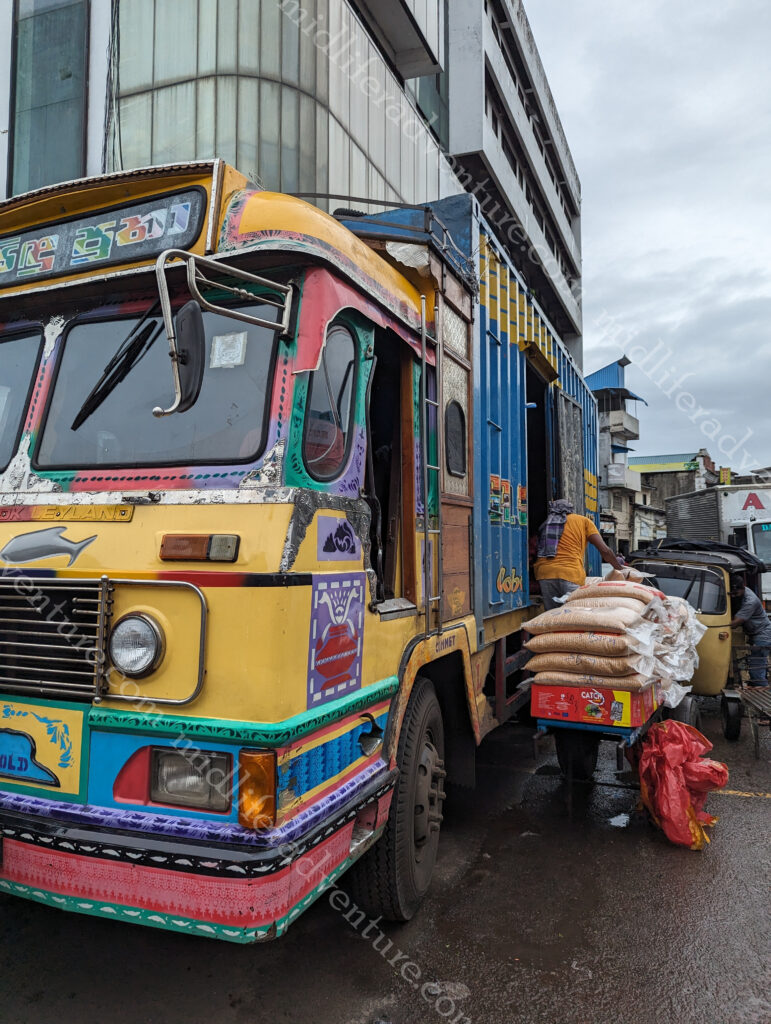

Ruwan had been monitoring our travels up until now and had been observing the sorts of things that we had been doing and seeing. Being the cracking fella that he is, he tried to organise things that were totally different for us to do, while we were in Sri Lanka. The first thing on the agenda was a 5am wakeup so that we could get on the road and head to the Elephant Transit Centre.
The Elephant Transit Centre is a wildlife protection facility in the Udawalawe National Park. On our first trip, we had visited the Pinnawala Elephant Orphanage which took care of orphaned elephants. This one was similar but the focus here was about getting them back into the wild. Because of this, there was much less human interaction and, for the most part, all of the elephants were babies.









We missed the morning session and had a few hours to kill so we hung with Ruwan’s handyman (whose sister worked at the centre). We went to his home, walked through the countryside and got to see a taste of real Sri Lankan life. This included the sheer joy that he could share this experience with a couple of foreigners. The hospitality was overwhelming, including the fact that they fed us. The meal was something a little out of left field as we sat by the riverbank and ate an incredibly hot (spicy) porcupine curry.







Yep, you read that right. Porcupine, yet another animal to add to the weird animals that we have eaten list.
The thing that Ruwan has done since we first met was to turn himself into a superstar photographer. Being stuck at home through COVID has prompted him to amuse himself so he has bought a flash camera and a monster lens and has been taking some absolutely amazing wildlife shots. As you can see from his photos below, he has some serious skill and my little phone camera really doesn’t cut it.









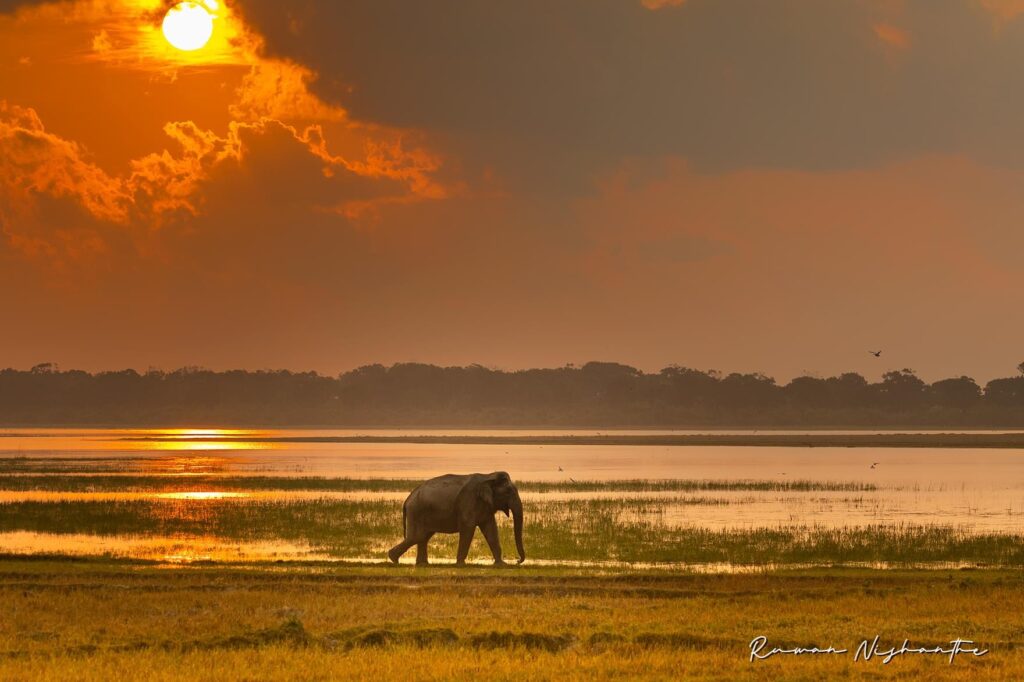


I put him in a headlock (metaphorically) and got some photography lessons from him, so my photos may improve. Anyway, the next thing on the list of things that he had organised for us was a safari at the Yala National Park. Moving on from the elephant centre we kept going to our accommodation for the night, Ruwan had us booked into a safari lodge. This involved a really dodgy night roughing it in a tent in the middle of the jungle. I posted the photos on Facebook and everyone questioned my description suggesting that it was more “Glamping” than roughing it. Anyway you can make up your own mind on just how tough we did it.









As you can see from the photos above it was a hardship roughing it in the jungle at a safari lodge (Mahoora).
Yala National Park

The next morning it was up at 5 am where we met our Safari Jeep and headed out for the first entry into the Yala National Park.
Yala was designated a wildlife sanctuary in 1900 and became a national park in 1938.
Ironically, the park was initially used as a hunting ground for the elite under British rule.
Yala is made up of 130,000 hectares of land which combines a strict nature reserve with a national park. It is divided into 5 blocks (2 of which are accessible to the public) consisting of light forests, scrubs, grasslands, tanks and lagoons. It is home to 44 varieties of mammal and 215 bird species.




Among its more famous residents are the world’s biggest concentration of leopards, elephants, sloth bears, sambars, jackals, spotted deer, peacocks, and crocodiles. Pretty much all of which we got to see (with the exception of the sloth bears).














Of particular interest was an up close and personal experience with a bull elephant. While perched high in our jeep the elephant came out of the jungle and took exception to our presence. So it walked over to the jeep and head butted the car trying to push it over, while we were sitting in the back of it.
While zipping along we got word of a leopard, and turned and chased it. We got lucky and caught the last minute before it disappeared back into the jungle. In case you were wondering…it was a boy leopard.




Tourist Prices
This was a bugbear for me last time we were here in Sri Lanka and it remains one today. Almost everywhere you go in the world, there are two pricing scales, one for the locals and one for the tourists. This we are used to and have come to expect and in some cases even embraced. But Sri Lanka takes this concept too far.
They did last time and continue to do so to this day. Originally the open gouging of tourists was confined to the tourist sights run by the government but now this has grown to be common practice throughout the tourism industry in Sri Lanka.
I guess that this was a little more evident this time around as we were travelling with locals everywhere we went. On our original visit I was complaining that our Sigiriya trip would cost a local 40 rupees to get in but would cost us 3900 and Polonnaruwa was 50 for a local and 3250 for the foreigner.
So our accommodation cost was organised by Ruwan (he got it for 7,000 but the cheapest we could do online was 12,000) this translates to the difference between $35 and $60 for the night’s accommodation. We had the BBQ dinner at the safari lodge and the cost for Ruwan and Dilani was 700 rupees ($3.50) while the price for us was $US22 (7,100 rupees). We sat at the same table and ate the same food. Below is a list of some of these differences that you may be subjected to.
| Item | Local Price | Foreigner Price |
| Sigiriya | 100 | 9,700 |
| Polonnaruwa | free | 8,100 |
| Lotus Tower | 500 | 6,500 |
| Yala National Park | 970 | 14,000 |
| Udawalawe National Park | 150 | 9500 |
| Elephant Transit Centre | 115 | 1900 |
Sri Lankan Food
Sri Lankan food is amazing and made even better because Dilani was a spectacularly good cook. The range and variety of local foods was fantastic (albeit that she toned the spiciness level down for Jill). Mudcrabs, prawns, dahl, veggies, curries, string hoppers, accompaniments. Really how could anybody ever complain at feasting on a wide variety of yummy food every night.


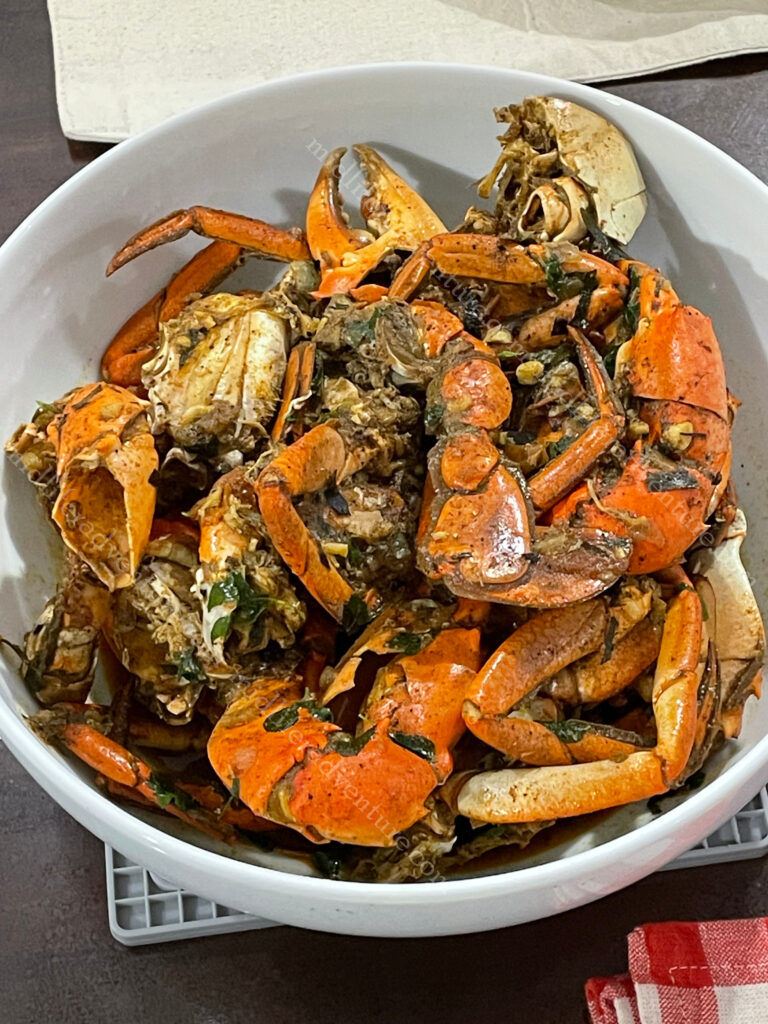







The last stop that we made was at a local stall on the side of the road where we got fresh curds with treacle (or local honey in our case). Eaten in a clay pot with a banana leaf shard as our spoon.
Once again we have visited and loved Sri Lanka. We are already talking about when we can come back. Add to that the proximity to the Maldives, this may become a regular holiday run.
